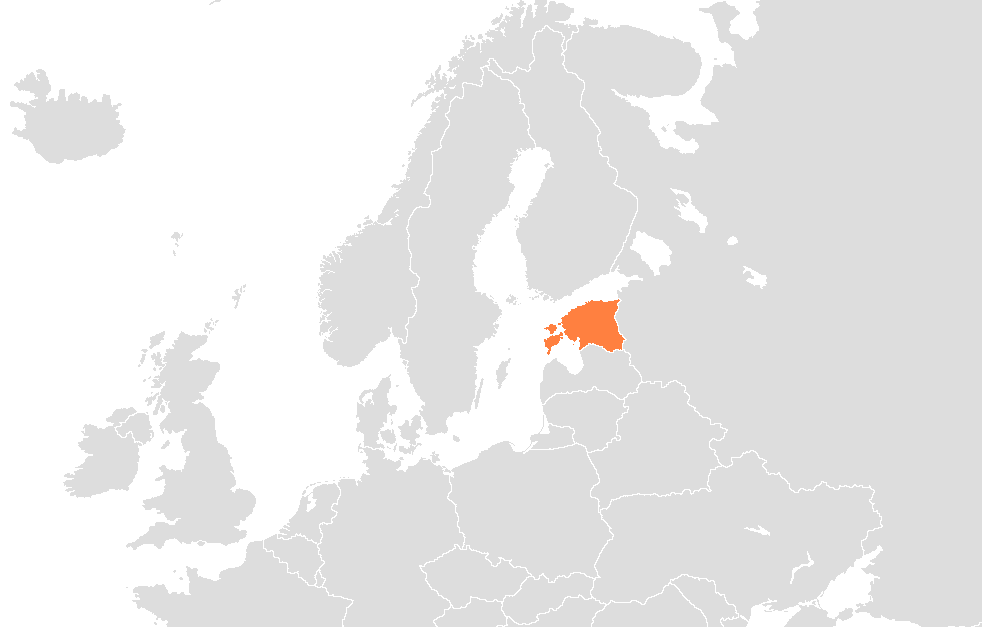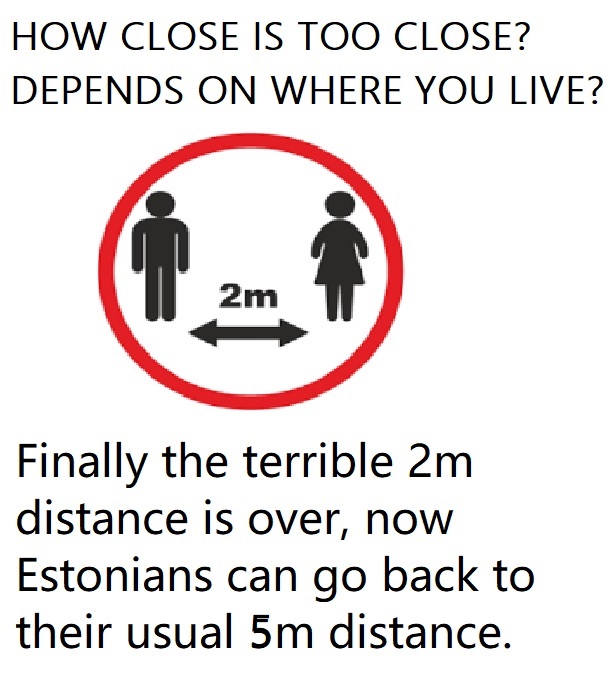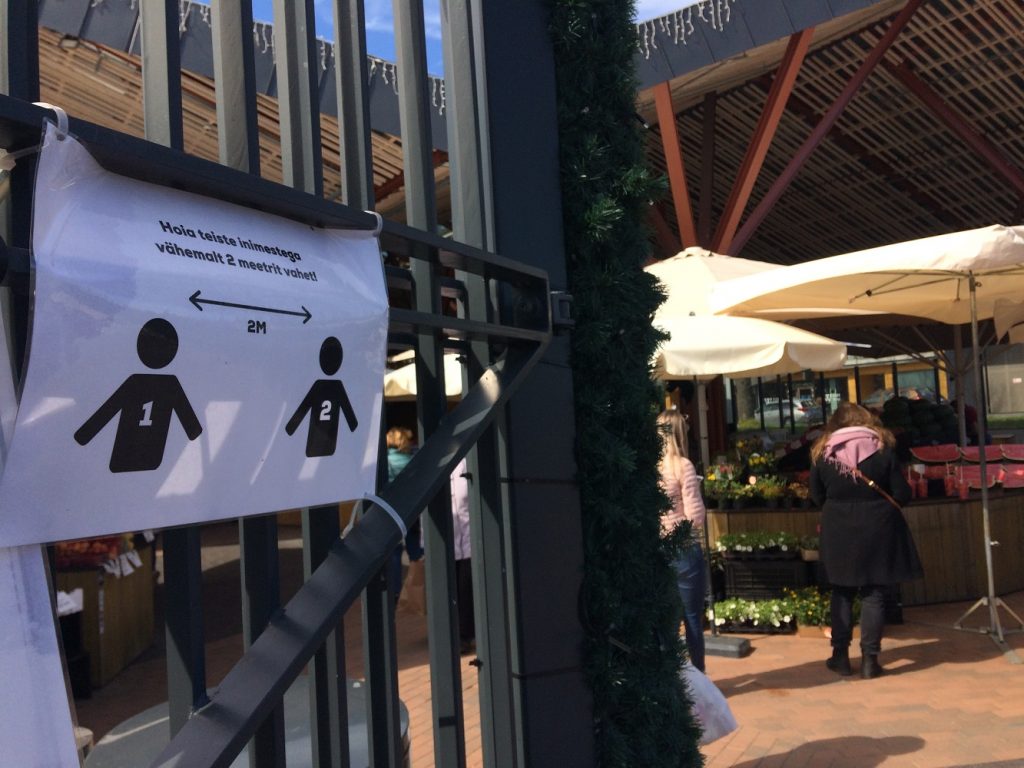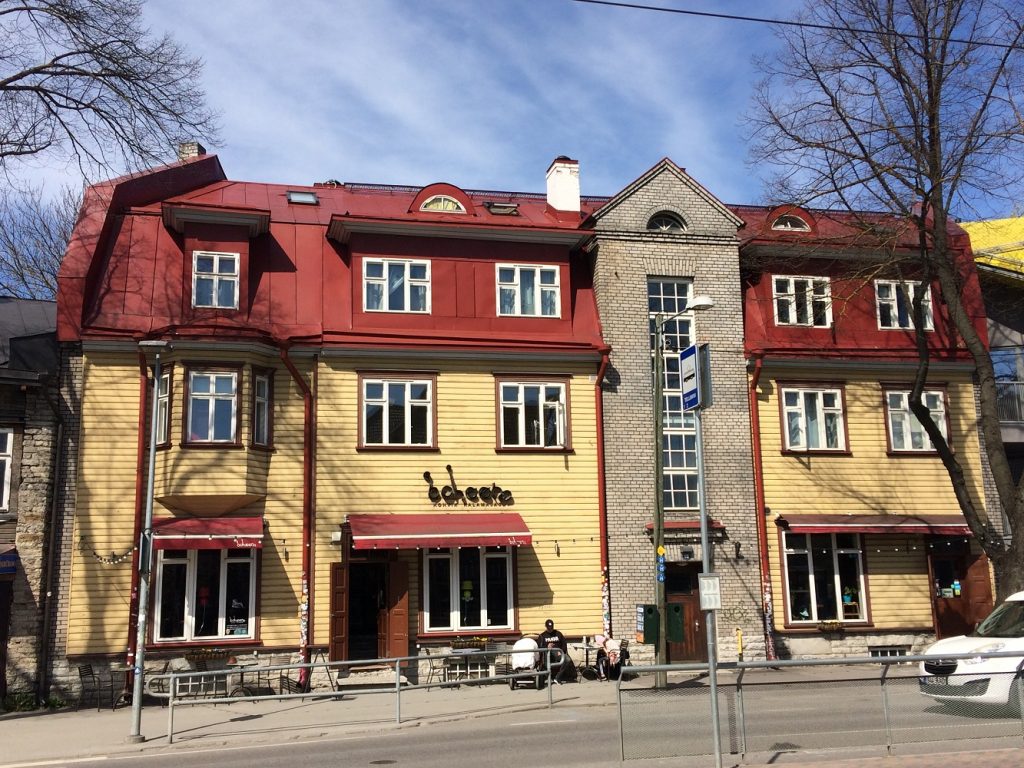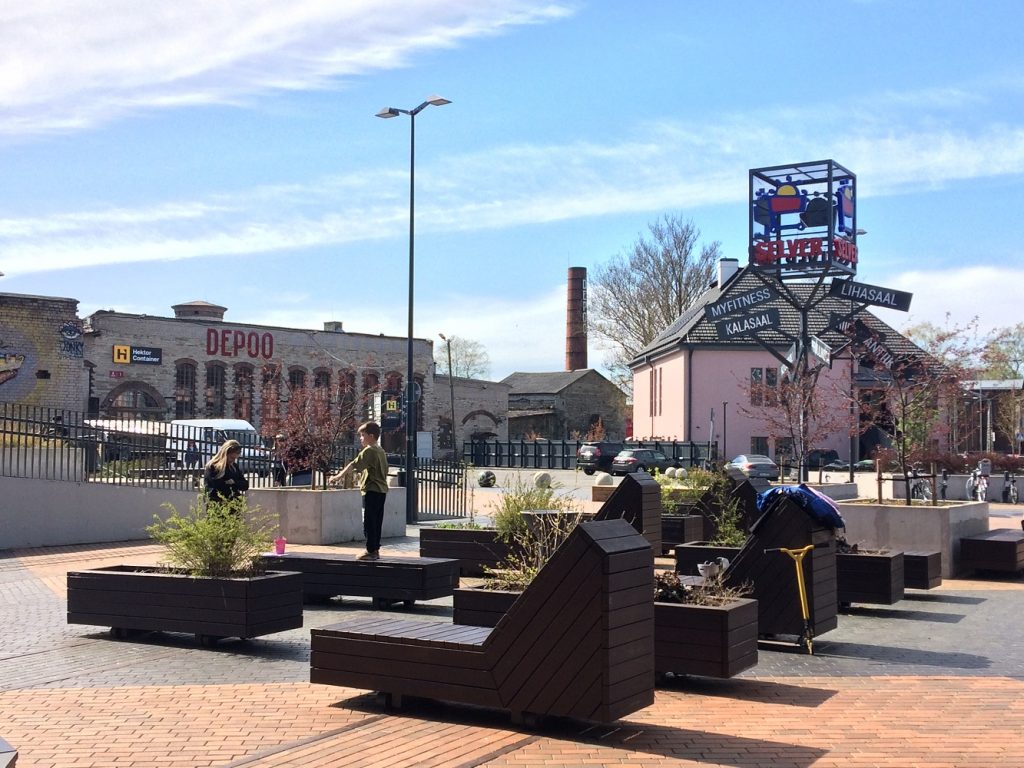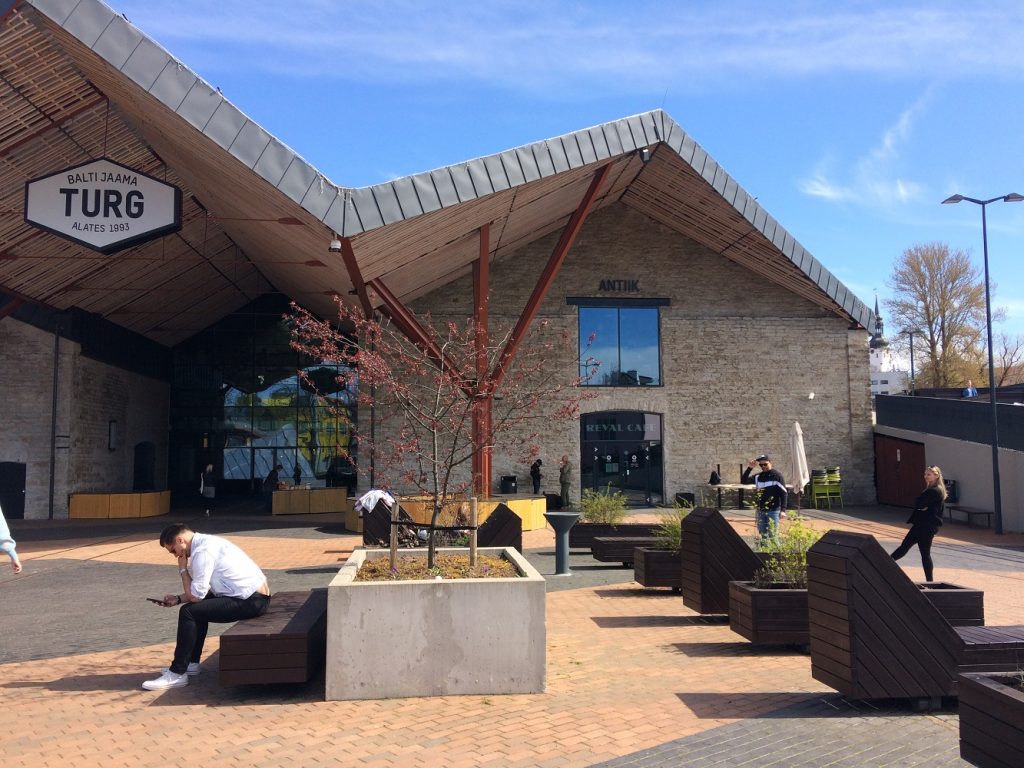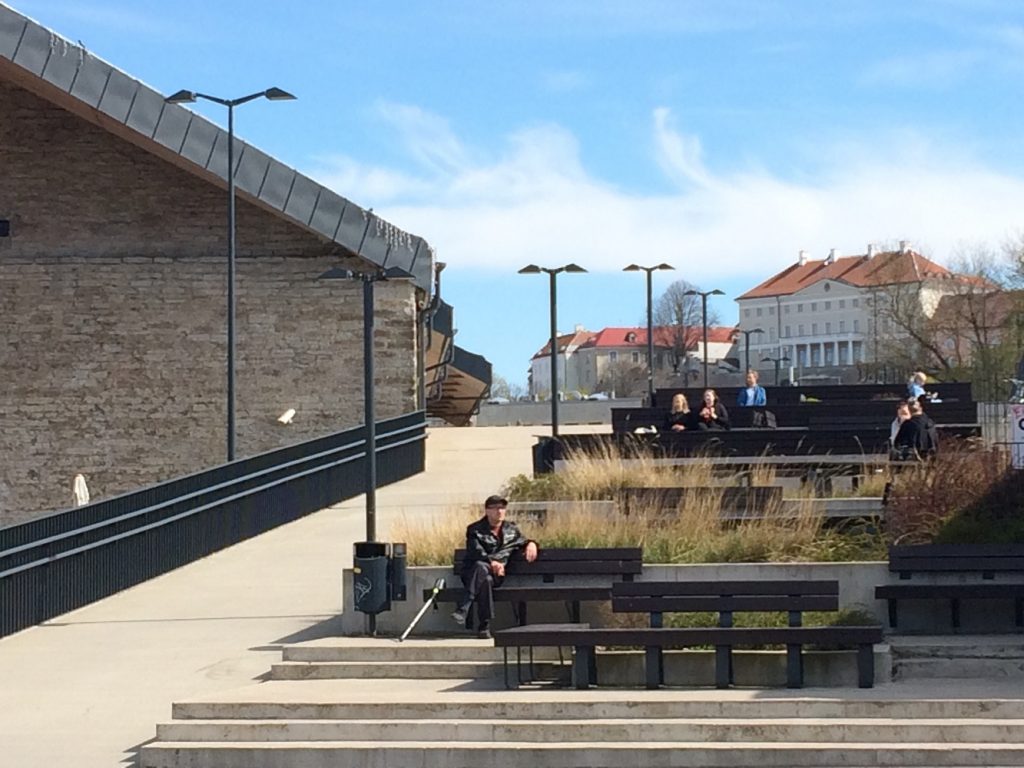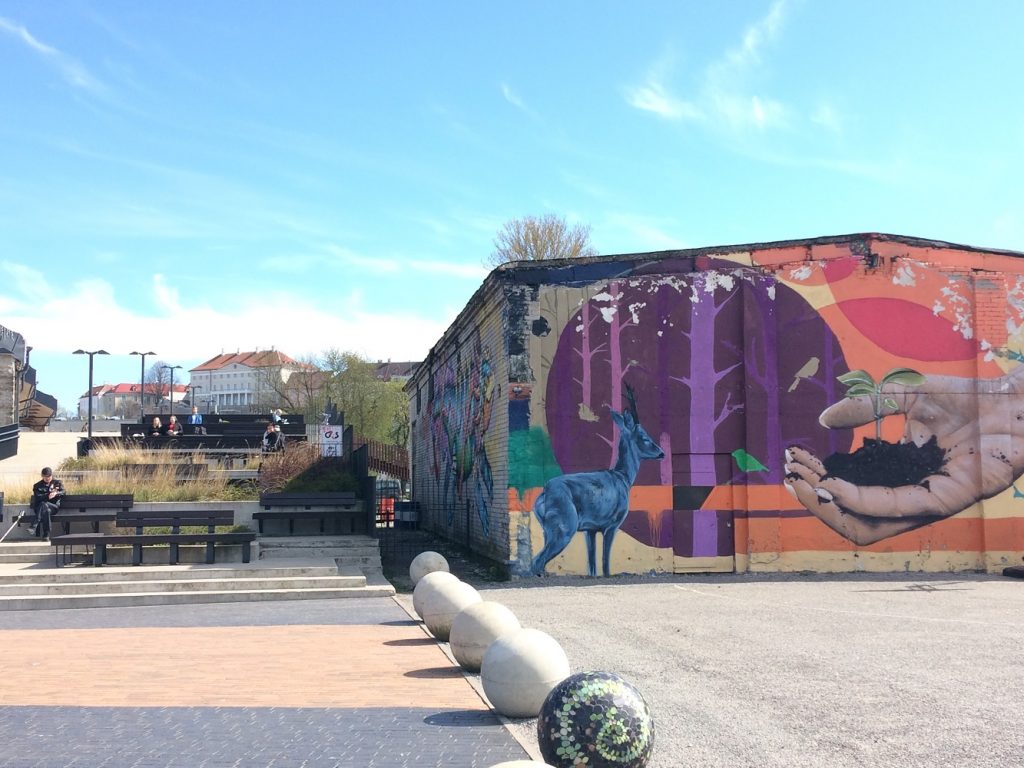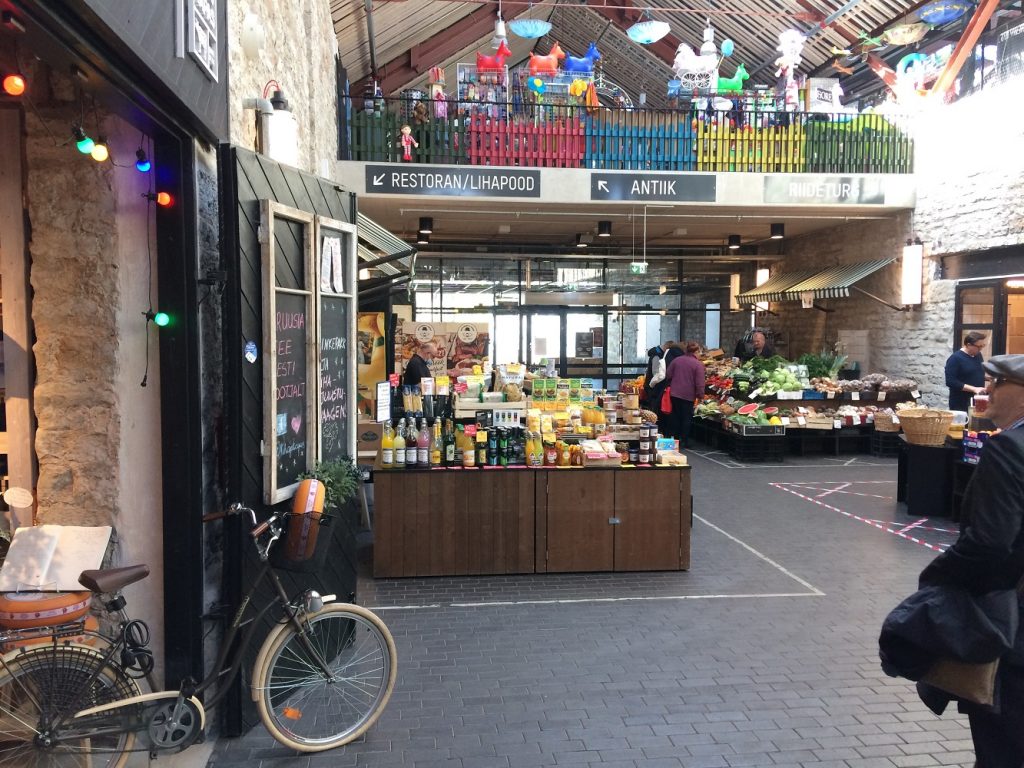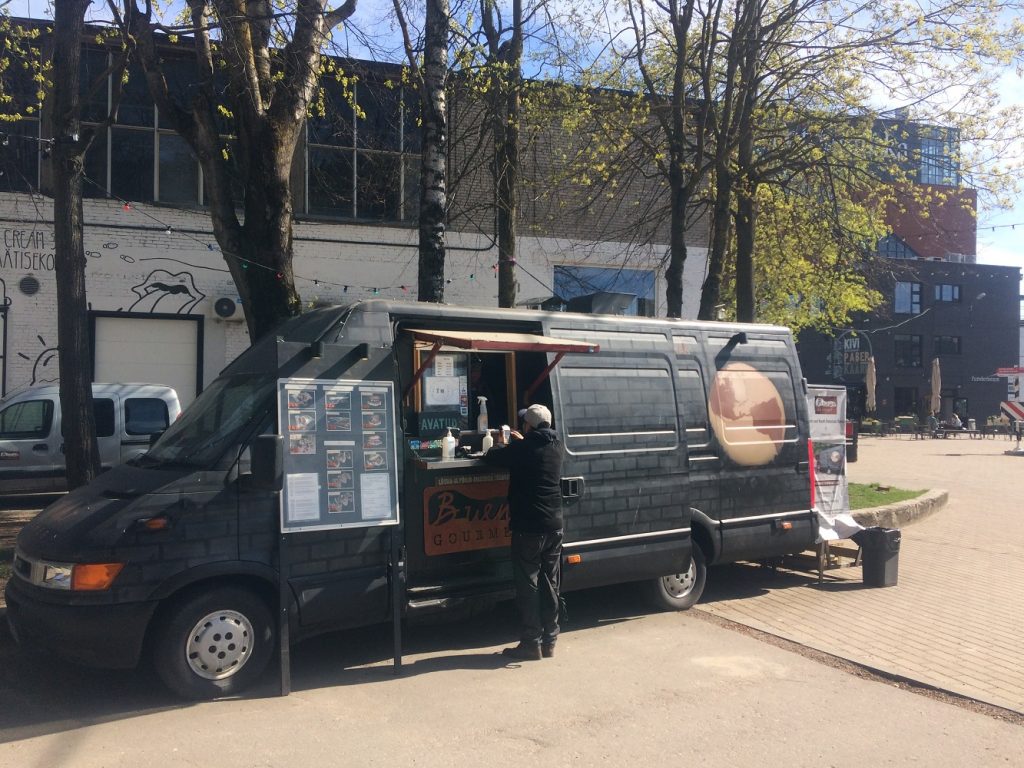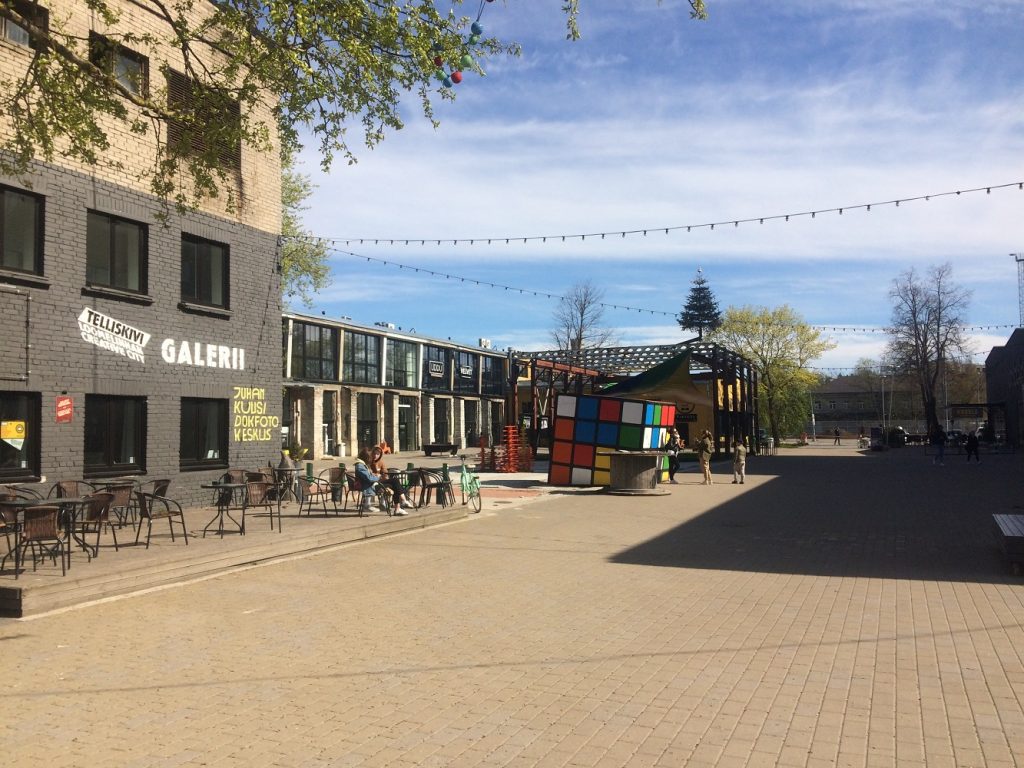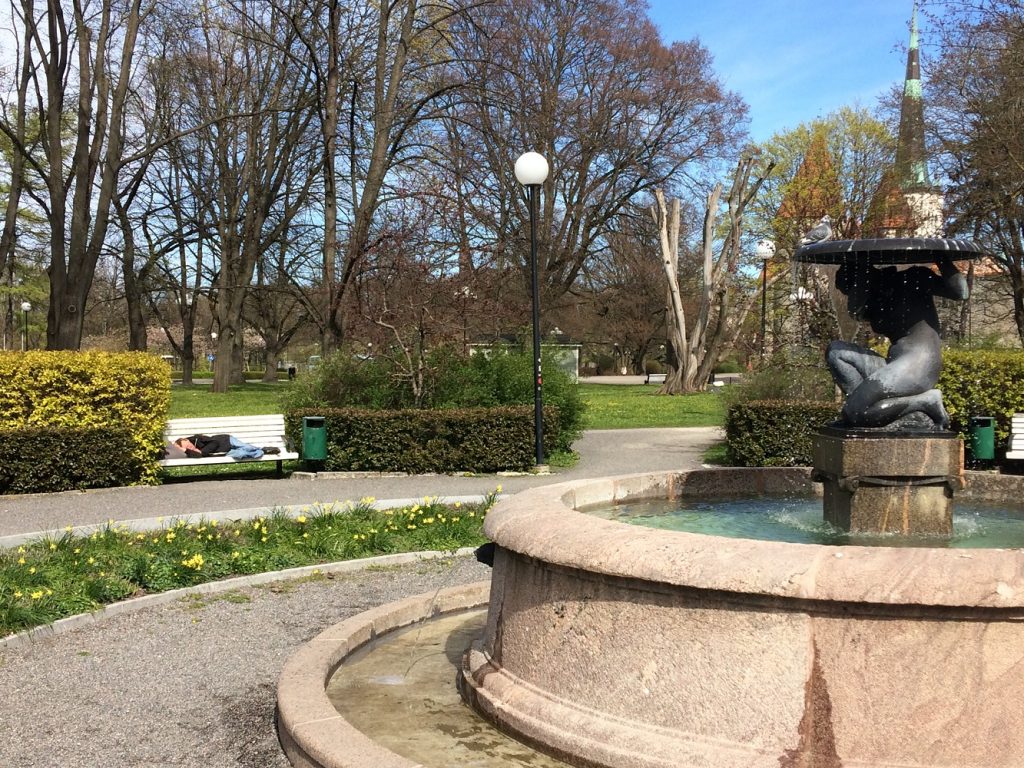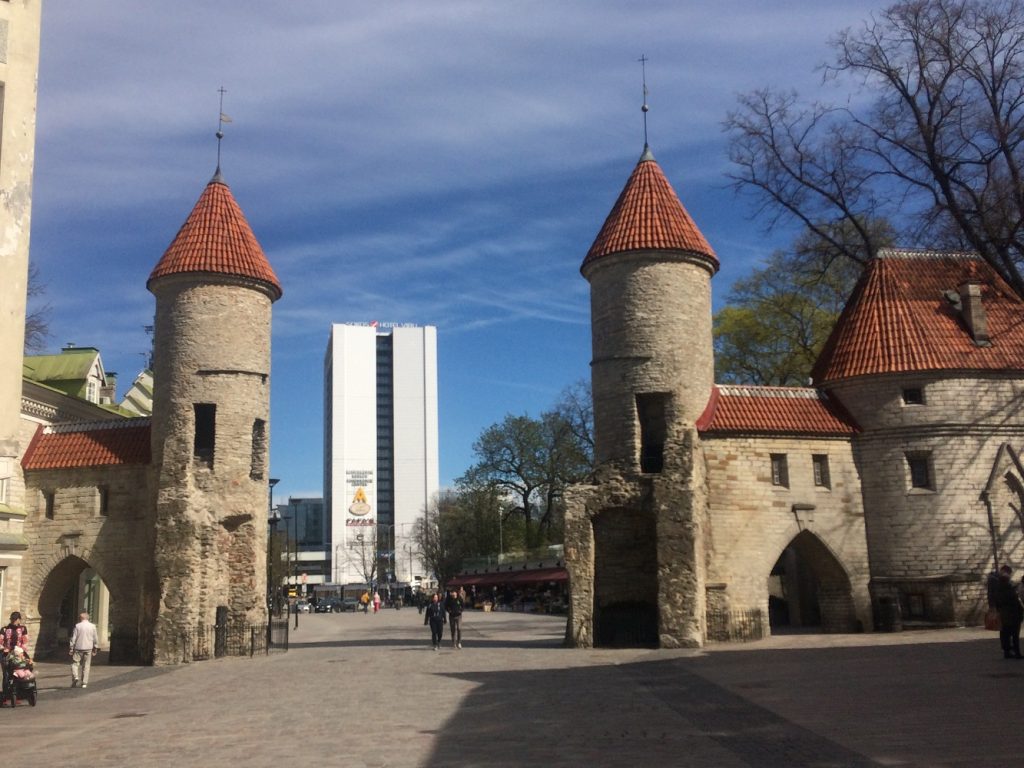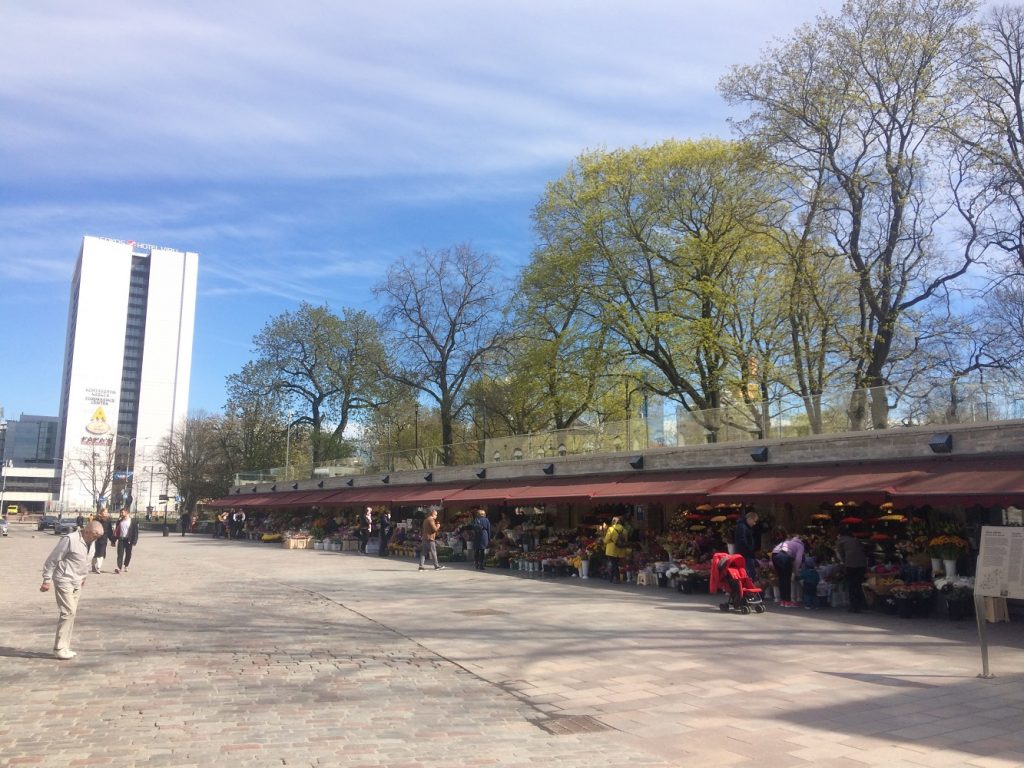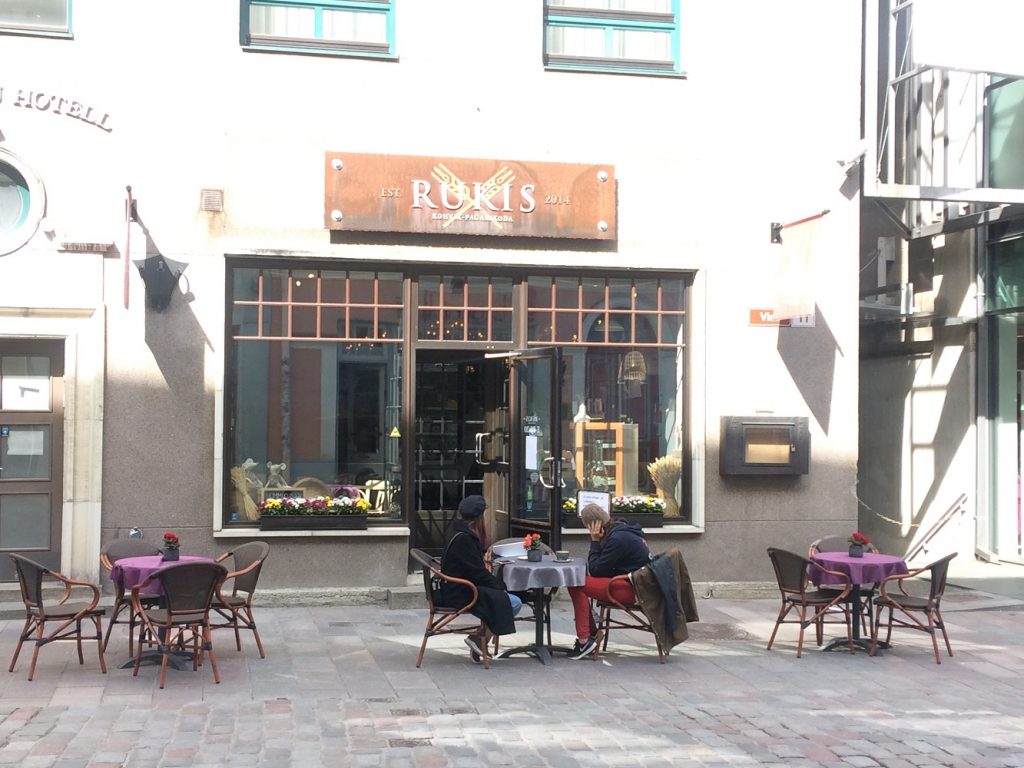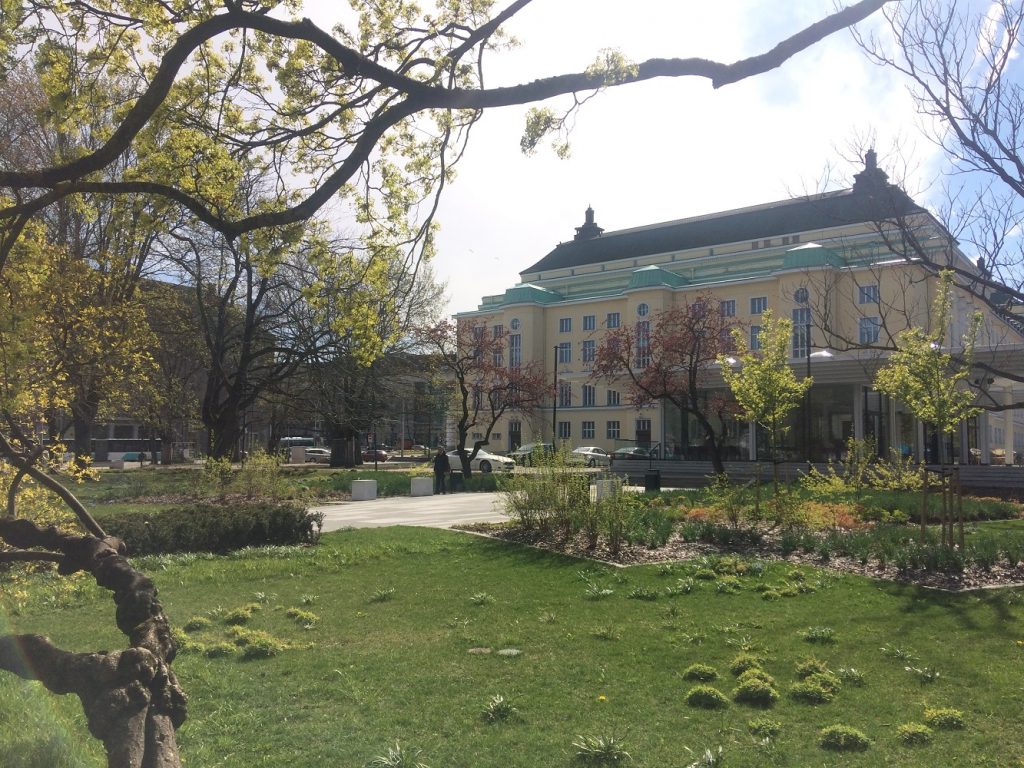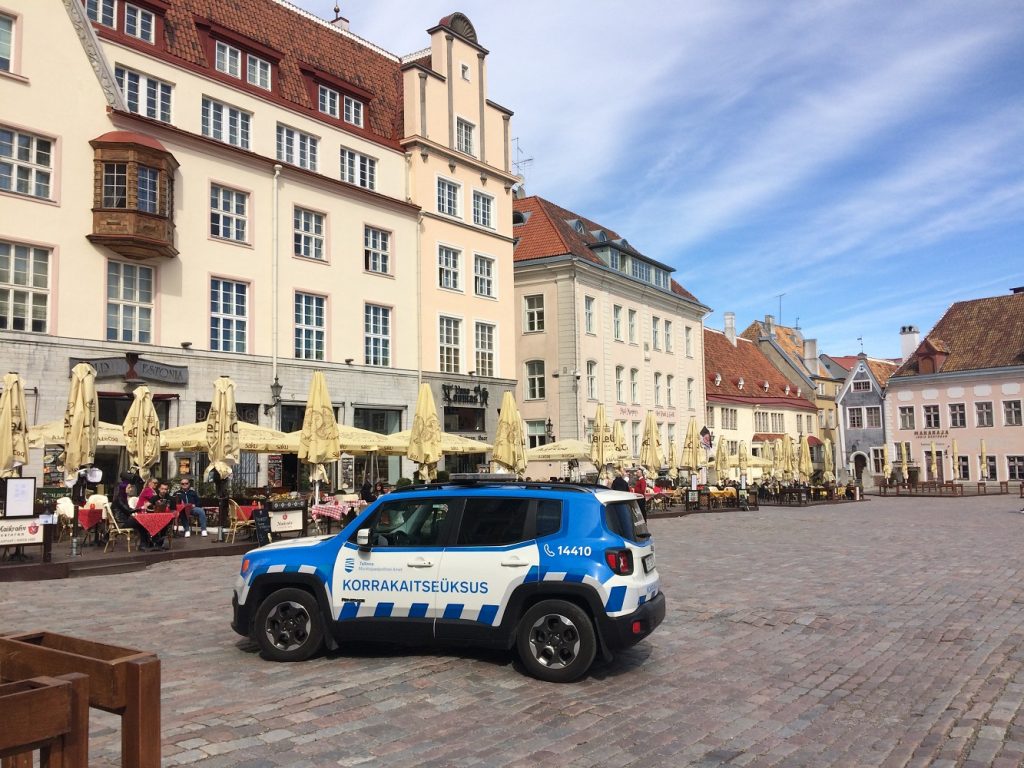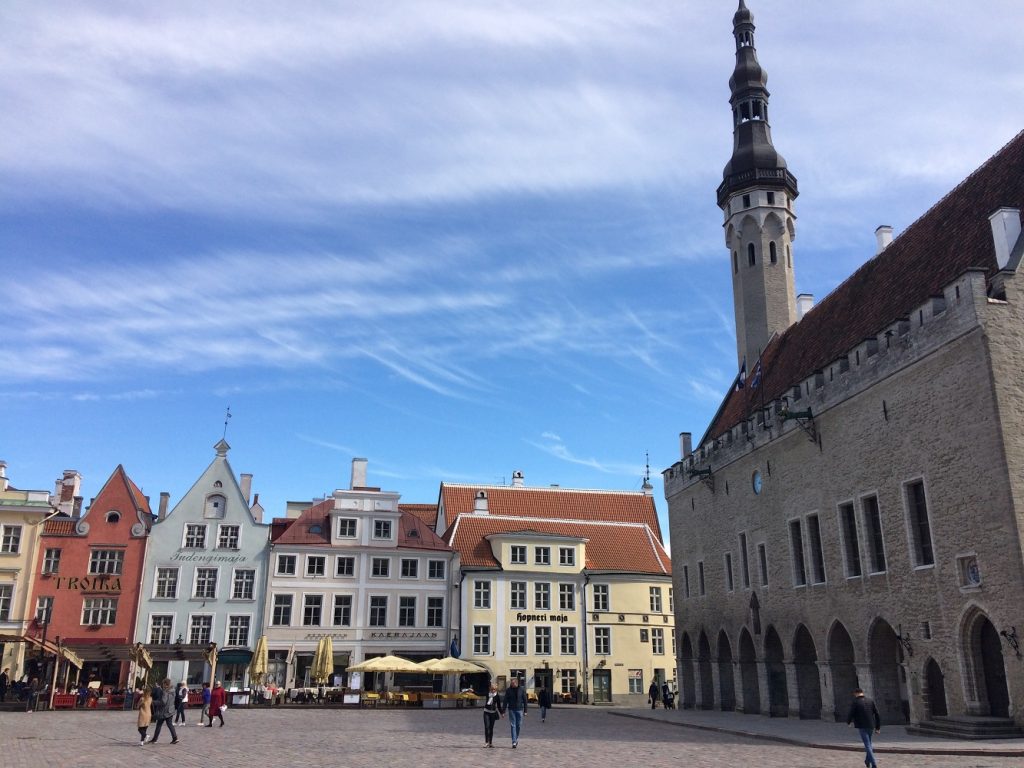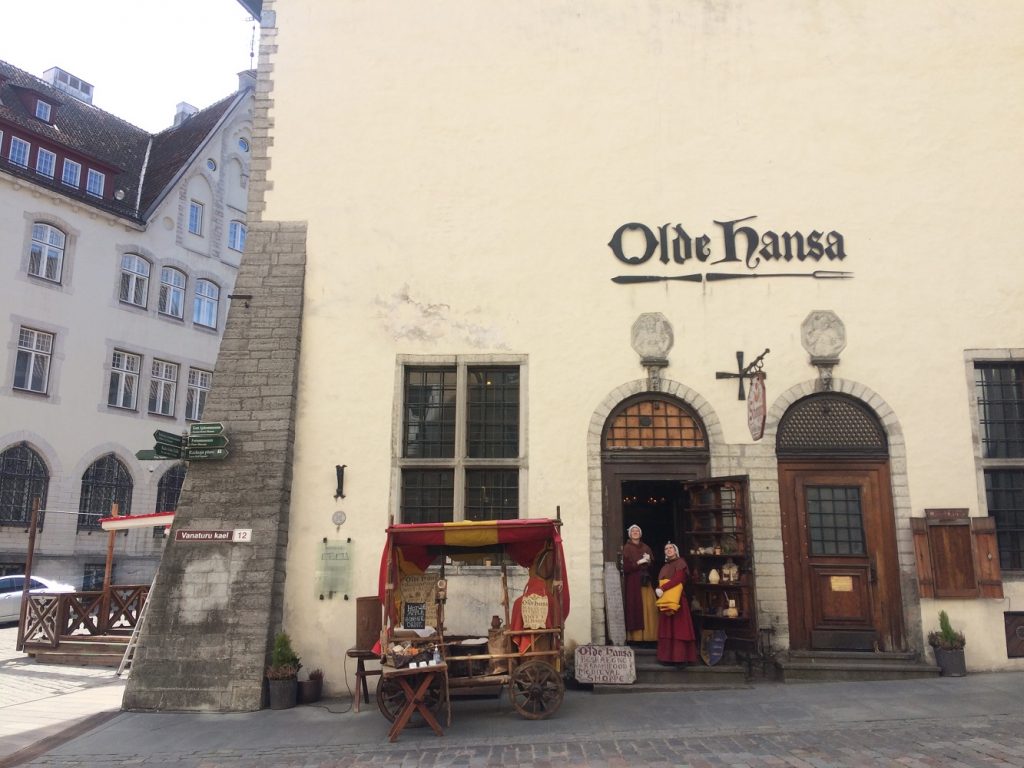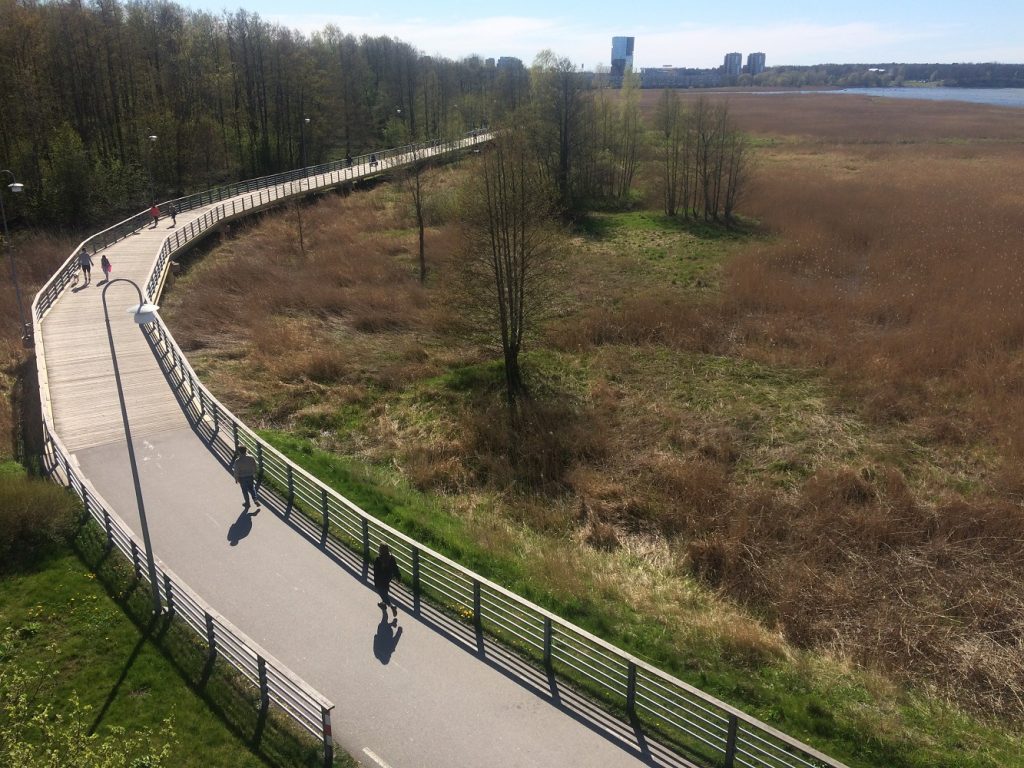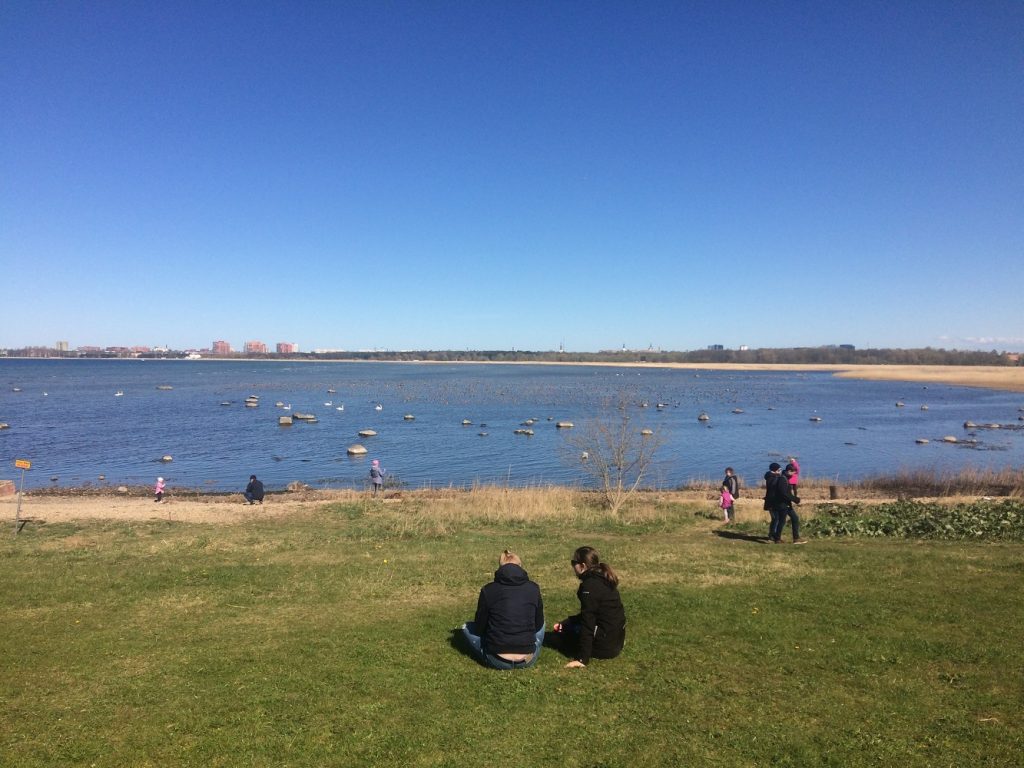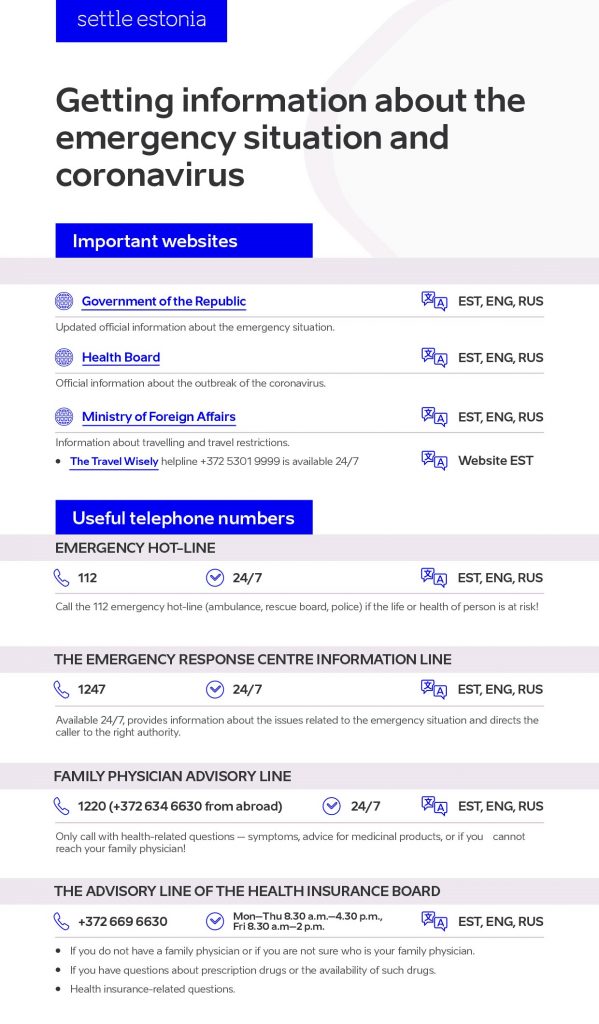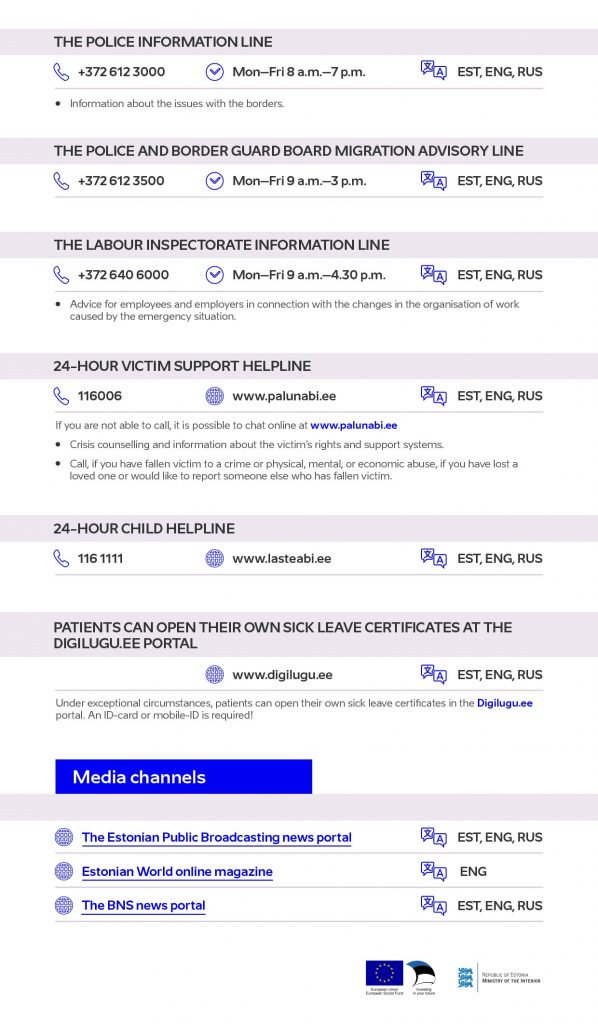As the coronavirus hits Estonia, Estonian World informs you on the latest developments in the country and brings you some of the local as well as international opinions on the matter.
31 May 2020 – This blog has now concluded
As the emergency situation in Estonia is over and life is starting to return to normal, Estonian World is concluding its coronavirus blog. Should the need arise, we’ll restart blogging on the coronavirus crisis at a later date.
You can also check out or April and March blogs.
31 May 2020 – 1,869 coronavirus cases in Estonia
As of today, there are 1,869 confirmed cases of the coronavirus disease (COVID-19) in Estonia, according to the country’s Health Board (83,000 tests have been conducted so far); 25 people are hospitalised; 68 people have died; 334 previously hospitalised patients have recovered. The Estonian government declared an emergency situation on 12 March and closed its borders on 17 March. Estonia ended the emergency at midnight 17 May, but keeps some restrictions in effect.
The virus is transmitted from person to person through droplet spread. The incubation period of the virus is about two to 14 days, with an average of five days. It is not yet known exactly how effectively the virus spreads and how long the contagious period lasts. The symptoms are flu-like: fever 38°C (100.4°F), cough, difficulty breathing.
31 May 2020 – Many restrictions to be eased from tomorrow
Many restrictions will be eased and lifted in Estonia starting tomorrow, 1 June. Public events, including attending the movies, going to the theatre, attending concerts, fairs and festivals will again be allowed, provided people adhere to the 2+2 rule and the event organisers have provided disinfectants. Visiting hospitals, nursing homes and shelters will also be allowed; however, the visitor must present a heath declaration and meetings will be arranged either outside or in special rooms, when possible.
People can also exercise outside, organise sporting or exercising events – provided the number of the participants will be below 100. Saunas, spas and water parks will open, but the venues must ensure that people would be apart and only half of the space is filled. That rule will also be applied to playground, playrooms, pool and bowling venues and shopping malls.
31 May 2020 – Beer at the Tallinn Town Hall Square the cheapest in a decade
According to the Estonian business newspaper, Äripäev, the price of a half a litre mug of beer at the Tallinn Town Hall Square is the lowest in a decade. In the summer of 2011, a half a litre mug (a little less than the imperial pint; a little more than the American pint) cost €4.90; today, the price of the same mug is €3.90. Last summer, the mug cost as much as €9.
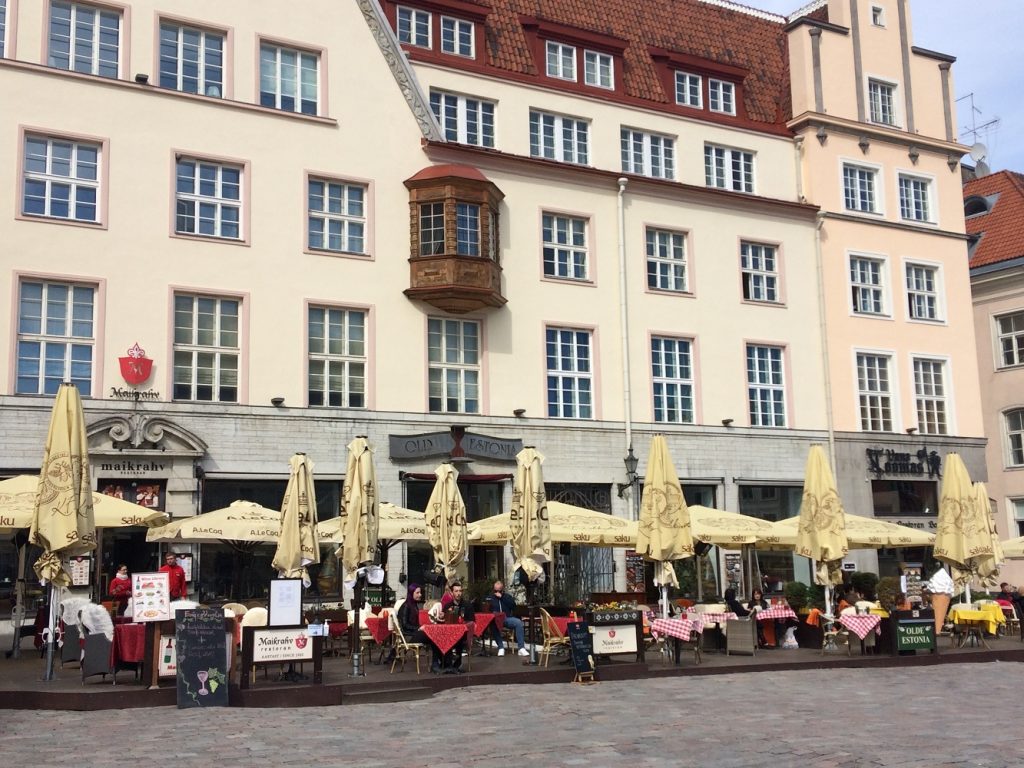
31 May 2020 – In distance but not apart: the case of COVID-19 crisis management in youth field in Estonia
On 18 May, the emergency situation declared in Estonia due to the spread of coronavirus, came to an end. As the restrictions ease gradually, all organisations in the fields of youth – youth centres, hobby schools, offices of youth organisations and sport facilities – are allowed to operate again under special conditions. Ülly Enn, a youth field enthusiast and expert, highlights the approaches undertaken to help young people in Estonia during the coronavirus crisis.

31 May 2020 – Estonians have started to vaccinate more during the coronavirus pandemic
The Estonian people have started to vaccinate more during the coronavirus pandemic, according to the country’s Health Board. The chief specialist of the department of epidemics at the board, Irina Filippova told Delfi that people have been calling more about vaccinating their children – many of those who had previously declined to vaccinate them – and are often willing to pay for it out of pocket. Adults have also been enquiring more about getting their own vaccinations.
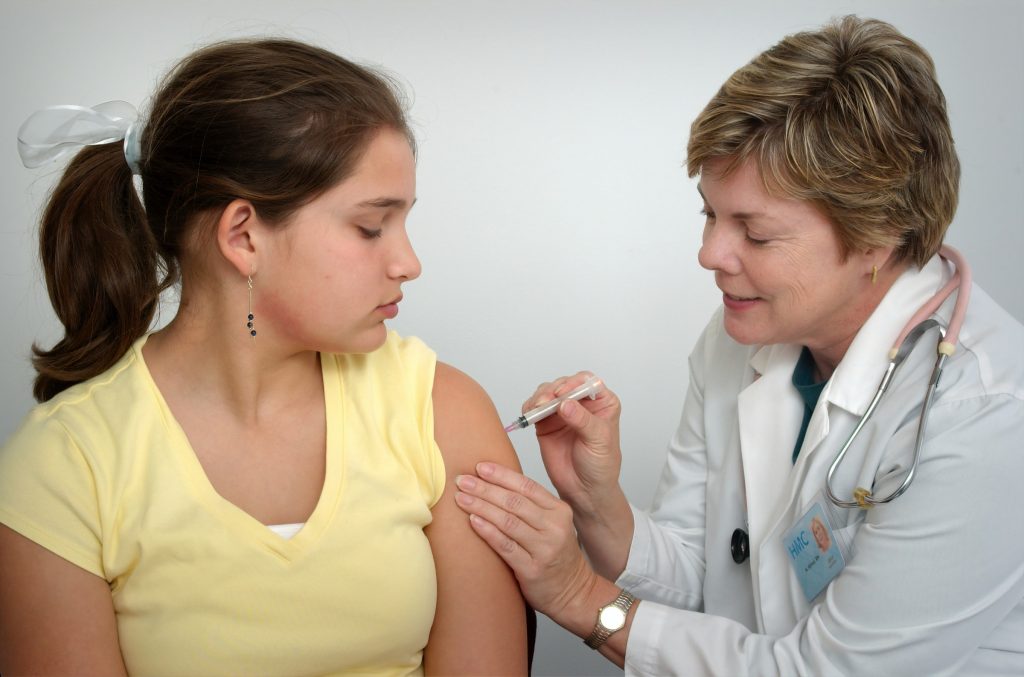
31 May 2020 – Over six million people around the world have been infected
Over six million people around the world have been diagnosed with the novel coronavirus, most of these in the United States – 1,769,776. Brazil comes second with almost half a million infections and Russia third with almost 400,000. The United Kingdom is fourth (and first in Europe) with over 214,000 people diagnosed.
The US is also first in the coronavirus deaths – almost 104,000 people have succumbed to the virus. Most of these have perished in New York state – close to 30,000. The United Kingdom with over 38,000 deaths is second in the world and first in Europe. The UK is followed by Italy with over 33,000 deaths.
When we look at per capita deaths, then the small European nation of San Marino has lost 1,238 people per one million, Belgium 816 and Andorra 660. Spain’s tally is 580 deaths per one million and the UK’s 566.
30 May 2020 – Estonia to open its borders to passengers arriving from 24 countries without the quarantine requirement
Estonia is on 1 June opening its borders to the passengers arriving from European countries – the country will admit people with no coronavirus symptoms arriving from the European Union, the Schengen area and the United Kingdom; asymptomatic passengers arriving from 24 European countries will not need to stay in quarantine.
According to the Estonian government’s decision on 29 May, passengers can come to Estonia without having to remain in quarantine from Austria, Bulgaria, the Netherlands, Croatia, Iceland, Italy, Greece, Cyprus, Lithuania, Liechtenstein, Luxembourg, Latvia, Norway, Poland, France, Romania, Germany, Slovakia, Slovenia, Switzerland, Finland, Denmark, the Czech Republic and Hungary, if they have spent at least 14 days in any of these countries before coming to Estonia.
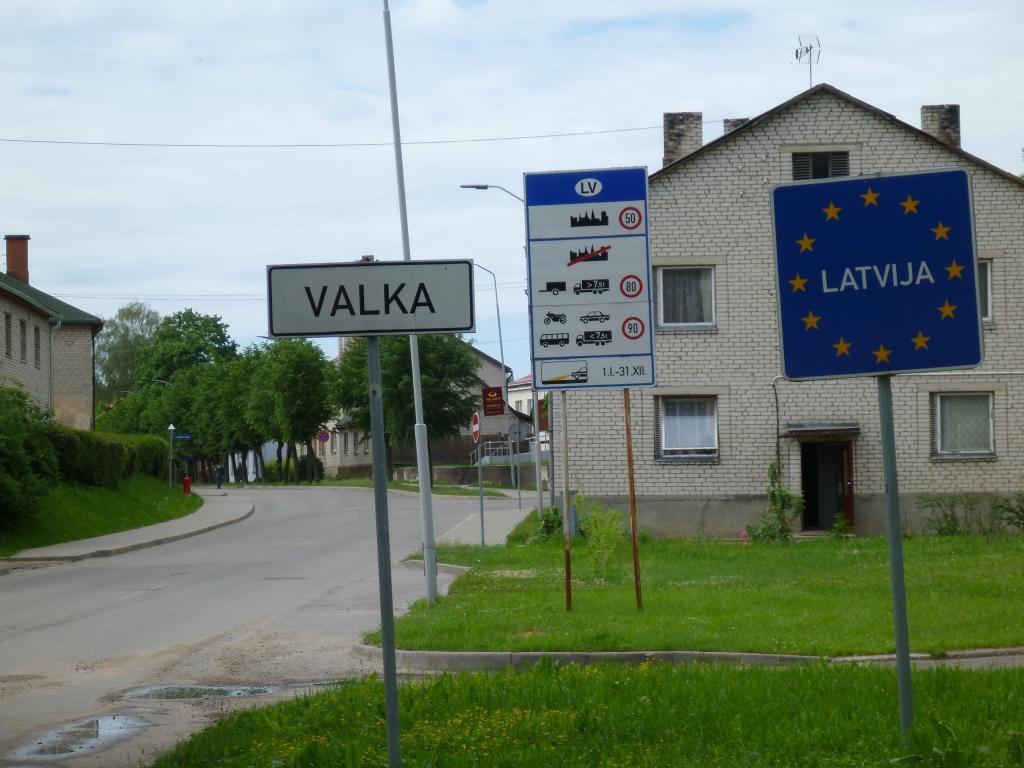
30 May 2020 – Around ten Estonians trapped in India
Around ten Estonian citizens are still trapped in India, but the Estonian foreign ministry can’t financially help them even though the tickets back to Europe may cost astronomical amounts of money. Tallinner Vadim Strutchenko told Delfi that people were running out of money and can’t find flights back to Estonia; they wrote to the Estonian embassy in New Delhi but received no realistic help nor clarity.
The Estonian foreign ministry said that they’ve been in touch with all Estonians who need help in India. “We’ve offered everyone the use of special flights, arranged by the embassies of the European Union member states, but some people have declined to take them,” the ministry said. Right now, the Dutch flag carrier, KLM, is operating flights between Mumbai and Amsterdam. However, the ticket to these flights costs €2,450 per person and the trapped Estonians don’t have this kind of money.
The foreign ministry recommends people contact their close ones who could support them. “If you can’t collect the necessary amount of money, you can contact the local municipality in Estonia and ask for help. The foreign ministry doesn’t finance spending time abroad, we lack a legislative basis for that.”

30 May 2020 – Journalist: police officers don’t care about the 2+2 rule
An Estonian journalist, Priit Hõbemägi, said in a radio programme today that the Estonian police officers seem to be completely oblivious to the 2+2 rule (parties of two, two metres apart from other parties) as when they’re doing a raid to catch drunk drivers, they come too close to people’s cars and stick the breathalyser in people’s faces. Hõbemägi said that when he told the officer that he was too close to him, according to the 2+2 rule, the officer was surprised and answered, “The emergency situation is over.”
He noted that he could have easily been infected with the coronavirus if someone the officer had previously checked had, for example, sneezed on his hand. When Hõbemägi asked the officers, why aren’t they wearing a mask and gloves, they responded with “why should they” and told the journalist to go through an additional sobriety check.
29 May 2020 – Estonia waives quarantine for citizens of 22 countries
Estonia is on 1 June opening its borders to the Schengen free movement area, the United Kingdom and Ireland; yesterday, the government announced the citizens of 16 countries will not be subjected to the 14-day quarantine and today, it updated the list to include 22 countries.
According to the government’s decision on 29 May, the citizens of these countries will not be subjected to the 14-day quarantine: Austria, Bulgaria, the Netherlands, Croatia, Iceland, Italy, Greece, Cyprus, Lithuania, Luxembourg, Latvia, Norway, Poland, France, Romania, Germany, Slovakia, Slovenia, Finland, Denmark, the Czech Republic and Hungary. The precondition is that the people coming from these countries have spent the last 14 days there.
29 May 2020 – Estonian parcel robot manufacturer Cleveron posts a loss of €3 million, lays off 50 people
The Estonian manufacturer of parcel robots, Cleveron, told its shareholders today that due to the coronavirus crisis, the company will suffer a loss of €3 million in the first half of 2020, its revenues have declined by 87% and it will lay off 50 people. Last year, the company was ranked eighth in the Technology Fast 50 Central Europe competition with the growth of its sales revenue by 1,799% over the period of 2015-2018. Cleveron is mostly known for its pick-up towers installed in some Walmart stores across the United States.

29 May 2020 – The government wants the Health Board to use antibody tests, the board doesn’t see the need
The Estonian government is pressuring the country’s Health Board to allow the inaccurate coronavirus antibody tests to the retail market, the board doesn’t see the need nor the authority to do so. According to Postimees, the most forceful in pressuring the Health Board has been foreign minister Urmas Reinsalu, according to whom the Health Board’s claim that there are no trustworthy antibody tests available isn’t true. The Health Board also says it doesn’t have the authority to allow these antibody tests into the retail market as the issue is in the hands of the European Union.
29 May 2020 – Estonian doctor: sooner or later we all have to go through the virus
The chief of medicine at the Kuressaare hospital, Edward Laane, said in an interview with the Estonian daily, Eesti Päevaleht, that it’s very probable that we all have to, sooner or later, go through the novel coronavirus, and at the end, we will be saved by herd immunity. “The Swedish example is very interesting. They think that we can’t uproot the virus and have to learn to live with it. I think so, too. Who gets sick, has to go through it. Some have a natural immunity, some suffer very badly,” he told the newspaper.
The doctor also said that herd immunity will take time to develop – the question is, how much time. Answering a question about herd immunity and the reasonability of the 2+2 rule once we’ve reached it, Laane noted that it wouldn’t be pointless. “It means we have to be careful. If we’re not careful, the infection spread will be faster.”
“The thing with the coronavirus is, at one point, we will get it. Maybe not this year, maybe not the next, but maybe in three years,” Laane asserted, adding that it’s very probable we all have to go through it.

29 May 2020 – The Bank of Estonia: the crisis has slowed the wage growth
According to the Bank of Estonia, the country’s central bank, a growth in wages continued to slow at the start of this year as the average wage increased by 4.8% over the year. In March, when the labour market was first affected by the coronavirus crisis, the average wage was lower than a year earlier in seven fields of activity out of 19. The decline in wage growth was affected very much by the wholesale and retail sectors, where the full-time equivalent monthly wage was on average 8.7% lower than a year earlier, the central bank said.
“At the same time, the number of full-time equivalent employees in the sector fell by a total of 15%, probably because the workloads and the number of workers were reduced. It is probable, though, that the fall in wages in retail was affected not just by the crisis but also by other factors, as monthly statistics show the monthly wage was already falling in retail in January and February. The coronavirus crisis also affected wages in March in other sectors that were hit harder, such as transportation and storage, and accommodation and catering, but to a lesser degree than retail.”
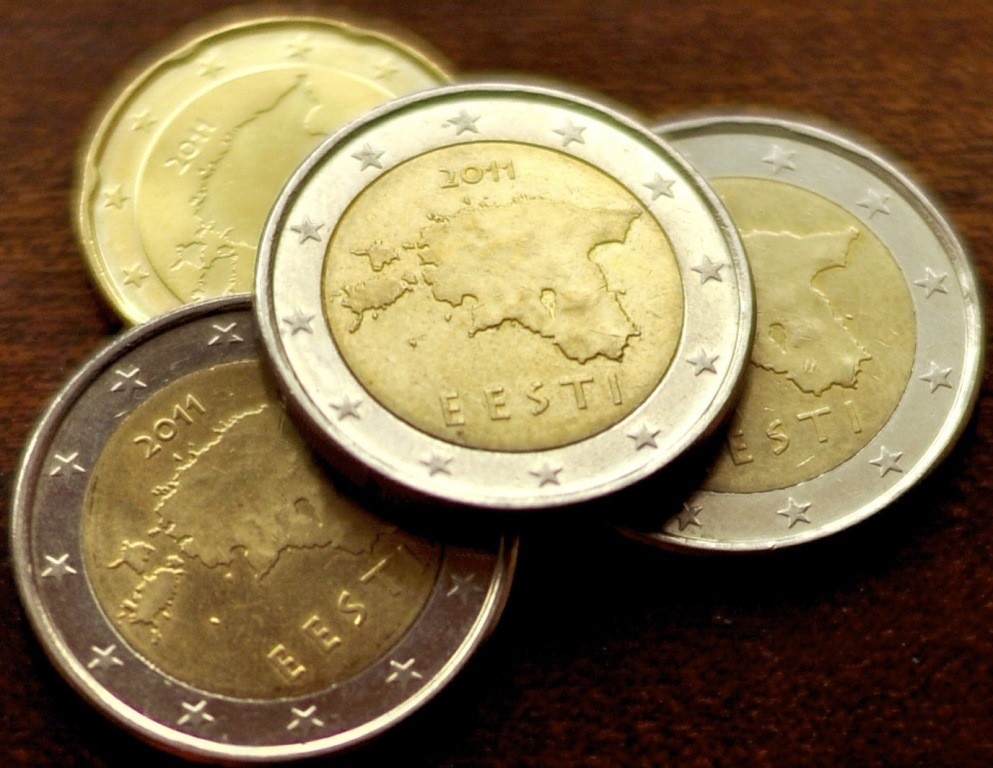
28 May 2020 – Public event attendance limit to be raised to 100
The Estonian government has decided that from 1 June, the attendance limit at public events will be raised from 50 to 100; in the case of an indoor event, the room can be filled at a 50% capacity and the 2+2 rule will be in effect. This is applied to all public events – cinemas, theatres, concerts etc – and meetings, casinos and so on.
28 May 2020 – Estonia to let in the citizens of 16 countries without the quarantine requirement
The Estonian foreign minister, Urmas Reinsalu, today announced that Estonia, Latvia and Lithuania are opening their borders to the Schengen free movement area plus the United Kingdom and Ireland. From 1 June onwards, the citizens of Austria, the Czech Republic, Finland, France, Germany, Greece, Hungary, Iceland, Latvia, Liechtenstein, Lithuania, Norway, Poland, Slovakia, Slovenia and Switzerland can enter Estonia without the requirement of a 14-day quarantine.
The citizens of these countries where there are more coronavirus cases – Sweden, the United Kingdom, Belgium, Ireland, Portugal, Malta, Luxembourg, Italy, Spain, the Netherlands and Denmark – can also enter Estonia, but they will be subjected to the 14-day quarantine. The opening of Estonia’s borders does not mean the Estonian citizens and residents can travel to these countries as of yet. Reinsalu said, however, that this may change soon as all European countries are contemplating opening their borders.
28 May 2020 – Many Tallinn bars and pubs close due to the coronavirus crisis
Many Tallinn bars and pubs have closed their doors due to the coronavirus crisis, among them the oldest continuously operating pub in the city, the legendary Karja Kelder. According to an article in the weekly newspaper, Eesti Ekspress, the owners of Karja Kelder asked for a furlough on their rent payments, but didn’t get it and were threatened with a lawsuit. Karja Kelder had operated in Tallinn for half a century.
Other venues that have closed or will be closing are wine bar Paar Veini; brasserie restaurant Tabac; pub Red Emperor (closed until reopening) that is, according to the newspaper, a favorite of many foreigners in Tallinn; the legendary rock bar, Woodstock; restaurant Juur at Ülemiste City business campus; and restaurant Ribe, although many of its workers will continue with new owners.

28 May 2020 – Finland recommends people refrain from travelling – even domestically
The Finnish government is recommending people refrain from travelling, both internationally and domestically. “This is something the government has to rule on, but at the moment, we strongly recommend that people refrain from travelling even domestically,” the secretary-general of the Finnish social ministry said. “We also strongly recommend people would refrain from travelling abroad unless they it’s an emergency.”
27 May 2020 – FM: Schengen citizens can enter Estonia from 15 June
According to the Estonian foreign minister, Urmas Reinsalu, the citizens of the Schengen free movement area will again be allowed into Estonia from 15 June, but unless they have a health certificate proving they’re free of the novel coronavirus, they will still be submitted to a 14-day quarantine. The government is also discussing the option of testing people at Tallinn Airport when they arrive. “They [the tourists] would need to be isolated until the test results come back. When the result is negative, they wouldn’t have to be in quarantine anymore.”
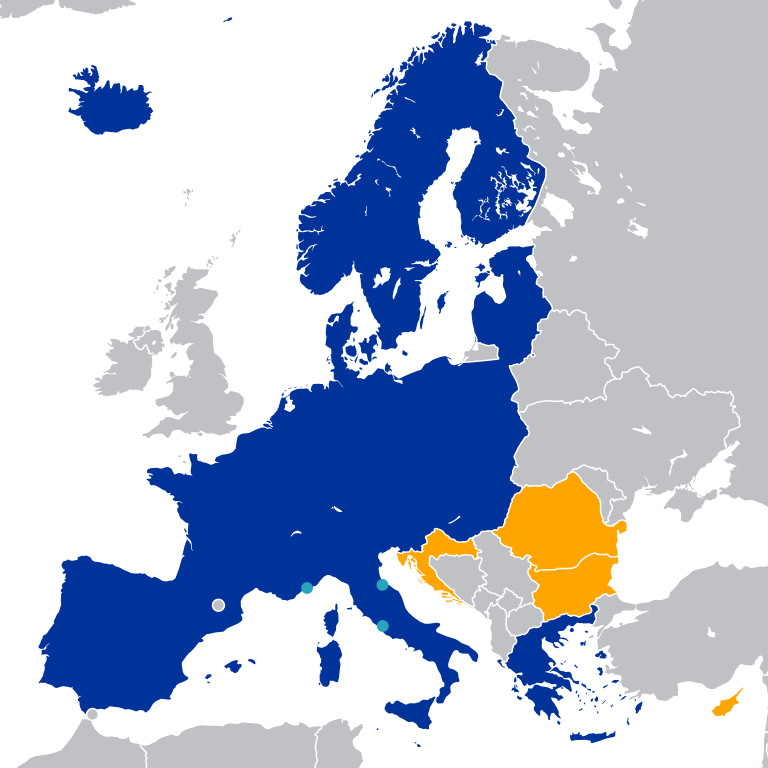
27 May 2020 – Education minister: some school children could go back to school on 15 August
The Estonian education minister, Mailis Reps, told a public broadcasting podcast that some schoolchildren could start the new school year on 15 August, adding that many schools have planned to restart in the middle of August. In this case, the schools could tutor the students who need it and also engage in class trips and other activities that were cancelled in the spring due to the coronavirus crisis. Officially, the school year would still start on 1 September.
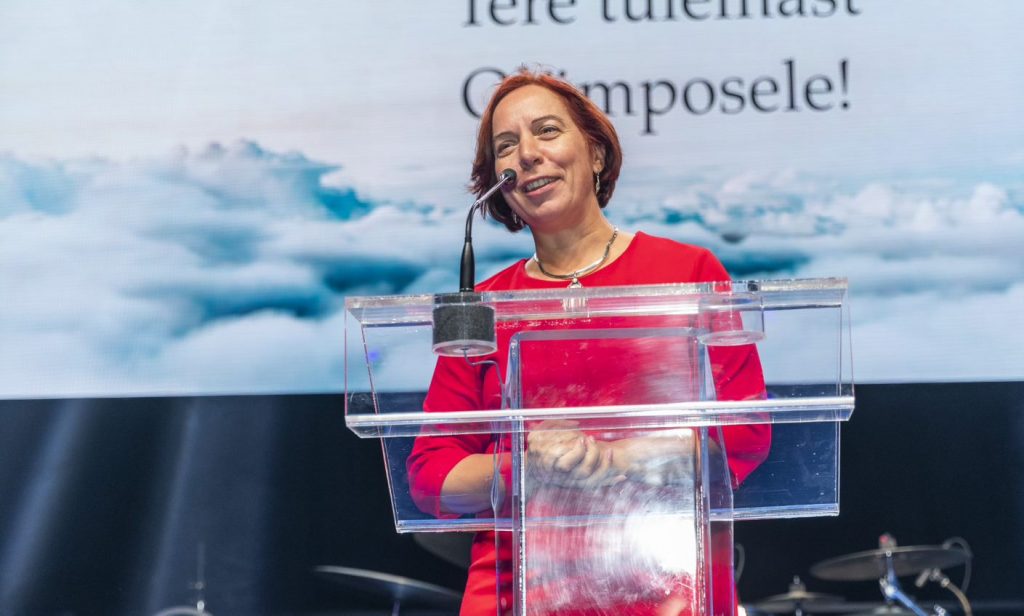
27 May 2020 – Open borders have brought 10 coronavirus cases from Finland to Estonia
Since the easing of the border crossing restrictions between Estonia and Finland on 14 May, 10 coronavirus cases have been brought across the border from Finland to Estonia. From Latvia and Lithuania, that together with Estonia created a “Baltic bubble” of free travel on 15 May, no virus cases have arrived to Estonia, Postimees reported. Three cases have been brought from Sweden and one from the United Arab Emirates.
26 May 2020 – Estonia to borrow €1 billion
Due to the coronavirus emergency, the Estonian government has decided to borrow €1 billion from the international monetary market with a deadline of ten years; the interest rate of the bond emission depends on the market and the demand of the investors. According to the finance minister, Martin Helme, this is Estonia’s first bond emission after 18 years. “If there hadn’t been an emergency situation due to the coronavirus, Estonia wouldn’t have emitted these bonds,” he said.
26 May 2020 – One of the first coronavirus patients in Estonia: It was scary
Estonian World interviewed one of the first patients to have fallen ill with COVID-19 in Estonia; the patient, a Tallinn-based expat, has now recovered and shares his experience.

26 May 2020 – Bolt gets a €100 million investment to help deal with the crisis
The Estonian rideshare startup, Bolt, has found an investor to put €100 million into the company. The investor is Naya Capital, a British investment manager that so far had a small stake in the rideshare company. The investment increases Bolt’s value to €1.7 billion, which is by far the most valuable company in Estonia, Delfi reported. Bolt was declined any help from the Estonian government; however, its revenues have decreased during the crisis by 80%.
“Even though the crisis has temporarily changed how we move, the long-term trends that drive on-demand mobility such as declining personal car ownership and the shift towards greener transportation continue to grow. We are happy to be backed by investors that support our long term view and don’t buy into the mindless spending that’s become so common in Silicon Valley,” Markus Villig, the Bolt’s founder, said in a statement.

26 May 2020 – Finland starts easing its restrictions: restaurants will be able to open next week
Finland is set to start easing its restrictions, from the beginning of June, restaurants and cafés will begin to reopen under special conditions: they can be open from 6 AM to 11 PM and only serve alcohol from 9 AM to 10 PM, and they can operate on a 50% capacity. Open air terraces will be exempt from the 50% capacity rule. The customers have to maintain a distance from each other; however, the Finnish government isn’t going to set a direct measure by how many metres/feet.
26 May 2020 – WHO warns of a “second peak” if countries ease restrictions too soon
The emergencies head at the World Health Organisation, Dr Mike Ryan, warned that the countries that let up too soon on the restrictions to curb the spread of the coronavirus could face an “immediate second peak” of the virus. “When we speak about a second wave, classically what we often mean is there will be a first wave of the disease by itself, and then it recurs months later. And that may be a reality for many countries in a number of months’ time,” Ryan said.
“But we need also to be cognizant of the fact that the disease can jump up at any time. We cannot make assumptions that just because the disease is on the way down now it is going to keep going down and we are get a number of months to get ready for a second wave. We may get a second peak in this wave.” He added that countries in Europe and North America should “continue to put in place the public health and social measures, the surveillance measures, the testing measures and a comprehensive strategy to ensure that we continue on a downwards trajectory and we don’t have an immediate second peak”.
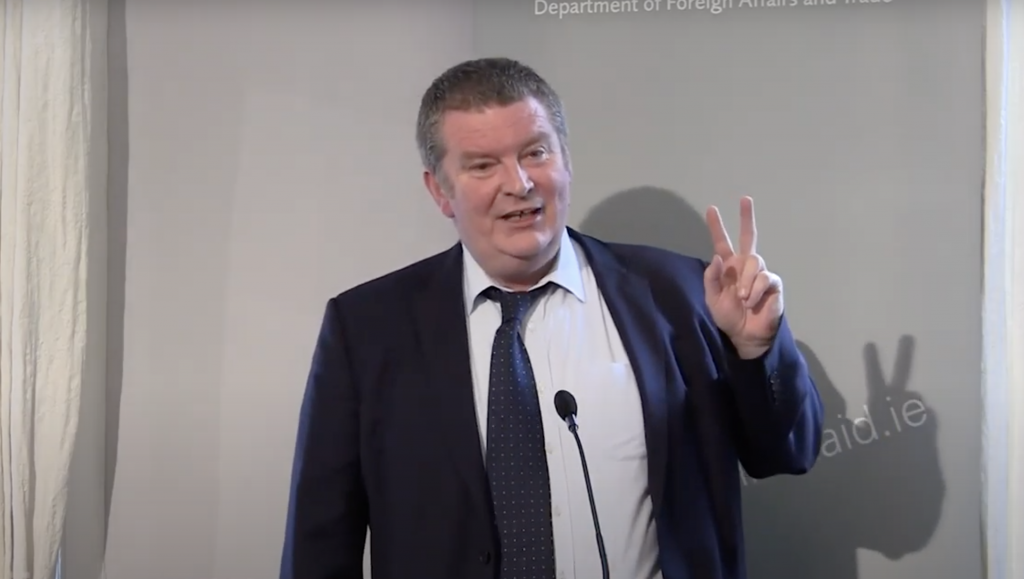
26 May 2020 – Latvia to be more careful than Estonia when opening up
The Latvian minister of health, Ilze Vinkele, told a programme on the public broadcasting yesterday that even though the Baltic states have opened up a mini-Schengen area of free movement, Latvia will be more careful than Estonia when easing its coronavirus restrictions. “The reason for this global crisis is a virus, a disease. There cannot be anything political about it. I’m convinced that in solving this virus crisis, we have to, first and foremost, take into the account the opinions and suggestions of infectiologists and epidemologists, and only after that, the politicians can make their decisions,” Vinkele said.
25 May 2020 – Tallinn Airport to lay off 111 people
Due to the coronavirus crisis, Tallinn Airport is forced to cut costs and, within the coming three months, lay off 111 employees. “We believe we’ll jump back to the 2019 levels – three million passengers – only by the end of 2022,” the airport said in a statement. “From there onwards, we’re predicting a growth in the passenger numbers, but in a short-time perspective, we have to make difficult and painful decisions to guarantee our economic sustainability.” In April this year, the number of passengers served by Tallinn Airport was 99% lower than in April 2019.
25 May 2020 – Expats in Estonia share their verdict on the country’s crisis handling
Estonian World asked several Tallinn-based expats, originally from around the world, how the coronavirus crisis had impacted their lives and how did they rate Estonia’s handling of the emergency situation.

25 May 2020 – Popov: People need to be ready for the virus also in the summer
According to the Estonian government’s chief of emergency medicine, Dr Arkadi Popov, people should be ready for the spread of the coronavirus also in the summer. In the recent days, there have been cases of infection when the infected person didn’t know where they got the virus, Popov told the public broadcasting’s main news programme.
“Even though most contacts can be pretty well surveilled, there are instances when people can get in contact with the virus in a public place,” Popov said. “Especially when people actively move about, socialise, visit malls. And, of course, we have to take into the account that people come from Finland to Estonia and in Finland, the risk of contagion is many times higher than in Estonia.”
24 May 2020 – People are more and more forgetting to socially distance
Since the end of the emergency situation in Estonia and easing some of the restrictions, and also due to a good weather, many people have left their homes and are out and about, and often by large crowds. According to Delfi, when people are experiencing pleasant emotions, they tend to forget the 2+2 rule (only parties of two in public; a two-metre distance with other parties).
“Holding a drink, sip by sip the fear of the coronavirus declines and the people move closer to each other. One example is the Noblessner port where tens of Tallinners were dancing shoulder to shoulder. But this isn’t the only instance: people don’t care about the 2+2 rule across Estonia – in stores, in parks and in entertainment venues,” Delfi describes.
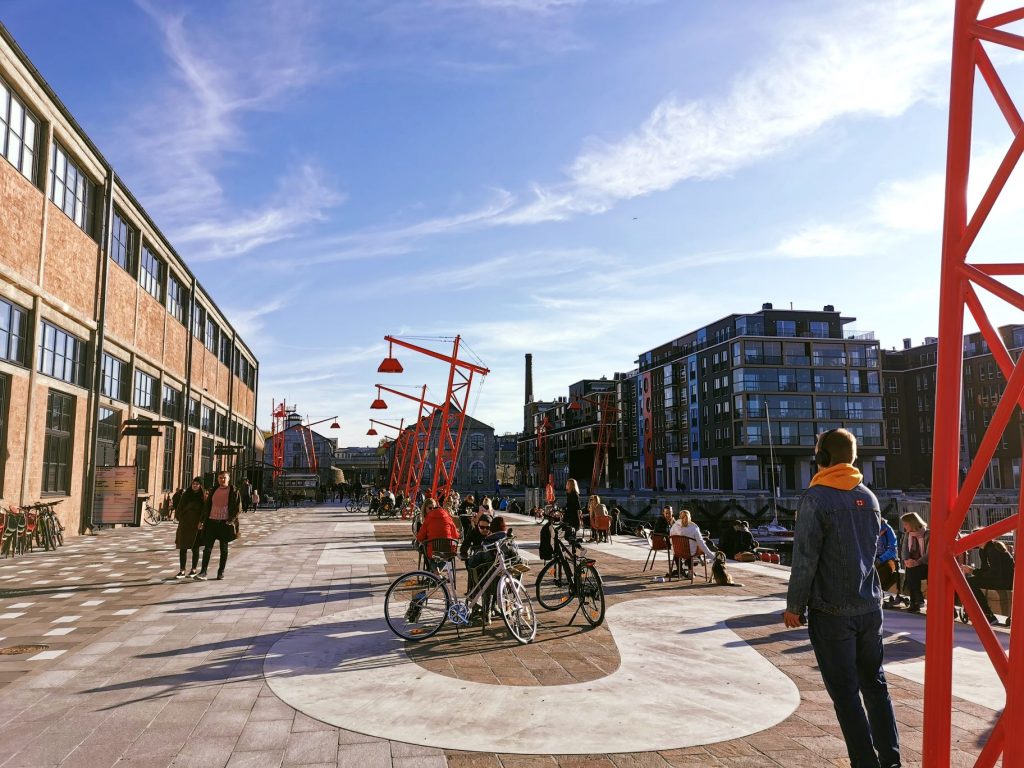
24 May 2020 – Over 5.25 million people have been infected with the virus
As of today, 5.28 million people have been confirmed infected with the novel coronavirus around the world and almost 341,000 have succumbed to the disease. The most of the infected – over 1.6 million – are in the United States, the country where also the most people have died of the virus – almost 97,000. Over two million people have recovered, most in the US – over 361,000. The most per capita cases have occurred in the tiny nation of San Marino – 1,238 people per one million have perished there. Belgium comes second with 797 deaths per one million, and another small European nation, Andorra, third with 660 deaths per million.

23 May 2020 – Scientists: the coronavirus immunity may only last for six months
According to a 35-year study of four type of coronaviruses by the scientists at the University of Amsterdam, the coronavirus immunity in some patients may only last for six months, after which they can get reinfected. The scientists researched the types of coronaviruses that cause the common cold and said that while most of the subjects were reinfected within three years, results included that frequent reinfections occurred at 12 months after infection.
There were also significant drops in antibody levels within six months post-infection, according to an article in the Science Times. “Coronavirus protective immunity is short-lasting,” the study said, adding that “achieving herd immunity may be challenging due to rapid loss of protective immunity”.
23 May 2020 – Poland is again allowing people to transit through
Poland is again allowing people who travel by cars to transit through its territory on their way home; however, the restriction lifting is only valid for the citizens of the European Union, the European Economic Area and Switzerland, and also for international truckers. The people transiting through Poland must do so within 12 hours. At the start of the coronavirus pandemic, Poland shut down its borders completely.
23 May 2020 – Drones support Estonian emergency services during the pandemic
The Estonian Air Navigation Services, the country’s air traffic controller, has teamed up with two companies to support the Estonian emergency services with drones during the coronavirus pandemic. In several regions of the country, the police, together with the Estonian Academy of Security Sciences, have used drones to inform the public of the lockdown rules and to monitor activity.

22 May 2020 – Estonia to test digital immunity passports
Estonia has started to test one of the world’s first digital immunity passports that collect testing data and enables people to share their immunity status with a third party – like an employer – using a temporary QR-code. The solution is designed to ensure a safer return to workplaces after the coronavirus lockdown, Reuters reported. The team behind the Back to Work team, a non-governmental organisation, includes founders of global tech startups like TransferWise and Bolt.
22 May 2020 – The unemployment fund to reimburse workers employed by companies facing hardships due to the pandemic also in June
The Estonian government has decided that the unemployment fund will compensate the wages for workers employed by the companies who are facing hardships due to the coronavirus pandemic also in June. The conditions for unemployment relief are that the company’s revenue or income has to have decreased by at least 50% compared with June last year.
Additionally, the company must be unable to give enough work for at least 50% of its workers, or for at least 50% of its workers, their salaries have been reduced by 30%. The unemployment fund will compensate these workers 50% of their wages, but not more than €800 before taxes and no less than the minimum wage.
22 May 2020 – Police had to enforce the emergency rules over 6,000 times
During the emergency situation, the Estonian police officers had to enforce the special rules over 6,000 times, over a hundred people were fined. According to the public broadcasting’s main news programme, in the first days of the emergency, police got around 300 reports a day about breaking the rules; however, by the end of the emergency, this number dropped to 20 a day.
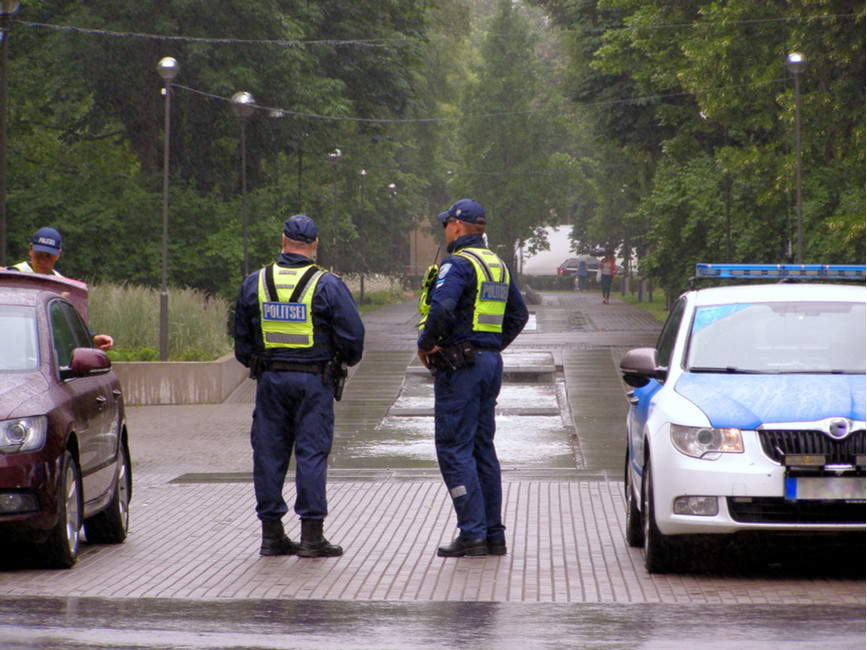
21 May 2020 – Late-night booze sales will continue, movie theatres will open on 1 June
The Estonian government has eased some of the coronavirus restrictions and is from 1 June onwards allowing bars and restaurants to sell alcohol after 10PM; also movie theatres will open and public events – such as plays, concerts, fairs, festivals, conferences – can continue. The latter depends on whether the number of people who die of the virus won’t increase. The 2+2 rule will remain in effect.
21 May 2020 – Professor: The border with Sweden is closed because they have too many new infections
According to professor Irja Lutsar, an advisor to the Estonian government on the coronavirus crisis, the border with Sweden remains closed because the country has too many new infections. According to her, Estonia can think about opening its borders with countries, when the two-week new infection count is 25 per 100,000 residents.
“Many European countries have reached this level,” Lutsar said. “In Estonia, this figure is five-six. In Sweden, however, the number of new infections is still high – 75 per 100,000 residents.” She added that when the numbers are low enough, this won’t mean that the borders can be opened immediately. “It’s important to look at the trend.”
21 May 2020 – Air Baltic to fly from Tallinn to Paris, Vienna and Berlin
From 1 June onwards, the Latvian flag carrier, Air Baltic, is planning to start flying from Tallinn to Paris and from 2 June, from Tallinn to Vienna; both flights will take place three times a week. From 4 June onwards, the airline is planning to start flying from Tallinn to Berlin; the flights will take place twice a week.
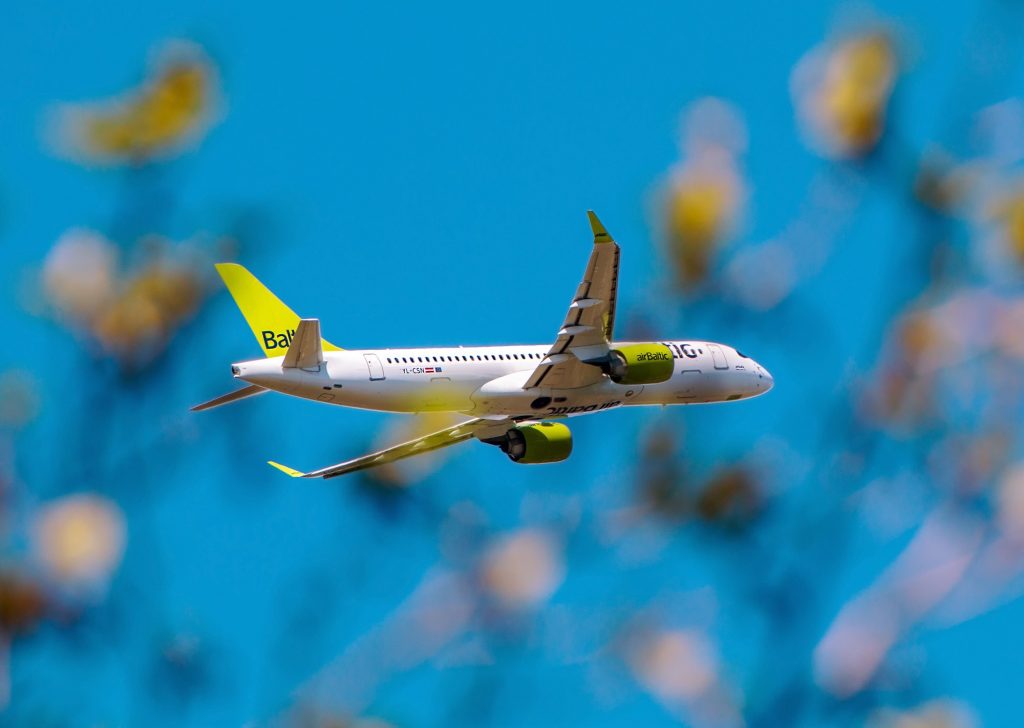
21 May 2020 – Finnair won’t reopen its flights to and from Tartu until March next year
Finnair, the Finnish flag carrier, that before the coronavirus crisis used to fly to Tartu six times a week, has now said it won’t reopen its flights to and from Tartu until March next year. According to the mayor of Tartu, Urmas Klaas, they’re in the middle of negotiations and there is a ray of hope that state aid might help reopen the flights earlier, Postimees reported. Finnair has said that there is no demand and pointed out that before the crisis, there were nine flights a day between Tallinn and Helsinki, now there’s only two. Tartu, however, is adamant that the flights from the town should be restored by the fall.
21 May 2020 – Startups come together to work on solutions to the problems caused by the novel coronavirus pandemic
During the first weekend of April, 18 startups from around the world came together to work on solutions to the problems caused by the novel coronavirus pandemic; the Estonian-led EMERGEncy Growth Camp accelerator, held online, was aimed at companies that had existing products, but were looking to tackle specific growth challenges. The accelerator saw participants from 10 countries, including Estonia, Finland, Russia and Portugal; the mentors included co-founders and key players from companies like Skype, Bolt and Veriff, as well as the Estonian president, Kersti Kaljulaid.

21 May 2020 – Sten Hankewitz: Estonians should wear masks when social distancing is impossible
Sten Hankewitz, the executive editor of Estonian World, writes that the Estonian government should have ordered the people to wear masks in places where they can’t socially distance as covering one’s face is one of the best ways to help slow the novel coronavirus; now, the grocery stores and shopping malls should enforce this themselves.
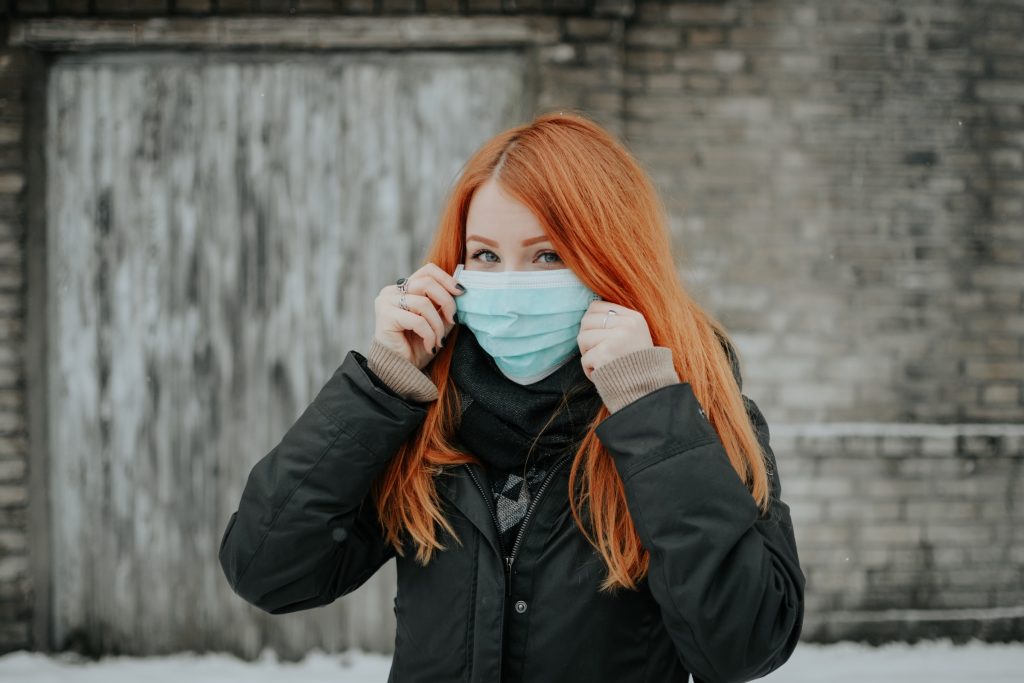
21 May 2020 – At least one company in Estonia understands the risks and lets people work from home until they desire
At least one company, operating in Estonia – the Finnish mobile service provider, Elisa – understands the risks of reopening the country too quickly and is letting people work from home as long as they desire. Elisa’s employees started to work from home already in the beginning of the emergency situation and to prevent its workers from catching the novel coronavirus, Elisa is restricting working at the office and physical contacts, Delfi reports.
“Working from home has gone as well for our employees as working from the office and therefore there is no difference where people work from,” the CEO of Elisa, Sami Seppänen, told the news portal. “The employees who want to work from home for family or other reasons, can do so.” He added that since the risk of infection is still in the air, the company wants to take care of its workers and guarantee that they can offer its services to its clients throughout the year.
21 May 2020 – Restarting bus transit in Estonia is rocky
Restarting bus transit in Estonia after the end of the emergency situation has been rocky, many companies have restored half of their lines, some haven’t even reopened yet. According to Postimees, some buses only have four-five passengers. “The amount of passengers riding the domestic lines has grown for the last two-three weeks, but it’s still six times lower than a year ago,” the manager of Lux Express, Janno Ritsberg, told the newspaper. The company is planning to restore half of its lines by the end of the week. The bus company has lost 80% of its revenue and the manager says that if the demand doesn’t come back by the second half of the year, the company will face difficulties.

21 May 2020 – Visiting hospitals and nursing homes will be banned until 1 June
The director of the Estonian Health Board, Merike Jürilo, signed an order on Sunday that extends the ban of visiting hospitals and nursing homes until 1 June. These institutions have their own right to restrict visitations after 1 June, provided they run it by the Health Board; however, the Health Board could reinstate overall restrictions again, should the need arise.
21 May 2020 – Estonian professor: herd immunity would cost too many lives; only a vaccine can save us
The Estonian professor of immunology at the University of Tartu, Raivo Uibo, said in an interview with Delfi that hoping for herd immunity would cost too many human lives and only a working vaccine can protect us from the virus. “I think the price [for herd immunity] would be too severe. As I’m educated as a doctor – and personally, too – I believe that all human lives are important. If we lose even one human life because of some organising activity or non-activity, it’s unacceptable. Only a vaccine could save the whole world.”
20 May 2020 – The last 24 hours brought the most global coronavirus cases in a single day
According to the World Health Organisation, in the last 24 hours, there have been 106,000 coronavirus cases reported to WHO, the most in a single day since the outbreak began; the huge spike comes at a time when many countries around the world – including Estonia – are reopening. Almost two-thirds of these cases were reported in just four countries – the United States, Russia, Brazil and India. The WHO says that “we still have a long way to go” in order to stop the virus. Altogether, over five million people have now been confirmed infected with the novel coronavirus, and over 325,000 have died.

20 May 2020 – A stark warning from China to countries who open up too quickly
China’s Jilin province is proving to become a stark warning to countries who open up too quickly after the first wave of the novel coronavirus – nearly 108 million people there could be forced back into lockdown after a growing group of new infections emerged. The new clusters have ignited everyone’s worst fear that a second wave of the deadly disease could be on the horizon. Over the weekend, Jilin reported 120 new cases; Wuhan, the Chinese city where the novel coronavirus was first reported in 2019, also saw new cases emerge last week. How China handles its second wave of coronavirus likely will serve as a template for other countries.
20 May 2020 – Sweden has the highest mortality rate per capita, based on a seven-day rolling average
Sweden has the highest coronavirus mortality rate per capita at this stage of the epidemic, according to a Financial Times tracker that uses a seven-day rolling average of new deaths; it has overtaken the UK, Italy and Belgium. As of yesterday, 3,743 people had died from the virus in Sweden, a country with a population of 10 million. The FT tracker shows that Sweden had 6.4 deaths per million people 61 days after its death rate first climbed above 0.1 deaths per million. That contrasts with the UK’s 6.2 deaths per million at the same stage, Italy’s 5.5, and Spain’s four.
This has prompted Sweden’s neighbours – Denmark, Finland and Norway – to debate whether to maintain travel restrictions on Sweden but ease them for other countries. Denmark, Finland and Norway – which each have about 5m inhabitants – have recorded death tolls of 551, 300 and 233, respectively.
Last week, the Baltic states joined forces to create a “travel bubble” allowing for free movement between Estonia, Latvia and Lithuania. But Maria Ohisalo, Finland’s interior minister, said a similar Nordic bubble would be tricky because of Sweden’s higher infection rate. “Norway, Denmark and Iceland have managed to stabilise their situation, but in Sweden the situation is more alarming,” she said. There are currently no cruise ships running between Tallinn and Stockholm, and Estonia has also banned flights to Sweden.
19 May 2020 – A legendary Tallinn hotel to lay off 70 people amid the coronavirus crisis
The legendary Tallinn hotel, the Hotel Viru, is planning to lay off a third of its workforce – almost 70 people. The hotel’s executive director, Klaus Ek, told Delfi that the reason for the layoffs is the current economic situation. “Because of the coronavirus epidemic, our sales have since mid-March declined by 99%,” he said, adding that the Estonian government has provided funds to keep paying salaries to the staff in April and May, but unfortunately there are no fund to keep up paying rent and other expenses.

19 May 2020 – One person may have infected tens of others by going to parties
One Estonian person, infected with the novel coronavirus, attended two different parties and now eight additional people are sick and 39 people under the Health Board’s surveillance. One of the parties the ill individual visited was in Rapla County where six people caught the virus and 27 people under surveillance; the other one in Tartu County where two people fell ill and 12 are under surveillance.
“With the first event, all who caught the virus and had contact with the sick person were adults. With the Tartu County virus pocket, the youngest attendee was below ten years of age and the oldest 50 years old,” the Health Board’s communications manager, Simmo Saar, told Delfi. “Everyone who were in contact, we’re recommending to avoid additional contacts and going out.”
19 May 2020 – With no foreign tourists, every Estonian resident should spend extra €820 to make up the difference
The coronavirus pandemic has put the Estonian tourism sector into a very difficult position and there will be considerably less foreign tourists visiting the country this year. Delfi is reporting that according to Piret Kallas, the research coordinator at the tourism development centre of Enterprise Estonia, with no foreign tourists, every Estonian resident – from an infant to the elderly – would have to spend an extra €820 on domestic tourism to make up what the foreign tourists would usually bring in.
Kallas told the news portal that last year, the foreign tourists visiting Estonia brought in €1.56 billion. If we include the international transport they used to come to the country, then the amount would be €2.07 billion, but this cannot be included if we’re talking about domestic tourism. This year, it’s predicted that the revenues from tourism will decline about 70%. In comparison with the revenue on 2019, the Estonian tourism sector will have €1.09 billion less in revenue in 2020. “To cover that difference, every Estonian resident – from an infant to the elderly – should spend €820 per person, and that’s extra for what they would normally spend,” Kallas told Delfi.
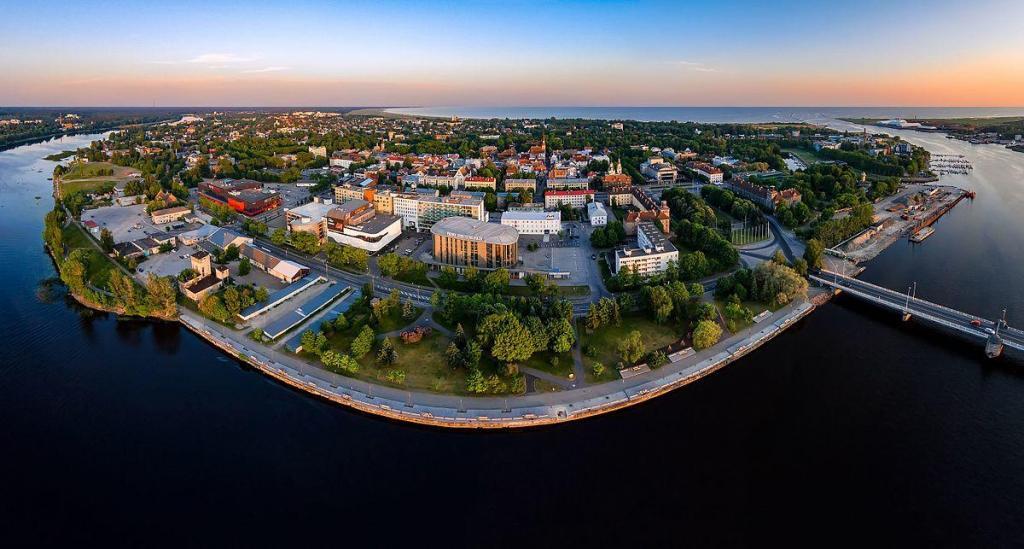
19 May 2020 – Estonians laughing at memes depicting their normal habit of keeping a distance
All around the world, thousands of memes have been circulating throughout the coronavirus pandemic, poking fun at and making light of the crisis – to help people better cope in the serious situation. In Estonia, many memes have been circulating poking fun at the Estonians’ natural habit of keeping a safe distance from each other – which presumably is helpful during the pandemic. This is the latest meme that has been circulating in the social media.
18 May 2020 – Finnair to restore 30% of its flights in July
The Finnish flag carrier, Finnair, has announced it will restore 30% of its flights in July and will add more destinations and flights according to the demand. In July, the airline plans to restart flying to Tokyo, Osaka, Seoul and Bangkok, and continue flying to Beijing, Shanghai and Hong Kong, if the local authorities allow. In August, the airline plans to start flying to Delhi and New York City.
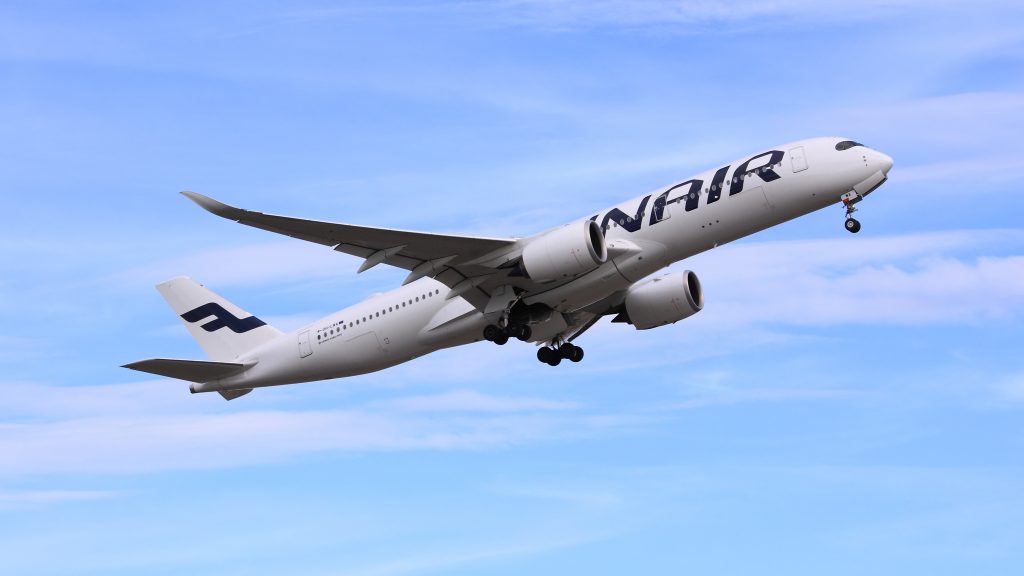
18 May 2020 – Opposition leader: the government didn’t cooperate with the parliament during the emergency
Kaja Kallas, the leader of the Estonian Reform Party – the largest opposition party in the parliament – said today that despite his promises, the Jüri Ratas-led government didn’t cooperate with the parliament at all during the coronavirus emergency situation. “They didn’t take any suggestions into account, they didn’t listen to any warnings,” Kallas said. “They came with cluster bills, clusters of cluster bills, pushed through laws that had nothing to do with the emergency.”
“When we asked for a parliamentary discussion on the emergency exit strategy, the prime minister didn’t want to come to the parliament. But now, after the emergency has ended – post factum (after the fact in Latin – editor) – we’re supposed to have a placebo discussion at the prime minister’s initiative.” She also added that informing after the fact “isn’t a discussion on the strategy, getting overviews isn’t including the parliament”.

18 May 2020 – PM: the economic recovery will take longer than a year
The Estonian prime minister, Jüri Ratas, today gave a political speech at the Estonian parliament where he said that the economic recovery after the coronavirus crisis will take longer than a year – the economy will not be restored even by the end of 2021. Ratas said that the European Commission is predicting the Estonian downturn this year to be 6.9%, which is better than the 7.7% decline predicted for the entire eurozone.
“The budget deficit in Estonia will grow to eight per cent of the GDP; the government’s debt to 20.7 per cent,” the prime minister stated, adding that regardless of a big jump, the latter will still remain the lowest in the European Union. “The measures developed to contain the spread of the virus will help the recovery, but neither the European Union or Estonia’s economy will probably not recover from the suffered losses even by the end of next year.”
18 May 2020 – Estonian startupper: the best companies are started in times of the worst crises
Ragnar Sass, the cofounder of Tallinn and Kyiv-based coworking hubs, LIFT99, and Pipedrive, one of the most successful Estonian startups, encourages people who have been recently laid off to start their own companies.
“This is a shout-out to every single person who has been recently laid off in Estonia and Ukraine. Yes – laying off sucks, big time! Believe it or not – I know this feeling so damn personally, as it happened to me back in 2007. It kicked me so badly that I started my first startup. It was not a bad choice, even though the first one was failure,” Sass said. “Here the good news – the best companies are started in times of worst crises! And you don’t have anything to lose now!”

18 May 2020 – Over twice as many people were declared ill during the emergency
According to the Estonian Health Insurance Fund, during the coronavirus emergency, over twice as many people than last year were officially declared ill. Last year, from mid-March to mid-May, around 48,000 people were officially declared ill; this year during the same time, around 100,000 people were issued an illness certificate.
When last year, most of these illnesses – 12,000 – were bone and muscle diseases and the next in the line were respiratory diseases – 8,000 – then this year, almost 28,000 illness certificates were issued due to respiratory diseases.
18 May 2020 – The Estonian government didn’t even respond to Air Baltic’s plea for help
According to Martin Gauss, the CEO of the Latvian flag carrier, Air Baltic, the airline many Estonians use for flying abroad from both Tallinn and Riga, the company sent a letter to the Estonian government, pleading for help; however, even though the airline contributes a lot to the Estonian economy, the country’s government didn’t even respond to the plea.
“We didn’t get any money from the Estonian or the Lithuanian governments, even though we have contributed a lot to the economies of these countries,” Gauss said in an interview with Delfi. “Estonia supports Nordica. Of course, every government tries to support its own companies. But at the same time, with two previous airlines, the Estonian government’s injections of money haven’t helped. If it didn’t work before, why should it work now when there isn’t even a real company?”
The Latvian government has decided to increase Air Baltic’s capital by €250 million, because it believes in the company’s future and the restoration of its profitability. The lack of response from Estonia, however, is even stranger, considering that Air Baltic last year served 21% of all flights to and from Tallinn Airport – that’s more than any other airline. The Estonian flag carrier, Nordica, only accounted for 14% of the flights.

17 May 2020 – Estonia bans flying to seven countries
The Estonian minister of economy, Taavi Aas, today signed an order that bans flying to seven countries that have a high contagion of the novel coronavirus. These countries are: the United Kingdom, Sweden, Belgium, Denmark, Turkey, Belarus and Russia. “To help contain the spread of the virus, we can only open flights to the countries where the contagion is low, based on the last 14-day statistics,” Aas said. “To be clear, even though we have banned flights to Denmark, then its epidemiologic situation may improve in the coming days and then we may allow flying there.”
The ministry of economy is basing its flight bans on whether a country’s infection rate is 25 or more people per 100,000 in the last 14 days. The ministry will be looking into the contagion data every day and then bans or opens flights to countries based on the numbers.
16 May 2020 – The quarantine requirement to continue
The Estonian government released an order that submits people who have received a coronavirus diagnose or live together with a coronavirus patient into a quarantine until recovering – even beyond the expiration of the emergency situation tomorrow. Anyone diagnosed with the disease or people living with them are banned from leaving their abodes; that also applies to shelters etc.
The government also extended the order that submits everyone entering Estonia from abroad (apart from the asymptomatic residents of Latvia, Lithuania and Finland) into a 14-day quarantine.
16 May 2020 – The government extends restrictions on alcohol sales
The Estonian government has extended the restrictions on alcohol sales until 1 July. The order bans alcohol sales in all sales points, including restaurants and bars, from 10 PM to 10 AM; the exceptions are international passenger traffic like ferries and airplanes, and the establishments in the airports’ secure zones.
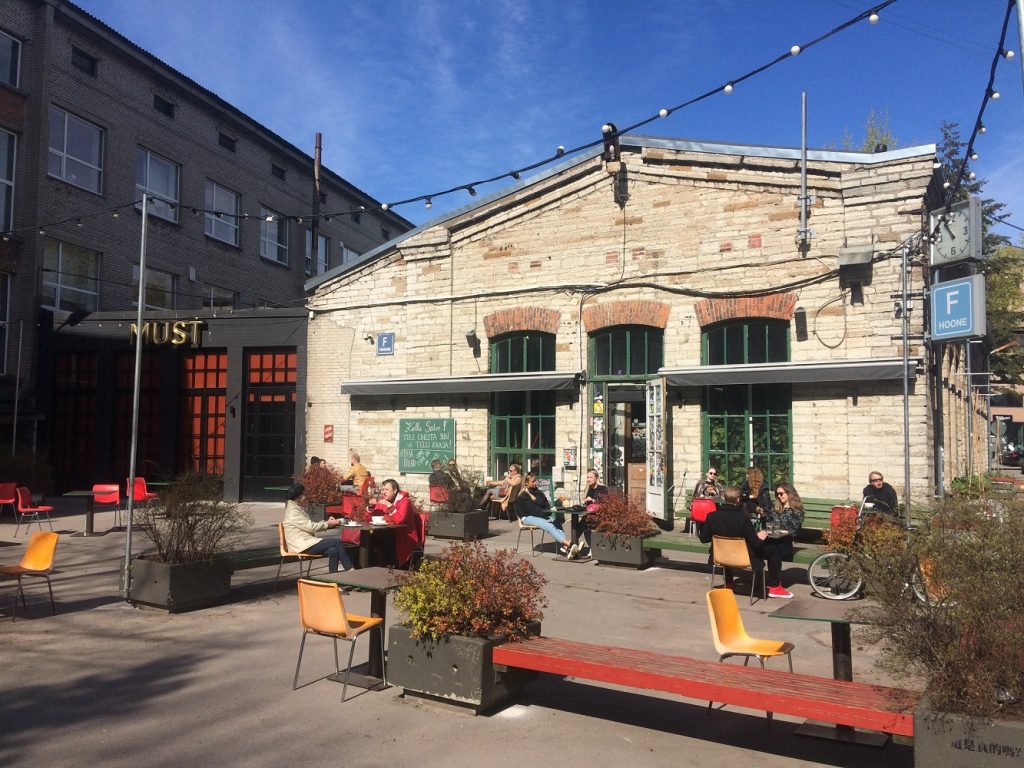
16 May 2020 – Finland isn’t joining the Baltic free movement zone
Estonia, Latvia and Lithuania have now opened up their borders to each other’s residents and the Baltics are expecting Finland to join the free movement zone, but the Finnish authorities probably will keep their restrictions in effect at least until 14 July. The Finnish interior minister, Maria Ohisalo, said that the country will come up with a schedule for opening its borders in the next couple of weeks and for Estonia and Sweden, there will probably be special conditions in effect, the Finnish newspaper, Helsingin Sanomat, reported.
Ohisalo said that opening the borders can only happen between the countries where the contagion is similar; however, since Estonia has been able to contain the spread of the coronavirus, then Sweden hasn’t, and therefore Finland needs a different set of rules for each country.
16 May 2020 – Estonian and Norwegian researchers have identified six compounds with an inhibiting effect on SARS-CoV-2, the virus strain that causes the coronavirus
Antiviral compounds are drugs that are used for treating viral infections by inhibiting the proliferation of the virus in the host body but remain safe for the human organism. Researchers of the University of Tartu and the Norwegian University of Science and Technology have identified six compounds with an inhibiting effect on the SARS-CoV-2 infection – the virus strain that causes the coronavirus. One of the identified compounds is nelfinavir, which has so far been used as an oral drug inhibiting HIV.
According to the researchers, these coronavirus inhibitors “can benefit the whole world”, as they “provide a better response both to the current pandemic and to future viral outbreaks”. “They also help to better manage pandemics, considering the threat of emerging drug‑resistant strains. The researchers are also assembling a toolbox of antiviral compounds for the rapid and safe response to future viral outbreaks,” the University of Tartu said in a statement. A preprint of the research article has been published in the journal BioRxiv.
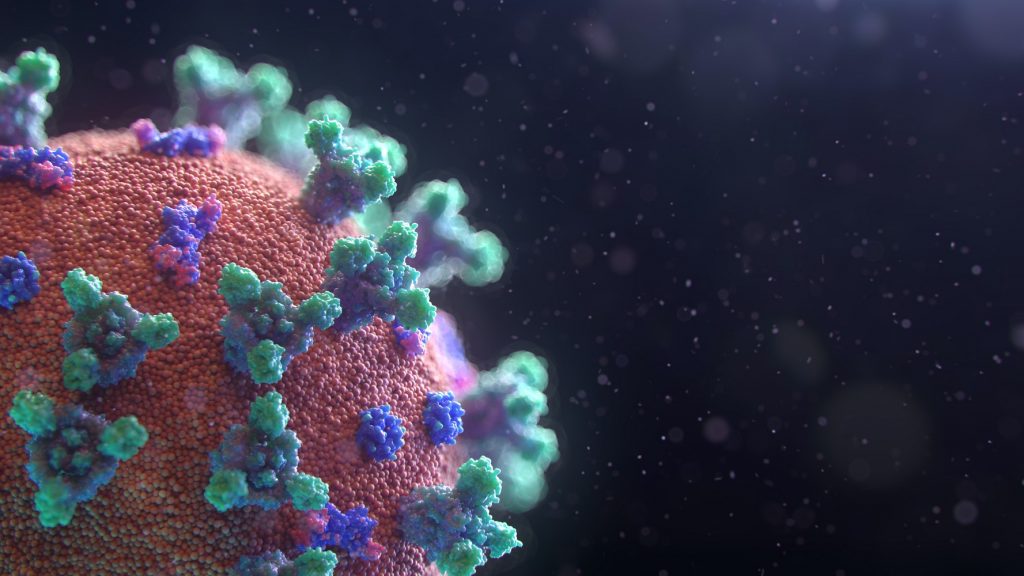
15 May 2020 – Government gets the right to allow or ban air traffic
The Estonian government decided that the economy and social ministries will get the right to allow or ban air traffic based on the national health situation and the spread of the novel coronavirus in both Estonia and other countries. This could mean that airlines will have to reschedule their already advertised plans.
“The fact that the airlines are eager to reopen destinations from Tallinn is great; however, we have to do this step by step and based on other countries’ epidemiological situation,” the economy minister, Taavi Aas, said, according to Delfi. “As every relief brings on more contacts and can therefore speed up the spread, we have to approach this step by step.
Aas added that Air Baltic, who is planning to restart flying from Tallinn to Amsterdam, Oslo and Copenhagen, starting 18 May, and to Vilnius from 25 May, was premature in the announcement. According to him, in Oslo the contagion repeater is low and airlines could fly there; however, Denmark and its capital Copenhagen are far more contagious locations.
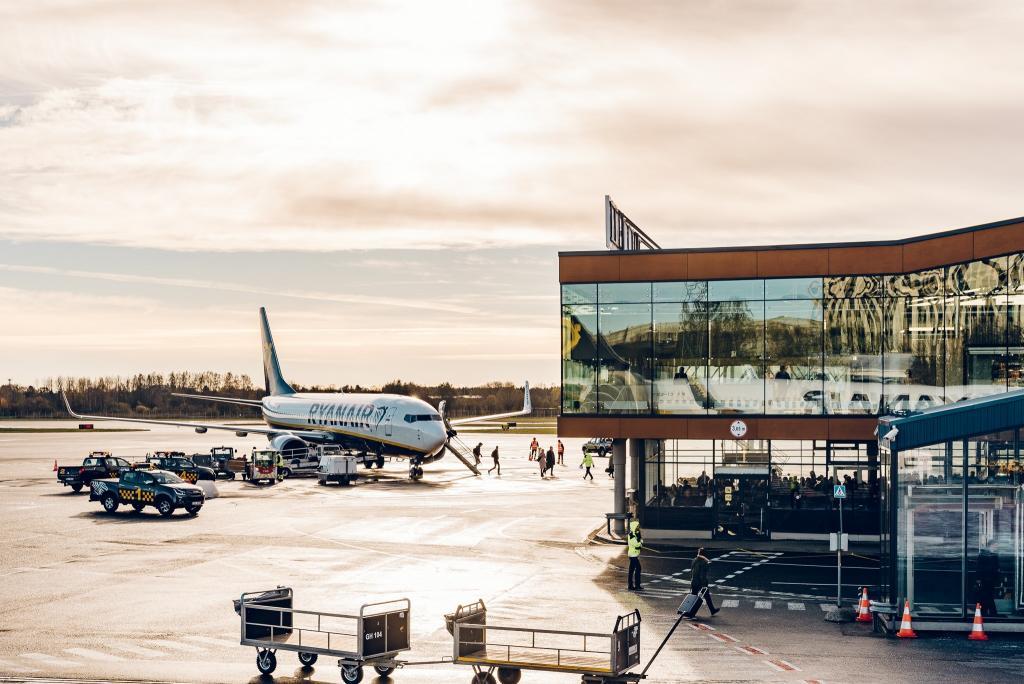
15 May 2020 – These restrictions will continue to be in effect
The Estonian government decided to end the emergency situation at midnight 17 May, however, these restrictions will remain:
- Sports events with spectators are not allowed.
- Catering facilities can be open and the sales of alcohol is allowed every day until 10 PM. This includes eateries inside shopping malls.
- Casinos, adult clubs and other entertainment venues are closed.
- Night clubs are closed.
- People infected with the coronavirus and their loved ones retain quarantine responsibility.
- People diagnosed with the coronavirus in care homes are prohibited from coming into contact with people other than care workers and medical staff.
- There are currently no cruises on the Tallinn-Stockholm route.
- Restrictions on crossing the country’s border remain in force (except in the case of Latvia, Lithuania and Finland).
- People who have crossed the Estonian border to enter the country are obliged to be in quarantine for 14 days (except people coming from Finland, Latvia and Lithuania).
- The 2+2 rule (only parties of two; keep a two-metre (6.5-foot) distance with other parties).
15 May 2020 – No more emergency
The Estonian government decided to end the emergency situation at midnight 17 May. “We decided to finish the over nine-week long emergency situation in Estonia at midnight on Sunday, 17 May. Since thanks to all of our efforts and help the coronavirus situation has significantly improved, we no longer need an emergency situation to fight it,” the Estonian prime minister, Jüri Ratas, announced in a video address.
This does not mean an immediate return to normalcy, however. “The virus hasn’t disappeared from Estonia or the world. The end of the emergency situation means that we have to build a new normal. Since there will be time until an effective drug and a vaccine is developed, we all have to protect ourselves and others from the coronavirus with our behaviour.”
“We have to stay healthy, keep our distance and adhere to the hygiene rules. When you’re sick, you need to stay home and avoid other people. These suggestions, rules and restrictions that are in effect in the coming weeks will help us. I believe that we can, despite the difficulties, be smart, careful and responsible. I thank everyone for your efforts so far, and wish you health and wisdom.”
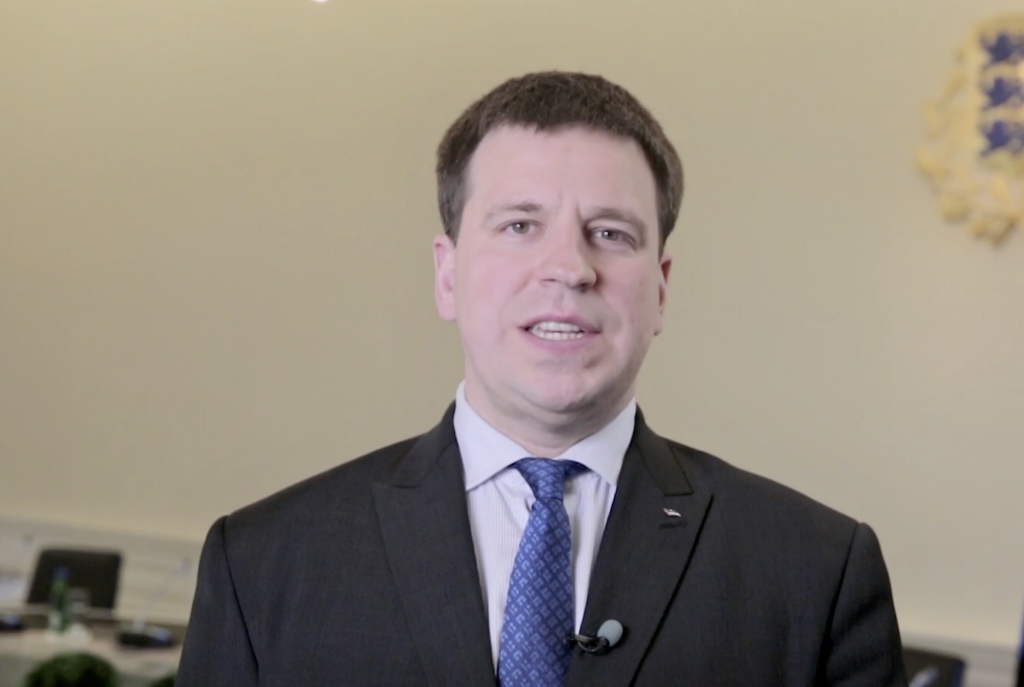
15 May 2020 – The Finnish economy minister doesn’t like the idea of the Finnish-Baltic free movement zone
The Finnish minister of economy, Mika Lintilä, says he isn’t very excited about creating a free movement zone between Finland and the Baltic states amid the coronavirus pandemic. “We know that the contagion numbers are very different between the countries. The borders inside the European Union should open at the same time and it should be coordinated. It should happen according to some common rules,” he said. Estonia, Latvia and Lithuania opened their borders to each other midnight today. In addition to the Baltic states, also Germany and Austria are planning to relieve the moving restrictions between them.
15 May 2020 – The PM wants to mark the end of the emergency with a political statement
The Estonian prime minister, Jüri Ratas, has asked the parliament to amend its schedule on Monday to address it with a political statement to mark the end of the emergency situation in the country. The parliament convenes at 3:00 PM on Monday.
15 May 2020 – The Baltic Bubble: 15 unique places to visit in Estonia, Latvia, Lithuania
The Baltic states reopen their internal borders today and allow their citizens, residents and other people who legally reside in these countries to travel around in the so-called Baltic Bubble without having to submit themselves to a 14-day self-isolation; Estonian World has compiled a list of 15 unique sites in Estonia, Latvia and Lithuania worth a visit.

15 May 2020 – Minister: If the virus comes back, we want less restrictions
The Estonian minister of social affairs, Tanel Kiik, told the public broadcasting that should the virus come back in the fall, the government wants less restrictions that in the spring. “With today’s knowledge, should there be an outbreak similar to this spring, we can make decisions more flexibly, look at educational institutions separately, areas separately, use different trust methods when it comes to the shopping malls, whether it’s a wider use of personal protective equipment, restrictions on the number of visitors, the availability of disinfectants… To reach the same result with different methods and to pressure the business sector less. It wasn’t possible now, hopefully it’s possible in the fall.”
14 May 2020 – The government to allow public events from 1 July onwards
The Estonian government today published another schedule for reopening the country and is now saying that public events – both outdoors and indoors (for example, movie theatres, plays, concerts and conferences) – will be allowed from 1 July onwards. Schools will be reopened from tomorrow and also drive-in movies and concerts will be allowed; from 18 May onwards, public meetings will be allowed, gyms and pools will reopen, and sporting events can again be visited, albeit under special conditions. From 18 May, visiting prisons will also be allowed.
From 1 June, entertainment venues – playgrounds, pool halls, bowling etc – in shopping malls and elsewhere will be opened; spas and saunas will restart accepting guests. Also from 1 June, the government will relieve movement and visiting restrictions in hospitals, nursing homes and shelters.
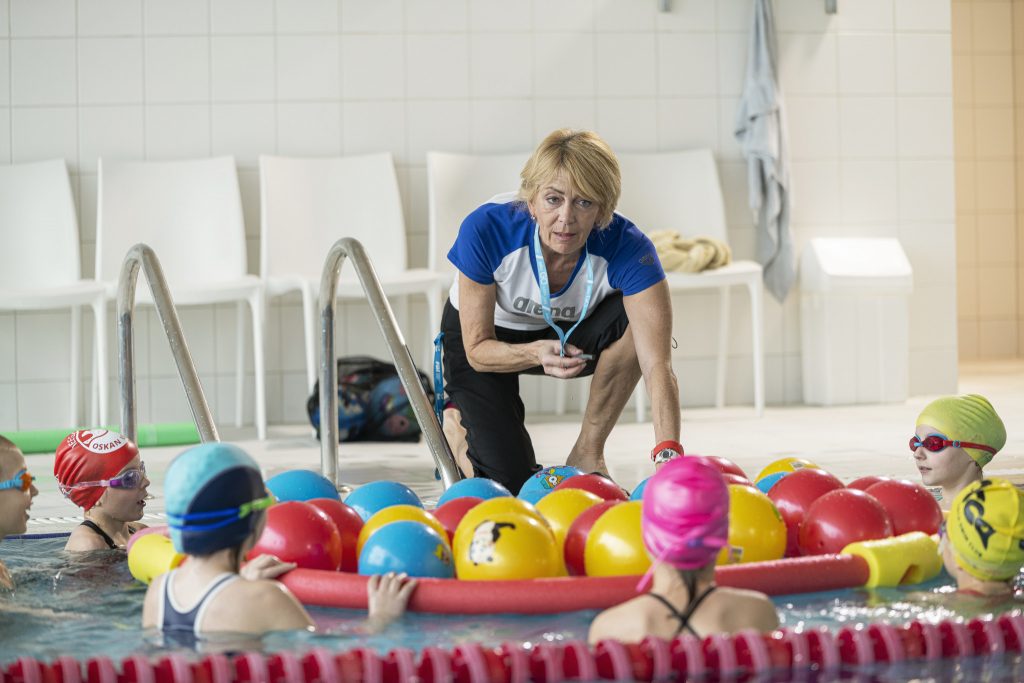
14 May 2020 – Over 300,000 people have now died of the virus
As of today, 300,798 people have died of the novel coronavirus, according to the Johns Hopkins University’s coronavirus tracker. The most deaths have occurred in the United States – 85,194 – and the US currently has the most cases in the world – 1,405,961. The worst affected state in the US is New York where 27,607 people have died from the virus.
Russia has the second-highest virus carrier count – 252,254 – and, according to the official figures, 2,305 people have died there. The most coronavirus deaths in Europe have occurred in the United Kingdom – 33,692 – and the UK is also the second in the world by the number of those succumbed.
14 May 2020 – Air Baltic to restore four destinations from Tallinn
As Tallinn Airport is reopening, the Latvian flag carrier, AirBaltic, is planning to restore four destinations from Tallinn – to Amsterdam, Oslo and Copenhagen, starting 18 May, and to Vilnius from 25 May. The airline said it will concentrate on operating only its Airbus A220-300 aircraft. All passengers will be given face masks and disinfecting wipes.

14 May 2020 – PM: The contagion is under control
The Estonian prime minister, Jüri Ratas, said today that Estonia has got the coronavirus contagion under control. “The spread is low and stays stable. We’ve gone forward with lifting the restrictions step by step, provided the situation doesn’t worsen. We still have to be careful, very responsible in our behaviour and interactions. We still don’t have a vaccine and until we don’t have it, we can’t say that we’re done with the COVID disease. We have to realise there may be a second wave and it may be very painful. We’re dealing with preparing with it.”
14 May 2020 – A small resort town in Ida-Virumaa is in trouble because of the pandemic
The first small town to report it is in trouble due to the coronavirus pandemic – and also an oil shale crisis – is the resort town of Narva-Jõesuu in Ida-Viru County in eastern Estonia. The town sent a letter to multiple ministries, saying its number of unemployed is 234 and since the income tax makes up 35% of the town’s total income, then every person who isn’t paying the tax is a huge loss for it. According to a report in Delfi, the decline in income tax revenue for Narva-Jõesuu will be €200,000 this year – around 20% less than it had planned.
Another issue that affects the resort is a crisis in the oil shale mining sector. The town says its future depends on oil shale mining and the decrease in production and the warm winter of 2019 has left its budget a whopping €800,700 hole. The town is asking the ministries that are dealing with developing with an aid package for Ida-Virumaa to take the local municipalities into account as without financial aid from the state, they are unable to fulfil the responsibilities of local governments that are imposed on them by the law.
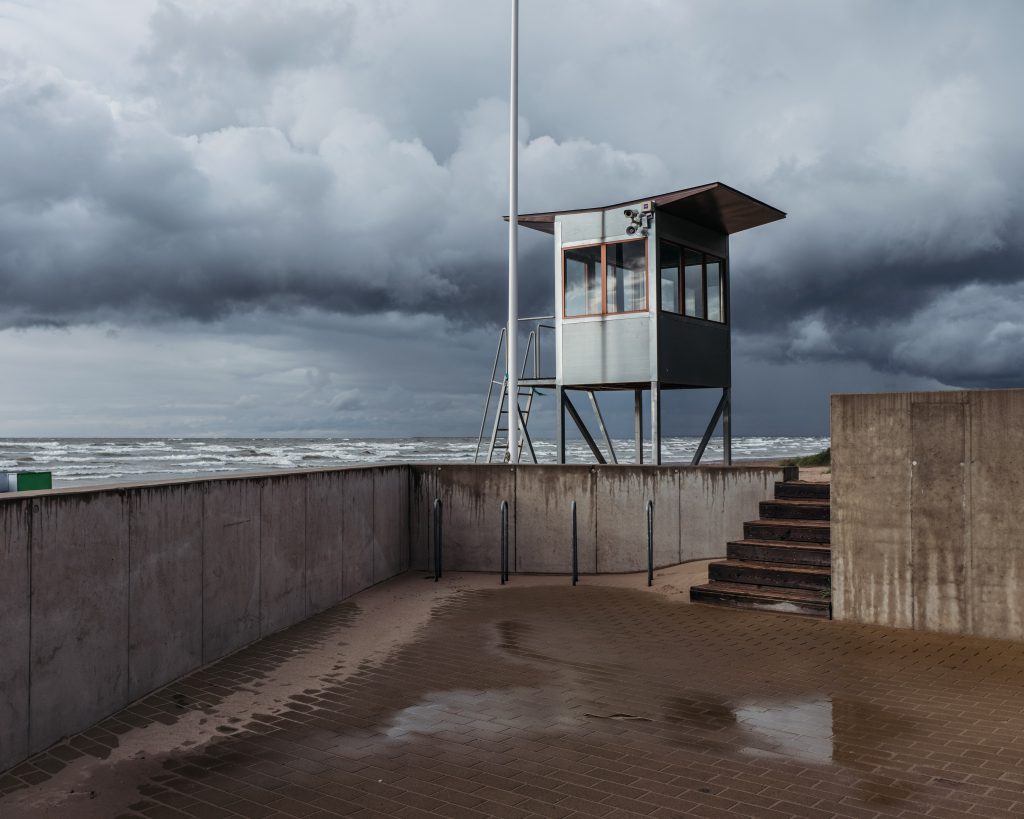
14 May 2020 – Expert: If there are no new cases in June, then everyone will have recovered by July
The Estonian Health Board’s chief of emergency medicine, Martin Kadai, told the public broadcasting in an interview that if there are no more new coronavirus cases in Estonia in June, then it’s possible that by July, everyone will have recovered from the virus. “Fortunately, we can say that the cases of hospitalisation are in a downward trend. With this disease, the need for hospitalisation usually comes with a delay, for example, a week’s delay. We have to take into the account that this effect can be seen, in the cases of hospitalisation, with at least a two or a three-four-week delay. We’re predicting currently that if there are no new cases in June, then in July we can talk about the fact that there are no COVID-19 patients hospitalised.”
14 May 2020 – Travelling for work is allowed again between Finland and Estonia
From today, it is again permitted to cross the border from Estonia to Finland according to employment relationships or duties, and visiting family members is also allowed, the Estonian foreign ministry said. Border checks continue at ports and airports where passengers must be ready to show proof of the purpose of their trip. The same conditions apply to passengers in both directions.
People travelling to Estonia from Finland do not have to self-isolate; however, they are advised to stay at home, only perform essential errands and strictly follow the safe distance and hygiene rules. They must also continue to follow instructions aimed at containing the spread of the coronavirus, such as the 2+2 rule, which states that a maximum of two people can converge and they must keep a distance of at least two metres (6.5 feet) with others.

14 May 2020 – WHO: The coronavirus may never go away
The World Health Organisation’s emergencies director, Dr Mike Ryan, warned yesterday that the novel coronavirus “may never go away” and even if the vaccine is found, controlling the virus will require a massive effort. “It is important to put this on the table: this virus may become just another endemic virus in our communities, and this virus may never go away,” Dr Ryan said. “HIV has not gone away – but we have come to terms with the virus.” There are currently more than 100 potential vaccines in development, but Ryan noted there are other illnesses, such as measles, that still haven’t been eliminated despite there being vaccines for them.
14 May 2020 – A study conducted by the University of Tartu shows a low prevalence of the virus
The results from the second week of the study conducted by the University of Tartu continue to confirm the low prevalence of the coronavirus in Estonia. In two weeks, based on random selection, a total of 6,024 adult residents have been interviewed and 4,728 tested during the study. A total of 12 cases of the coronavirus have been identified, of which seven had been diagnosed with the virus prior to the study and six had recovered by the time of the study.
The results allow to conclude that the infection is not widely spread in the society, and that the prevalence of the coronavirus remains stable over the weeks. Hence, the researchers consider the gradual easing of the restrictions in Estonia justified. The next phase of the study is scheduled to take place from 22 May to 28 May, almost two weeks after the partial reopening of shopping centres in Estonia.
14 May 2020 – EP remote working: Vote online, print, sign, scan, email
One of the Estonian MEPs, Marina Kaljurand, today posted on Facebook that the remote working procedure at the European Parliament means you can “check boxes” on a tablet, but you will still need to print the final confirmation, sign it, scan or take a picture of it, and send it back.
14 May 2020 – PM told off a hospital in the beginning of April over its crisis recommendations
According to a news programme, aired on the Estonian Public Broadcasting, on 6 April, the hospitals penned their recommendations on whom to treat to the last extent and whom not to treat in a situation of a catastrophe, and the Estonian prime minister, Jüri Ratas, told one of the hospital deans off due to that. “Our mutual responsibility is to stand for the fact that no Estonian hospitals would have a lack of resources and the doctors wouldn’t have to make ethically difficult choices and decisions,” a member of the ethics committee and the chief of the ICU at the North Estonia Medical Centre, Dr Kristo Erikson, said at the time. “From my part I can assure that as doctors, we’re doing, even in the most critical situation, everything we can do save every human.”
However, the CEO of the North Estonia Medical Centre, Agris Peedu, told the TV programme that due to this, he was told off by the country’s prime minister, Jüri Ratas. He said the government was either scared or surprised that, in a situation where there were less actual coronavirus patients than the negative predictions, the hospitals were concentrating on an issue like this. “It wasn’t a bad conversation,” he said. “I understand politicians. But it definitely was more emotional than our regular conversations with the prime minister.”
14 May 2020 – Estonia launches a campaign to remind people to adhere to the rules
The Estonian government has launched a social campaign called “Stay healthy!” to call on the people to continue complying with the measures preventing the spread of the novel coronavirus even after the emergency restrictions have been eased. Its creative solution is built on examples of how easy it is to prevent the spread of the virus. According to the government, the need for a responsibility campaign is illustrated by trends in the weekly public opinion polls. The campaign will continue increasingly intensively until the beginning of June, it added.
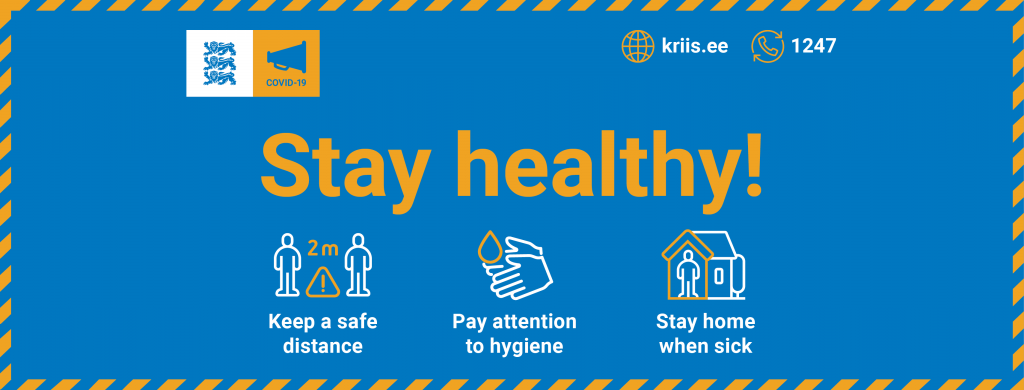
13 May 2020 – Tallinn mayor: the 2+2 rule may be a suggestion, we can’t demand it
The mayor of Tallinn, Mihhail Kõlvart, said that when the gyms and swimming pools open, it’s unreasonable to demand people adhere to the 2+2 rule (parties of two; two metres apart from other parties) and it should only be a suggestion. He pointed out that it’s difficult to enforce, therefore it has to explained to people how to abide by it. Gyms and pools will be reopened on 18 May.
13 May 2020 – PM: Estonia supports WHO through the digitalisation of health data
The Estonian prime minister, Jüri Ratas, spoke today in a video conversation with Dr Tedros Adhanom Ghebreyesus, the director-general of the World Health Organisation, about the fight against the coronavirus pandemic and on cooperation to digitalise the exchange of health data between countries.
According to Ratas, Estonian experts started working with colleagues from WHO already before the crisis – half a year ago, to find the best ways to use Estonian digital experience. “We are ready to help the WHO connect health information systems and databases and ensure their interoperability through the involvement of both the Estonian and Finnish private sectors. Better and safer data exchange between countries creates the prerequisites for much greater global cooperation and trust,” he said in a statement.
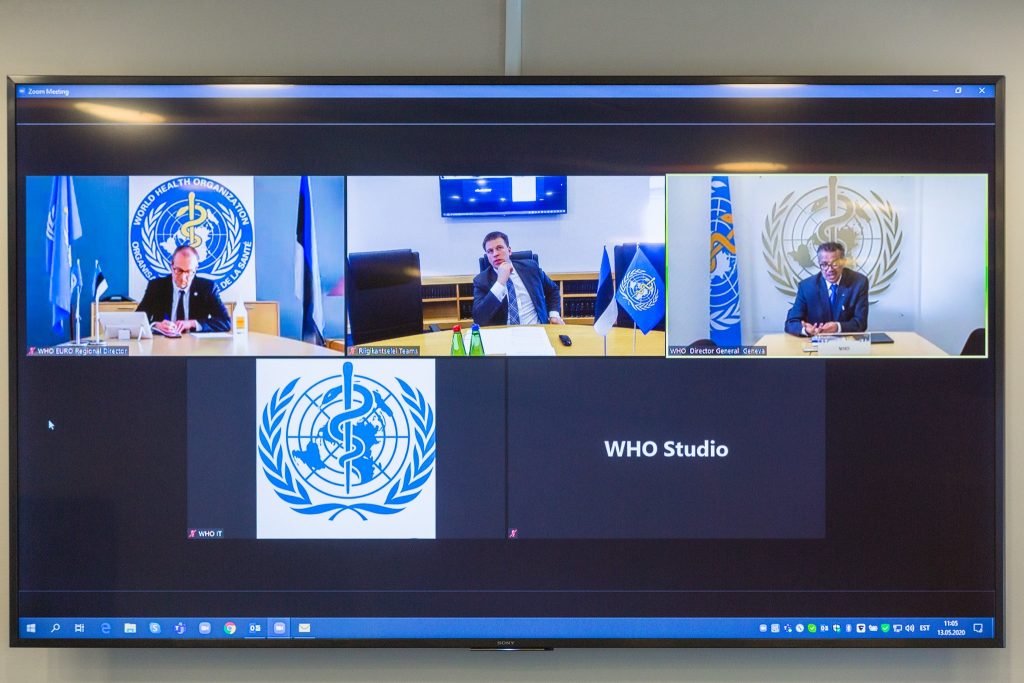
13 May 2020 – Estonian immunologist: People who are severely infected have low antibody count
Sirje Rüütel Boudinot, an Estonian doctor of molecular immunology, says that people who suffered from the coronavirus severely and over a long time, only have a little amount of antibodies. She’s currently in the middle of conducting an antibody research of 500 people and says that the test that is used to research the novel coronavirus antibodies was developed already during the flu pandemic of 2009-2010.
“My theory is that if you suffered from it severely and for a long time, your antibody count may be low. If you have a proper amount of antibodies, then you didn’t go through it awfully, you just had the typical symptoms – some fever, a cough, for about ten days,” she said, adding that different people develop a different level of immunity. “Some people develop a good immunity and they probably won’t get infected again with this type of COVID. When I’m looking at the presence of the antibodies, it seems logical to me that they won’t catch it again.”
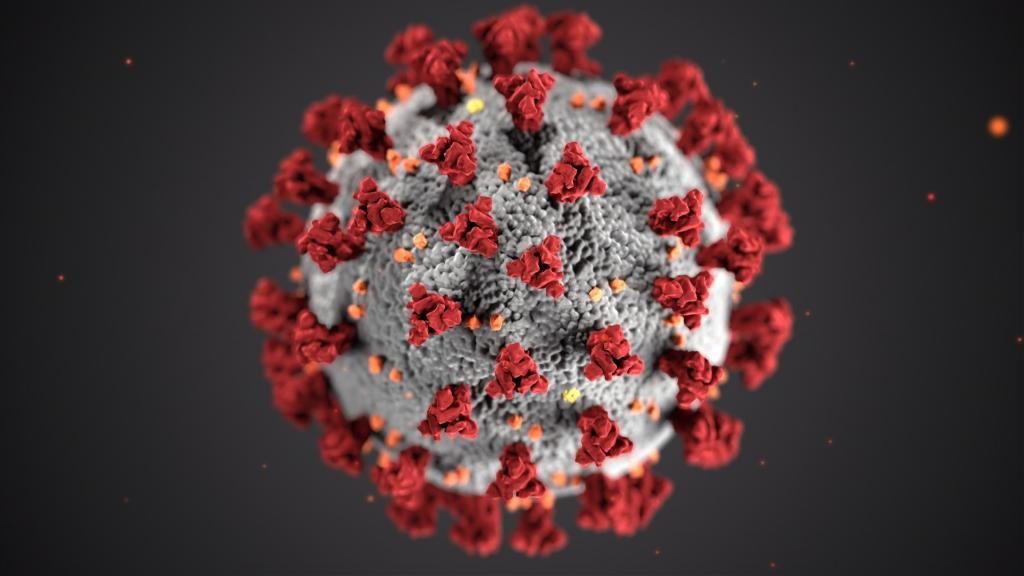
13 May 2020 – PM: There will be a second wave of the coronavirus
The Estonian prime minister, Jüri Ratas, today said in the parliament that he “largely probably” agrees there will be a second wave of the novel coronavirus. “We should be more ready when it comes to personal protective equipment; we’re already prepared. We also need to be ready to quickly transfer hospitals to a COVID-19 regime, but so that we can avoid such a big interruption in planned care.” Ratas also pointed to the preparedness of medical and food supplies.
13 May 2020 – Baltic foreign ministers to sign a memorandum on opening the borders
The foreign ministers of Estonia, Latvia and Lithuania will meet in Riga on 15 May to sign a memorandum on the conditions related to the decision to open the borders between the countries and stipulate the contents of the relevant memorandum of understanding, the Estonian foreign ministry announced.
“Borders can be opened only based on the health indicators regarding the spread of the virus of all three countries on the precondition that they are similar and clearly demonstrate that the spread of the virus has stopped and the existing measures are working. I am very glad that based on coordination between neighbours, we can begin easing restrictive measures, and allow the residents of Baltic states to freely move between the three states,” the Estonian foreign minister, Urmas Reinsalu, said.
From 15 May, people who are not displaying symptoms and who have the citizenship, residence permit or right of residence or whose permanent place of residence according the population register is in Estonia, Latvia or Lithuania, are free to cross the national borders of these countries. They must follow the local orders and requirements on the containment of the virus, and there is no obligatory quarantine.
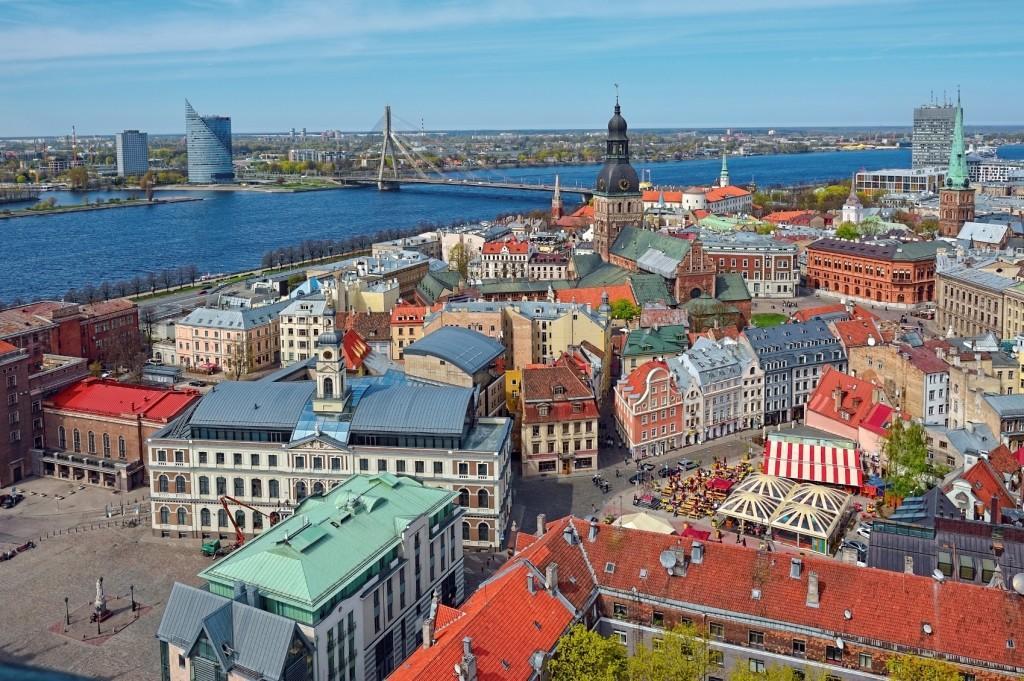
13 May 2020 – A Tallinn hospital will allow fathers to join childbirths
The East Tallinn Medical Centre will from 18 May onwards allow fathers to join the births of their children. The fathers will have to be healthy and follow all safety instructions imposed by the hospital. When entering the maternity ward, they have to fill a health declaration and their temperature will be checked. They will also need to wear a facemask while in the hospital and will not be allowed to leave the maternity rooms during the births.
13 May 2020 – The euro has been the worst performer among G-10 currencies against the USD
Since the mid-March peak of this year’s market turmoil, the euro is the worst-performing currency in advanced economies; according to Bloomberg, this is due to the EU’s failure to rally together against the coronavirus pandemic. “Europe’s inability to mount a long-term joint fiscal defense against the economic shock from the coronavirus starkly contrasts with trillions of dollars of stimulus unveiled by governments from the U.S. to Japan. While doubts about the euro project’s longevity are nothing new, this time even the European Commission has warned that the region’s north-south schism could threaten the union,” Bloomberg states. The European Union’s common currency has dropped 3.2% against the US dollar this year.
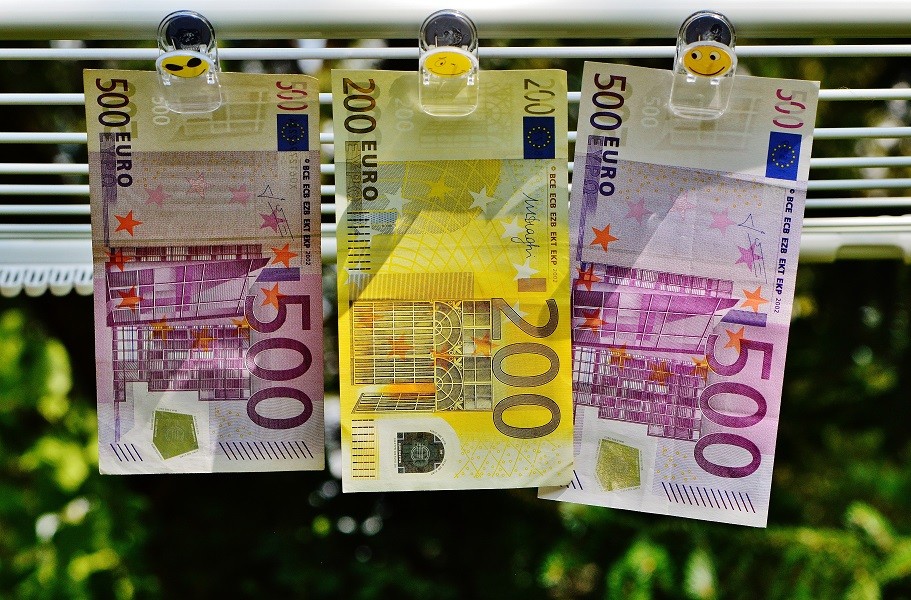
13 May 2020 – EC: Relieving the restrictions depends on every country’s coronavirus situation
The European Commission says that when the pandemic situation allows it, people can start travelling again, but it depends on the European Union member states’ individual coronavirus situation. Relieving the restrictions will happen through phases and the precondition is that there are enough EU members whose pandemic situation is similar. The countries should be flexible and should the situation worsen, they should have the chance to reimpose the restrictions.
The travel restrictions should be relieved in phases, according to the EC. Currently, the EU member states are in phase 0 where non-essential travel is banned. In phase 1, the countries should start decreasing border checks and relieving travel restrictions and allow travelling for work and personal reasons and also for tourism. In phase 2, all travel restrictions will be lifted, but health safety measures will stay in effect.

12 May 2020 – FM: Mail service to continue from the US to Estonia
The Estonian foreign minister, Urmas Reinsalu, announced on Facebook today that the United States Postal Service has deleted Estonia from the list of countries where the mail service was temporarily suspended due to the global coronavirus crisis. “With that, the US authorities assert, the mail service is restored,” Reinsalu said.
On 9 May, the news broke that the USPS had suspended sending any mail to Estonia, citing the lack of means of transportation; however, the evidence suggests the mail had been suspended weeks earlier.
12 May 2020 – Gyms and swimming pools to open on 18 May, large events allowed from July
The Estonian government today announced that gyms, including those with swimming pools, will be allowed to reopen from 18 May. Sporting events with no public audience can also start again from 18 May, provided there is no more than 100 people (including the competitors, coaches, judges and other supporting personnel) participating.
The government will also allow large public events to take place again from July onwards, but in July and August, a maximum of 1,000 people will be allowed to attend an outdoor event and 500 an indoor event. That means cinemas and theatres with auditoriums seating up to 500 people will also be allowed to open in July.
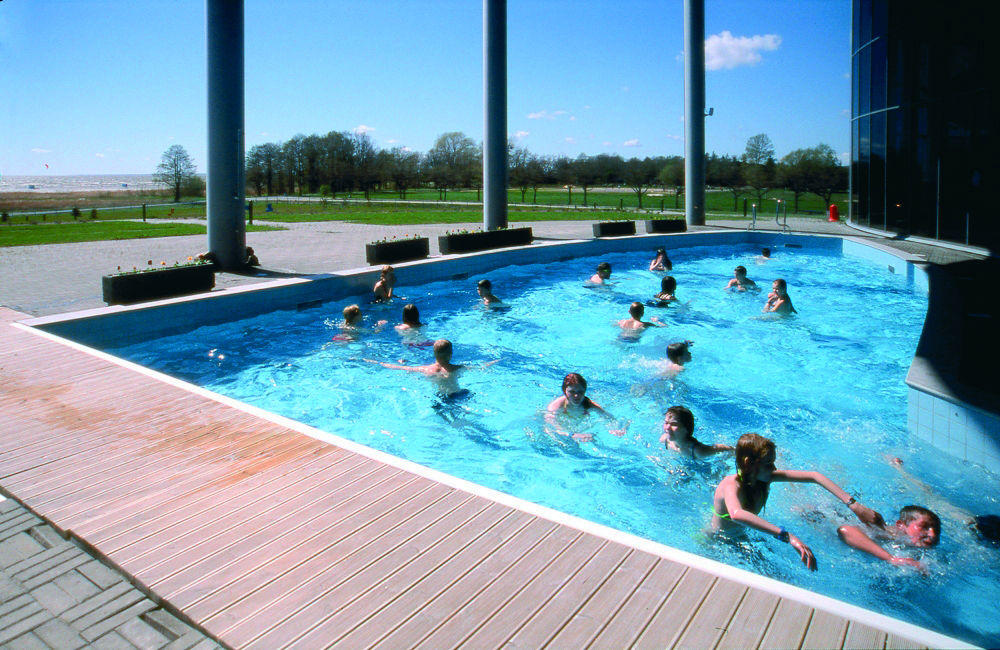
12 May 2020 – Estonia turns to EU Solidarity Fund to request support for covering COVID-19 costs
The Estonian government will apply to the European Union Solidarity Fund to allocate funds to cover the costs of the COVID-19 related public health emergency. Depending on the volume of the funds received, the resources may be used, if possible, to cover the procurement costs for personal protective equipment. The application will set out all of the expenses related to the health emergency declared by the state, on the basis of which the possible amount of support for Estonia is calculated.
The European Solidarity Fund was created in 2002 in order to respond to major natural disasters. In April, the scope of the fund was extended, allowing it to finance the mitigation of public health emergencies.
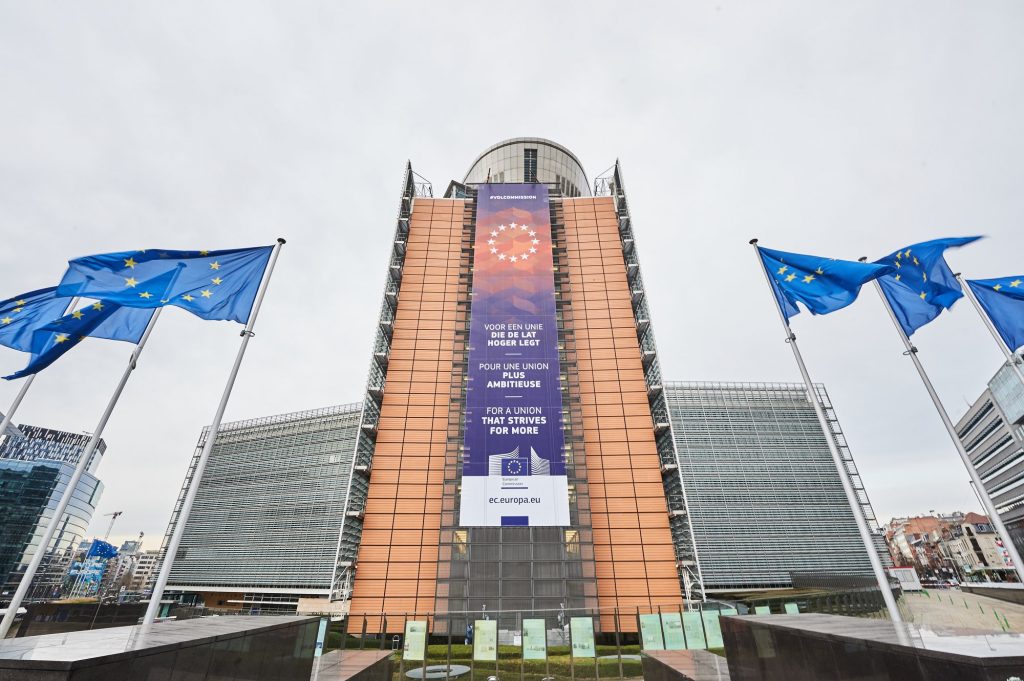
12 May 2020 – MP: The state must continue paying to the unemployed
The chairman of the Estonian parliament’s social affairs committee, Tõnis Mölder, today said that until the restrictions are in effect, the state has to continue paying the unemployed who are directly affected by the restrictions. “We should continue paying the benefits for at least another month, but the criteria should be more narrow than they are now,” he said. As of now, the Estonian Unemployment Insurance Fund has paid over €120 million to over 110,000 unemployed people; the unemployment fund’s budget for benefits is, as of now, €250 million.
12 May 2020 – Estonian rideshare company isn’t planning layoffs
The Estonian rideshare company, Bolt, isn’t, unlike its rivals Uber and Lyft, planning to make any layoffs, even though its sales dropped in mid-March by 75% compared with February. Markus Villig, the CEO and a co-founder of the company, told CNBC that Bolt had been more frugal than some of its competitors, and therefore hasn’t had to make any layoffs. “Our approach has always been to build a lean, cost-efficient organisation,” he said.
Bolt’s competitors have so far also seen deep drops in their ridership with Uber reporting a 80% year-on-year decline and Lyft has seen a 75% fall. In addition, Uber announced laying off 3,700 of its workers and Lyft 982. Bolt has around 1,400 employees globally.
Last week, the Estonian-founded cloud-based sales software startup, Pipedrive, announced it will lay off 14 people from its offices in Tallinn and Tartu; globally, the company was letting go twice as many; the Estonian online identity verification startup, Veriff, once one of the fastest growing startups in Estonia, announced it was laying off 63 people.

12 May 2020 – Estonian startup develops a digital PPE stock level monitoring system
An Estonian startup has developed a digital system to monitor the stock levels of personal protective equipment. When the coronavirus crisis hit, the governments’ need for information on personal protective equipment stock levels and usage grew exponentially to make informed decisions on procurement and distribution, the company, called MASC, said.
“We put together a team of friends to take part in the Global Hack, a hackathon initiated by Estonians aimed at collecting ideas that would better help us respond to the current crisis. In cooperation with medical staff, municipal government leaders and different ministries, we developed MASC that supports the Estonian government in tracking and forecasting the needs of PPE,” Kristian Sutt, a representative of MASC, said.

12 May 2020 – WHO: Countries that reopen see jumps in coronavirus cases
The World Health Organisation is warning that many countries that have lifted coronavirus restrictions and reopened businesses have seen jumps in coronavirus cases, and that these countries may have challenges ahead. “In the Republic of Korea, bars and clubs were shut as a confirmed case led to many contacts being traced. In Wuhan, China, the first cluster of cases since the lockdown lifted was identified. Germany has also reported an increase in cases since the easing of restrictions,” the director-general of the WHO, Tedros Adhanom Ghebreyesus, said.
Before any country begins to lift restrictions, it should have the epidemic under control, ensure its health systems are able to cope with a potential resurgence and have necessary testing, tracing and isolating infrastructure in place, Tedros said. “Countries put these stringent measures in place, sometimes called lockdowns, in response to intense transmission. Many have used the time to ramp up their ability to test, trace, isolate and care for patients, which is the best way to track the virus, slow the spread and take pressure off the health systems.”
12 May 2020 – Economist: the weakened foreign demand is only beginning to affect Estonia’s exports
The chief economist at Swedbank Estonia, Tõnu Mertsina, writes in Delfi that even though the Estonian export declined by a few per cents in March, then the decline of the export of Estonian-produced goods was deeper: -5% in March and -6% in the first quarter. “Although in March, the coronavirus wasn’t affecting the Estonian export very strongly, then starting April, the situation changed considerably. The industrial sector’s prediction of production and export levels dropped below the previous crisis,” Mertsina says. “The foreign demand weakened significantly, and its effect only begins to show itself. The deep economic downturn in Estonia’s trading partners and the dropping demand could decrease our export this year by one tenth.”
11 May 2020 – A study on the coronavirus antibodies launched in Estonia
Today, family doctors in Saaremaa island and Õismäe district in Tallinn started to invite volunteers to take part in a study on the coronavirus antibodies. The study, organised by the University of Tartu, is based on random sampling. The vein blood of 1,080 participants from both communities will be analysed for the presence of antibodies to estimate the number of people having been exposed to the coronavirus. After the pilot study that will last until the end of July, a larger study across Estonia is planned.
The university’s research team said the detection of antibodies helps identify people who have had COVID-19 without any symptoms, giving “the best overview of how many people have been exposed to the coronavirus”. Saaremaa was chosen for the study since there the COVID-19 infection rate is the highest in Estonia. Õismäe district was randomly chosen from among regions with a lower infection rate. The study will involve people from all age groups, from new-borns to 100-year-olds. Participation in the study is voluntary. The University of Tartu researchers are ultimately planning to interview and test at least 16,000 people across Estonia for the study.

11 May 2020 – Almost 50,000 people in Estonia are now unemployed
According to the Estonian Unemployment Insurance Fund, 49,741 people in the country are now unemployed. Last week, the fund registered an additional 2,052 unemployed, which marks a two-per cent growth; the unemployment rate in the country is now 7.7%. The highest unemployment rate is in Ida-Viru County (13.1%) and the lowest in Hiiu County (4.7%). However, after declaring the emergency situation due to the spread of the coronavirus, the unemployment rate has grown in every county. Since the start of the emergency situation, 13,027 people have applied for unemployment benefits.
11 May 2020 – Air Baltic postpones restarting
The Latvian flag carrier, Air Baltic, that many Estonians use for travelling, has postponed restarting its flights from 13 to 17 May as of now; the Lithuanian news portal, lrt.lt, reported that the airline has stopped bookings for flights starting from Riga until 9 June, because on 7 May, the Latvian government extended its coronavirus emergency situation until 9 June.
11 May 2020 – Merchants call upon people to wear masks in shopping malls
The director of the Estonian Merchants’ Association, Nele Peil, today said that even though the shopping malls are open, the entertainment areas will remain secluded and closed. People should only go to the malls to shop or to eat, but not to just hang out, she said. Peil also called upon people to wear a mask while they’re in the shopping malls, and to be understanding that the staff may be in a more stress than usual.

11 May 2020 – Shopping mall manager calls upon people to save domestic merchants
The CEO of the Ülemiste shopping mall, Guido Pärnits, calls upon people to “spend money in the shopping malls and not because it would make the shopping mall owners as rich as possible, but to save as many domestic small merchants as possible”, Delfi reported. Today is the first day the Estonian shopping malls are open again after their closure on 27 March. Delfi said that there were some shoppers in the Ülemiste mall this morning, and it could be seen how more and more people entered the shopping centre.
11 May 2020 – Tallinn to continue street washing until the end of the emergency
The Tallinn city government says it will continue the every-day street washing until the end of the emergency situation. The city has completed its spring cleaning, which included a deep cleanse of the city’s highways, sidewalks, biking and walking paths and parking lots. The city used 17,947 cubic metres (17.9 million litres; 4.74 million US gallons) of water to complete the spring cleaning. The intensive street washing to help curb the spread of the coronavirus will continue until at least 15 May.
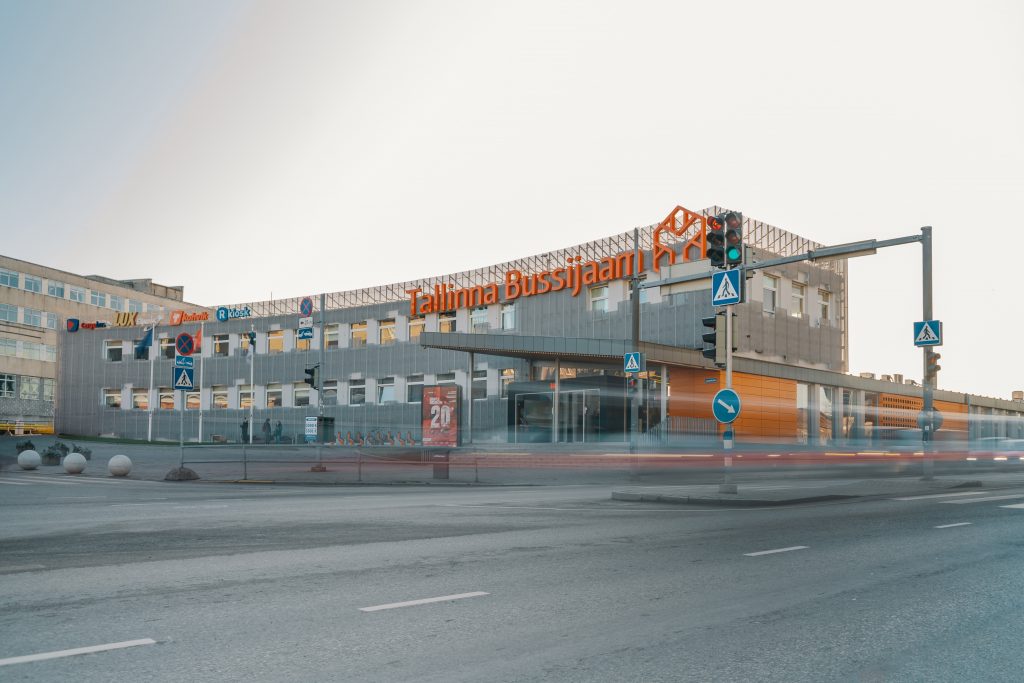
11 May 2020 – People to be tested on Tallinn-Helsinki ferries
From 14 May onwards, foreign workers from other Schengen area states can again enter Finland. According to the vice chancellor on European issues at the Estonian foreign ministry, Märt Volmer, people can also move between Estonia and Finland for family reasons or when it’s necessary due to an emergency. In the first days after restoring the ferry traffic between Tallinn and Helsinki, people on the ferries will be tested for the novel coronavirus to find out whether and how much the relieving of the travel restriction affects the spread of the illness.
11 May 2020 – Tallinn Airport looks to restore 10 destinations
According to the commercial director of Tallinn Airport, Eero Pärgmäe, no airline has informed the airport of a decision to permanently close their routes to Tallinn and they’re rather interested in flying again in the first chance they get. Pärgmäe told the public broadcasting that for the airport, these 10 destinations are the priority: Helsinki, Riga, Frankfurt, Stockholm, London, Warsaw, Oslo, Moscow, Copenhagen and Berlin. “The airlines are interested to restore their flights, but the decision lies with the health-care experts,” he added.
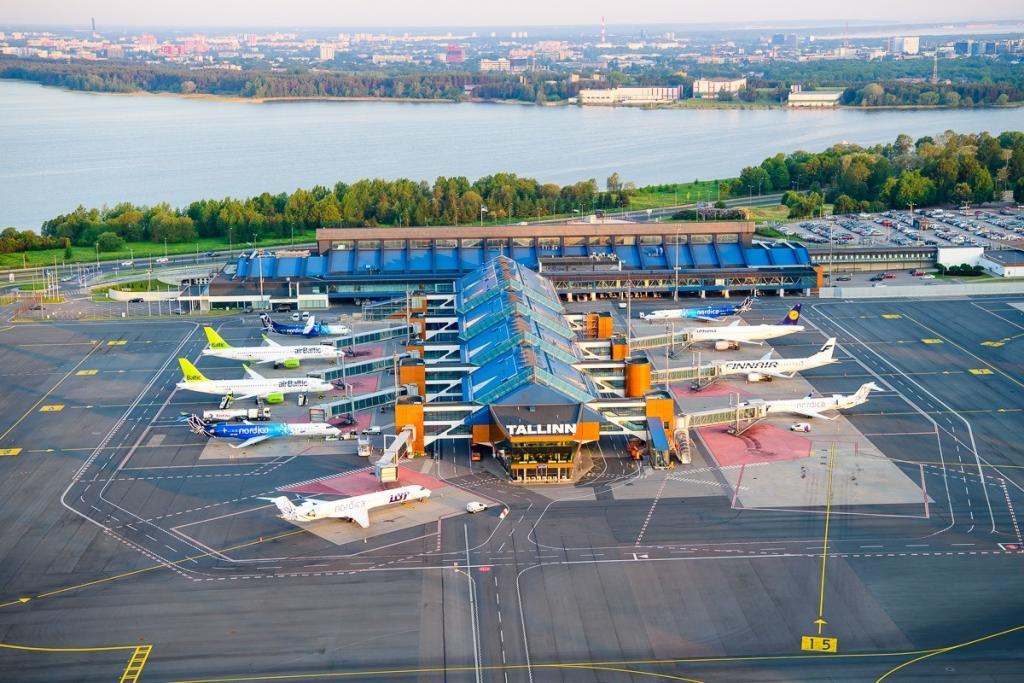
10 May 2020 – Social minister: the crisis will last for the whole summer
The Estonian social minister, Tanel Kiik, told a TV news programme today that regardless of the number of those infected with the coronavirus, the crisis will last for the entire summer – especially in the economic sector. “The question is whether it (the crisis) will disappear over the summer or will it remain alight,” the minister said. “If we had let the virus run riot and let the people to get infected, then we could be more than confident that, like Saaremaa and Kuressaare hospital needed help, all Estonian hospitals would’ve needed assistance and we would have significantly more health issues and deaths, and the effect on the economy and the society would’ve been considerably more severe than it was now.”
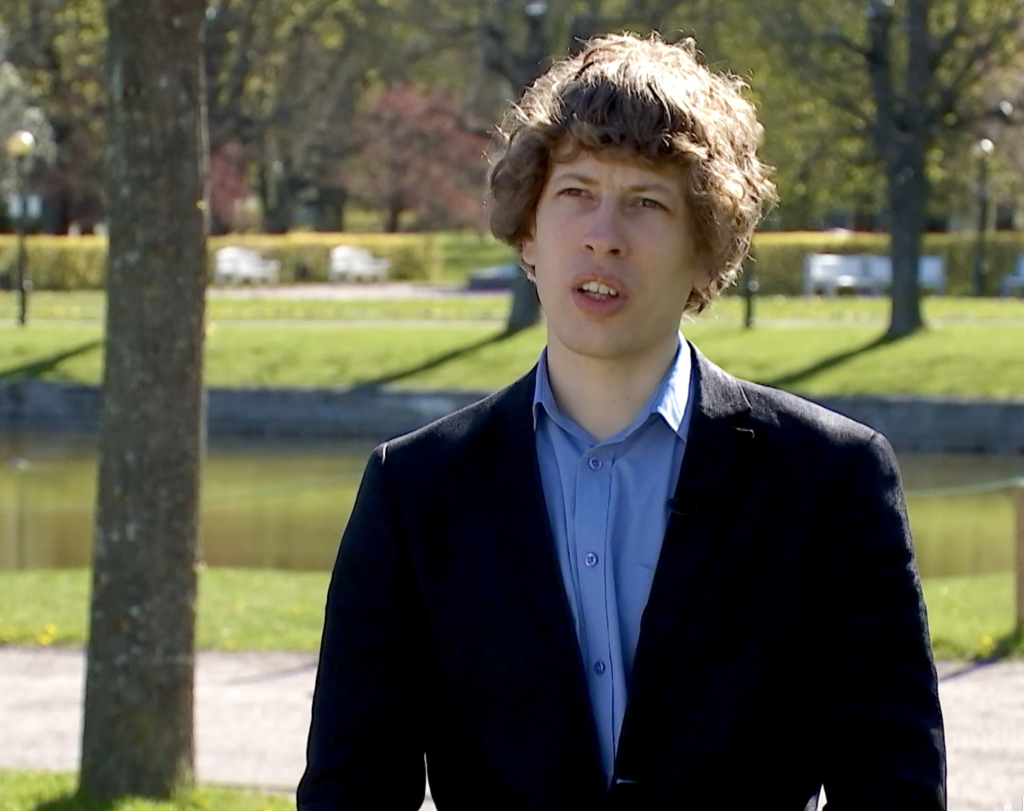
10 May 2020 – Japan donates flu medicine to Estonia
The Japanese government has donated a drug called Avigan (favipiravir) – a flu medicine that some countries are testing whether it can be used to fight against the novel coronavirus – to Estonia, the dispatch should arrive in Estonia next week. The drug was developed by the Japanese pharmaceutical company, Fujifilm Toyama Chemicals. More than 80 countries have asked Japan for Avigan to test whether it works against the coronavirus.
10 May 2020 – Shopping malls: all stores can’t immediately reopen
Even though on the coming Monday, the shopping malls are allowed to reopen after a month-and-a-half hiatus, they’re not sure that all storekeepers can open their doors immediately – if at all. The CEO of the T1 Mall of Tallinn, Allan Remmelkoor told Postimees that he had just had a phone call with a storekeeper who seriously doubted if he could open on Monday. He noted that many proprietors have laid off people, lost revenue and suffered from other unpleasantries, therefore people should be understanding and give them time to reopen. Remmelkoor is confident that most of this mall’s tenants will continue, but not even the chain stores are capable of opening in one day.
9 May 2020 – The positive and negative effects of the coronavirus pandemic on climate change
Annela Anger-Kraavi, a senior researcher in climate change policy and economics at the University of Cambridge, originally from Estonia, highlights three positive and three negative effects of the coronavirus pandemic on climate change.

9 May 2020 – Gallery: Businesses open, Estonians moving out and about
As the weather is getting nicer and warmer in Estonia and the restrictions are easing, more and more people are out and about. The cafés and restaurants are open again (they were allowed to remain open for restricted hours during the crisis, but many voluntarily closed due to the lack of customers) and ready for business. Even some fitness chains are hoping to get back into business by opening up special pop-up tents where the strict 2+2 rules are (at least in theory) are adhered to. Photos by Silver Tambur.
9 May 2020 – The EC recommends countries start opening their borders
The European Commission is recommending the EU countries start opening their borders to save some of the summer holiday season; the countries should also guarantee travel vouchers for the trips that were cancelled due to the coronavirus pandemic. Germany and many other countries have called upon the European Union to suspend the rules that force travel companies to issue complete monetary compensation for cancelled trips and allow the companies issue vouchers; they suggest the countries themselves should offer a guarantee for the vouchers to make them more attractive for the consumers.
9 May 2020 – The US Postal Service suspends sending mail to Estonia
The United States Postal Service has suspended sending any mail to Estonia due to the lack of means of transportation. “The Postal Service is temporarily suspending international mail acceptance for certain destinations due to service impacts related to the COVID-19 pandemic,” the USPS says on its website, listing 111 countries, including Estonia, that the suspension affects. Estonia is listed in the section of countries where the suspension is in effect due to the unavailability of transportation. Estonia is the only EU country in the list.

9 May 2020 – Global coronavirus cases top four million
Over four million people in the world have now been confirmed infected with the novel coronavirus, according to the data compiled by worldometers.info; 275,669 people have died of the disease. The worst affected country in terms of numbers is the United States where 1,318,686 people have been diagnosed and 78,498 have died; however, in terms of coronavirus deaths per one million, the worst-off country is San Marino with 1,208 deaths per million.
In Europe, the most deaths have now occurred in the United Kingdom – 31,241. Per one million, 460 people have succumbed to the virus in the UK. Altogether, 211,364 people in the UK have been diagnosed with the coronavirus. Spain has the most people infected in Europe – 260,117 – and 26,299 people have perished (562 per one million).
9 May 2020 – Close to half of the Estonian people move in public as they did before the pandemic
According to a recent research, 47% of the Estonian people move in public the same way they did before the coronavirus pandemic, and only a little over 20% wear a mask. Four percent of the people are quarantined, 48% stay home, and 42% of those polled avoid crowded places when they go out. Five per cent, however, don’t do even that. The research also showed that 91% of those polled regularly wash their hands with soap, 79% keep their distance from others and 74% disinfect their hands with alcohol-based detergents.
9 May 2020 – The government to support closed shops with up to 25% of their rental expenses
The Estonian government will support the businesspeople whose shops or service areas had to be closed because of the coronavirus emergency – with up to 25% of their one-month rental expenses. “It’s important that the shopping malls – ie the landlords – would also give them a discount, and the merchants themselves would pay part of the rent. That guarantees that only viable companies will continue,” the finance minister, Martin Helme, said.
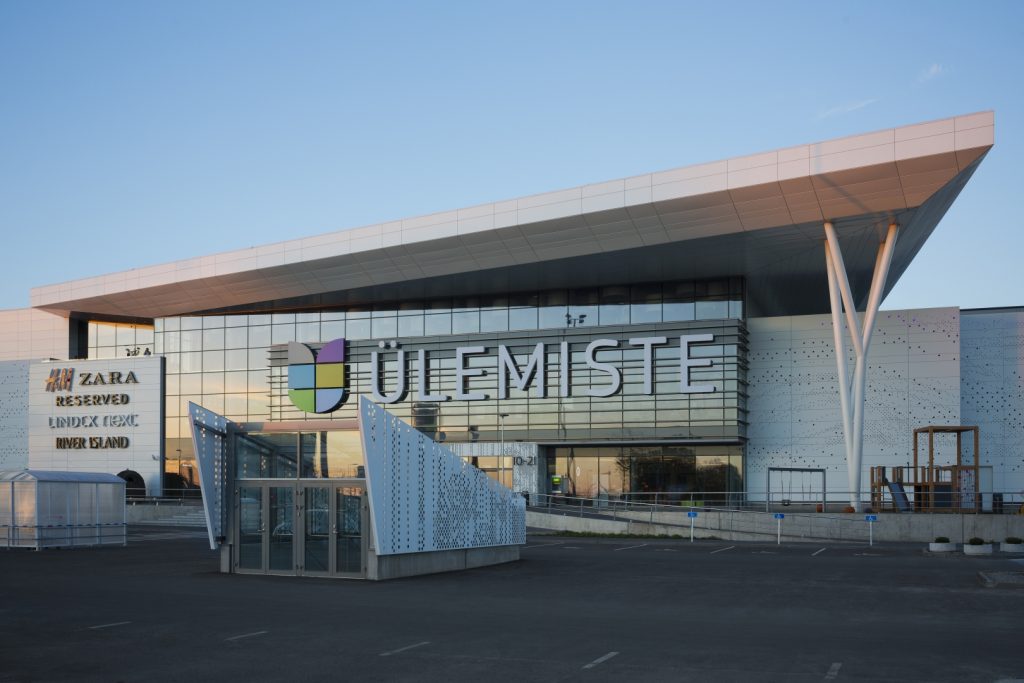
9 May 2020 – More people start using public transit
As the emergency measures are slowly being lifted, more people have started using long-distance public transit. Lux Express announced it has increased the domestic traffic and is bringing back 18 departures to six destinations. GoBus will within two weeks reopen at least 20 long-distance departures. Aviation company Transaviabaltica is today restarting flights between Tallinn and Kuressaare and Tallinn and Kärdla.
8 May 2020 – Estonia to allow Latvians, Lithuanians and Finns into the country
The Estonian government today decided to restore free border crossing for Latvians, Lithuanians and Finns and people who are legally in these countries. Also, people coming to Estonia from Finland won’t have to self-quarantine for 14 days. Finns will be allowed into the country starting 14 May, Latvians and Lithuanians from the day after. On 15 May, the border checks between Estonia and Latvia will be abolished and Latvians and Lithuanians who enter Estonia won’t have to self-quarantine for 14 days.

8 May 2020 – The Health Board publishes its risk assessment on relieving restrictions
The Estonian Health Board today published its risk assessment on relieving restrictions for people to evaluate their health safety and apply necessary prevention measures. The government’s chief of emergency medicine, Dr Arkadi Popov, said people should prefer events and activities outdoors as in enclosed spaces they would be in a greater danger.
“To avoid the COVID-19 virus, it’s very important to keep distance and one shouldn’t be closer than two metres to a stranger more than 15 minutes,” he said. “We also emphasise that everyone with virus symptoms stay home and the ones who feel healthy adhere to all safety rules. Even though we’ve come up with a guideline that helps plan groups coming together, we suggest people keep their circles of interaction small as the risk of infection increases with more people,” Popov said.
The assessment puts the risk of a group of 10 strangers, aged 7-65, gathering outdoors, low; similarly, a group of 10 strangers, aged up to 30 and gathering indoors, the risk factor is low. An outdoors excursion of up to five 65+ people who trust each other about their health situation presents a medium risk factor. However, ten strangers aged 65+ visiting a museum together presents a high risk.
8 May 2020 – The government will lend Tallink €100 million
The Estonian government is to lend the shipping company, Tallink, €100 million that will help the enterprise to cover its this year’s operating costs. The deadline for the loan is three years and it will have to be repaid in one lump sum at the deadline. The interest rate for the loan for 12 months is EURIBOR plus two per cent.
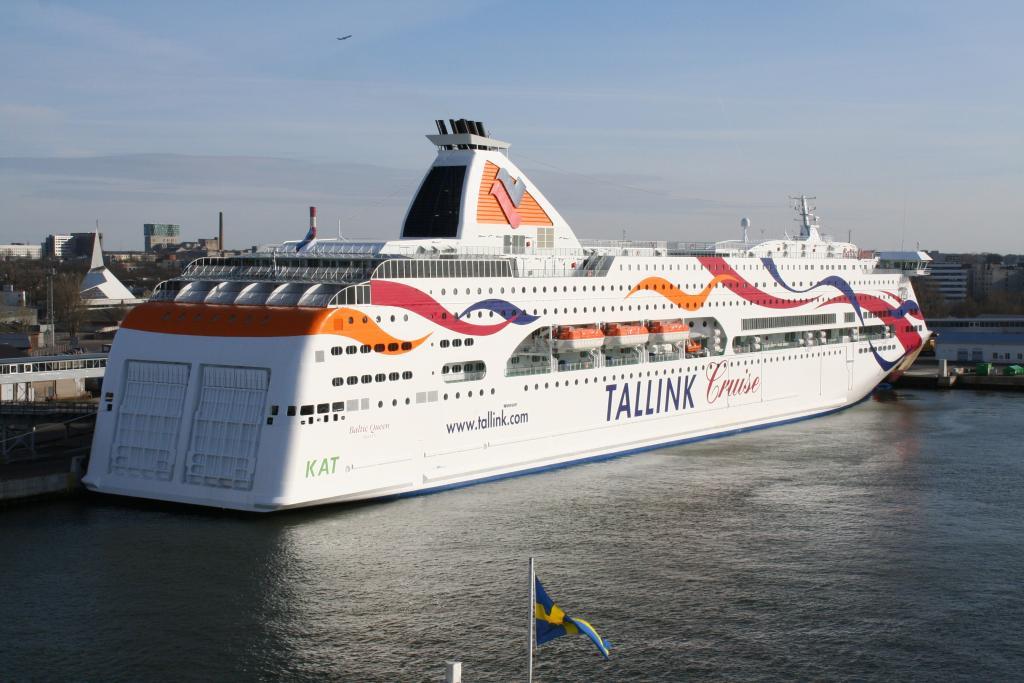
8 May 2020 – The Rammstein concert to be cancelled
According to Live Nation Estonia, a concert promoter, the Rammstein concert that was planned for 21 July at the Tallinn Song Festival Grounds will be cancelled; as of now, it’s not known whether it will happen at a later date. The promoter said that due to the restrictions imposed by different nations, the 2020 stadium tour of Rammstein, a German metal band, is not to go forward. The band is currently looking into whether the tour can be postponed and will let the fans know in due course. The Tallinn concert was sold out; the tickets will, as of now, be valid if the concert is to go on at a later date.

8 May 2020 – You can now travel to the Estonian islands again
Starting today, everyone can now travel between the Estonian mainland and the islands again. The Estonian prime minister, Jüri Ratas, yesterday signed an order to repeal the order from 4 May that only allowed people whose registered address was on the islands to travel, and from today onward, everyone can travel between the mainland and the Saaremaa, Muhumaa, Hiiumaa, Vormsi, Kihnu, Ruhnu and Manija islands. The 2+2 rule will be in effect – in public space, only parties of two can be together and they have to keep a distance of two metres (6.5 feet) between them and other parties.

8 May 2020 – Physicist: There’s a chance we can’t subdue the virus before it starts spreading again
A government advisor, physicist Mario Kadastik said there are many potential scenarios when it comes to the second wave of the virus. “One option for the second wave I that we can’t subdue the virus before it, after lifting the restrictions, starts spreading again,” he told Delfi. “The exponent is very uncomfortable in the sense that if it’s below zero, it’s decreasing; if it’s above one, it’s definitely growing, but the question is, how quickly. The breaking point – the moment when we go from zero-point to one-point – at that point the decrease stops in a moment.”
8 May 2020 – The state and IT companies to develop a coronavirus app
The Estonian government and IT companies are collaborating to develop a mobile app that allows people diagnosed with the virus to register it and then other people, should they get in contact with them, will be alerted that they’ve been in the vicinity of a virus carrier and further instructions. The app does predicate that people diagnosed with the virus voluntarily register.
7 May 2020 – Chamber of Commerce boss: by fall, Estonia may have 100,000 unemployed people
The chairman of the Estonian Chamber of Commerce, Toomas Luman, says that by the coming fall, Estonia may have already 100,000 unemployed people. “To assume that this crisis will pass quickly and everything is in order by the fall is today completely wrong,” Luman said in a TV programme. “People’s movement has been restricted, the movement of goods has been restricted. Consumption, demand have significantly decreased.” During the peak of the last crisis, Estonia had 116,000 unemployed people, Luman thinks that now, the country will drop there within nine to twelve months.
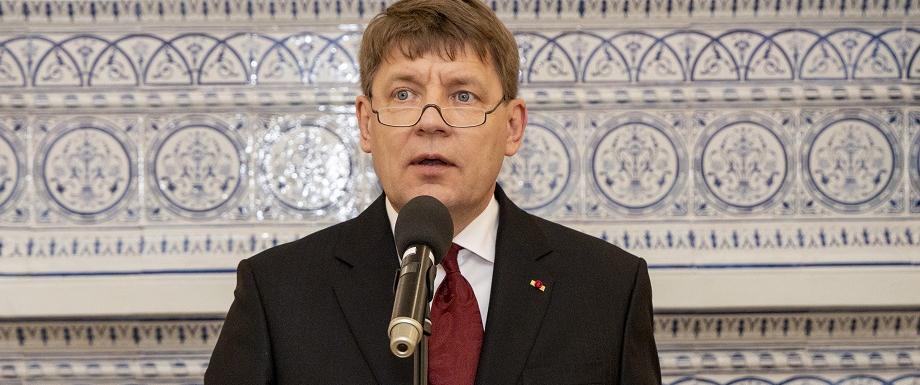
7 May 2020 – Latvia extends its emergency situation until 9 June
Latvia has extended its coronavirus emergency situation until 9 June; however, the government is going to relieve restrictions before. Starting on 12 May, up to 25 people may gather indoors or outdoors at both public and private events. Indoor gatherings can last up to three hours; outdoor events don’t have a time limit. Shopping malls can operate also in weekends and public holidays; culture, entertainment and sporting venues are allowed to stay open from 7 AM until midnight.
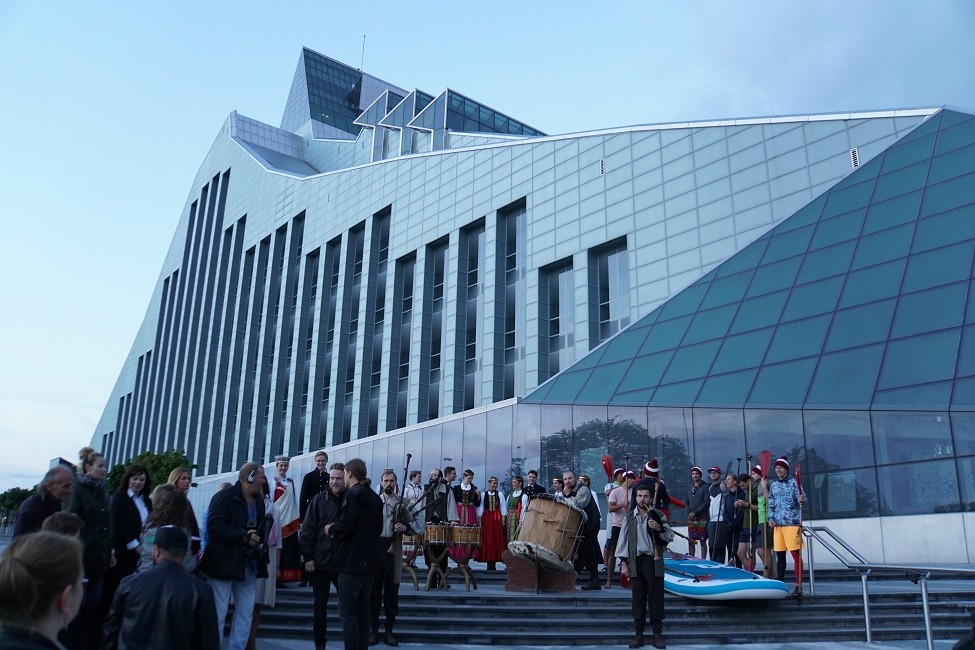
7 May 2020 – Former central bank governor: Life will recover as normal
Ardo Hansson, the former governor of Eesti Pank, Estonia’s central bank, takes a rather positive view of the post-coronavirus emergency world. In an opinion piece, published in Postimees (link in Estonian), an Estonian daily, Hansson says that compared with previous global pandemics or catastrophes, the damage caused by the coronavirus is quite modest and since people’s memory is short, this crisis will soon disappear into the oblivion. He cites the pandemics of the past, such as the Black Death (75–200 million estimated deaths) and the Spanish flu (17-50 million estimated deaths), for example, and says the human losses due to the current coronavirus are miniscule in comparison.
As for the impact on the travelling and tourism industry, Hansson cites dramatic disasters of the past, such as the MS Estonia sinking (1994), 9/11 terrorist attacks (2001) and 2004 Indian Ocean earthquake and tsunami, for example – and says that once the initial shock was over, people still travelled by ferries, flew by planes and travelled around. In a year preceding the 9/11 attacks, airlines carried 1.7 billion people – by 2018, that number had increased to 4.4 billion people, Hansson points out.
The coronavirus crisis has severe short-term economic effects, especially on businesses and the people who work there, Hansson concedes. “But in most cases, life will recover, and we live as we did a few months ago. We will continue to spend and consume. As social beings, we go to restaurants, nightclubs, theatres, concerts and sports events again – without the 2+2 rule and face masks,” he predicts. “We, Estonians, travel abroad again in full planes and tourists will be visiting Estonia more than ever before, even by cruise ships.”
“Of course, people’s lifestyles may change for other reasons – political, technological or climatic – but not because of the 2020 coronavirus pandemic,” Hansson states.
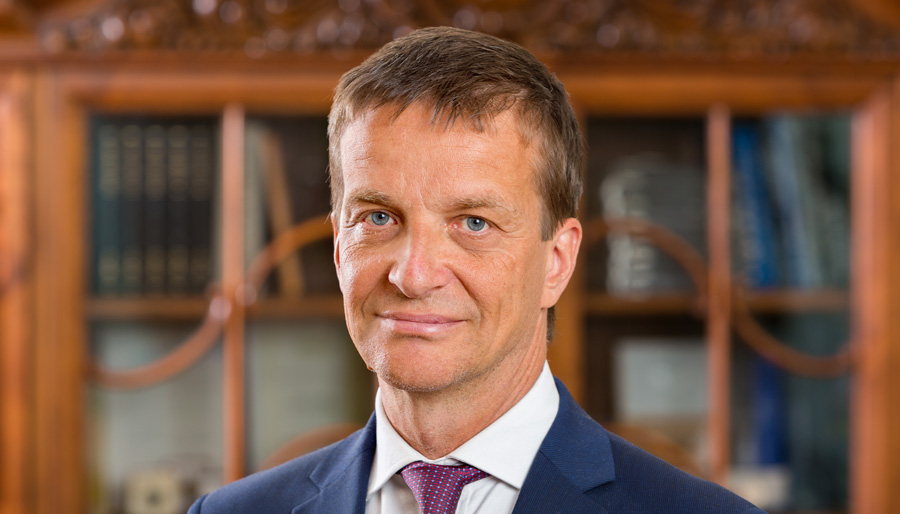
7 May 2020 – Over a hundred thousand people need help from the unemployment fund
As of this morning, around 103,000 people have applied for support from the Estonian Unemployment Insurance Fund. The fund is dealing with going through the applications; currently, 62,200 people are receiving unemployment support in the amount of €61 million, this amount is growing constantly, Postimees reported. The government has allocated €250 million to the fund; it’s early to say for how long this amount lasts. The unemployment fund pays maximum 70% of a worker’s average salary, in the maximum amount of €1,000.

7 May 2020 – Estonia borrows €375 million
The Estonian finance ministry yesterday emitted €375 million worth of short-term state bonds to borrow money to finance the coronavirus crisis. The emission was set up in a form of an auction; altogether, the auctioned amount was €300 million of six and twelve-month bond. This brought in €375 million of borrowed funds. The emitted state bonds all have negative profit margins.
7 May 2020 – Car sales drop 68% compared with last year
Estonian car dealers sold 824 new cars in March 2020, which is a 68-per cent drop compared with March 2019. The last time car sales were so weak was the months after the last economic crisis. Used car sales were even weaker, the director of the car dealers’ association, Arno Sillat, told Postimees. “The situation is somewhat better for the companies who also provide service. There was a decline in that sector, too, but people do use their cars and want to keep them running,” he stated.
7 May 2020 – Health Board: the autumn wave could be like an aggressive tsunami
According to the Estonian Health Board’s chief of emergency medicine, Martin Kadai, the new wave of the novel coronavirus could be “like a tsunami or a big wave and it could be very aggressive and serious”. The Health Board has set three potential scenarios on how to continue. “Today we’re going forward with the scientific reasonability that the pandemic will continue for two years, but how it could continue, there are different scenarios. It’s very probable that the disease won’t disappear. It’s possible it will decline for the summer, but is going to return in the fall,” Kadai told a TV programme on the public broadcasting.
He stated that the new wave of the virus could demand new restrictions. “One of the possible scenarios that has been modelled and seen with previous flu pandemics is that the so-called new wave is like a tsunami or a big wave and it could be very aggressive and serious. It’s one of these scenarios that could become true, which in reality means that there will be a need for some restrictions.” Kadai also pointed out that today we’re not seeing the natural course of the virus, but a clamped down one. “This does not mean a victory over the virus.”
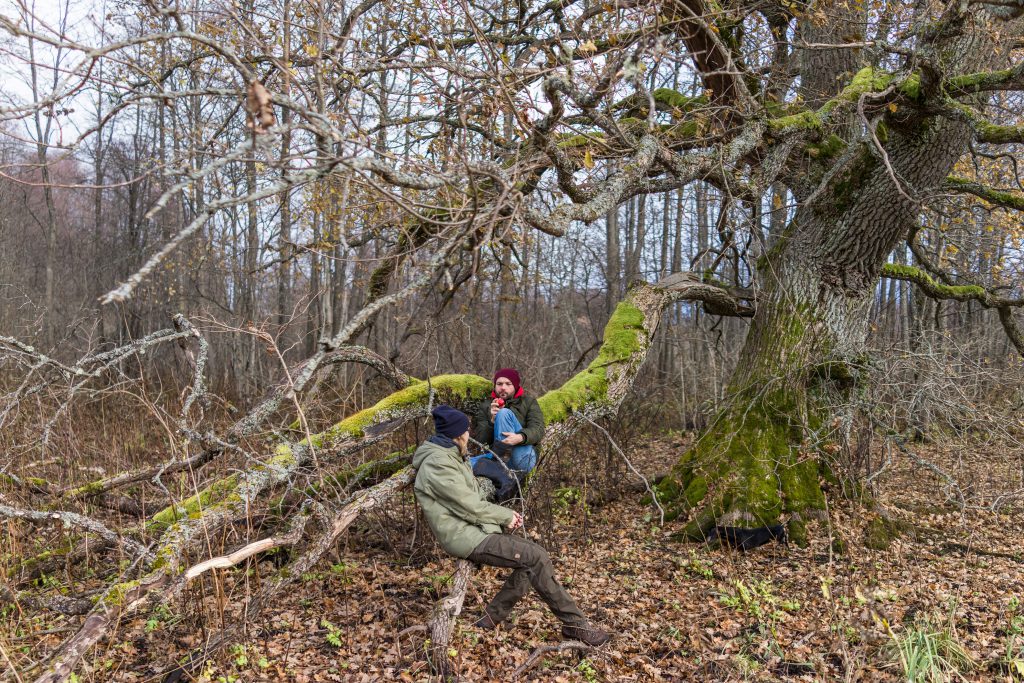
7 May 2020 – Virus danger on long-distance public transit
Since long-distance bus transit has reduced capacity, people can’t keep two metres (6.5 feet) apart from other passengers. A concerned passenger told his story to Eesti Päevaleht: “I had to travel from Tartu to Tallinn on 30 April and even though I usually take the train, I chose to take a Lux Express bus. I was certain that on the bus, there is one person per two seats like in other countries. Nevertheless, the bus was fully packed.”
“The person next to me coughed all the time. There’s no difference whether a person has a cold or COVID-19 symptoms, they shouldn’t be using public transport. That passenger nor others didn’t have a mask.” The CEO of Lux Express, Janno Ritsberg, told the newspaper that they haven’t received any instructions from the state when it comes to situations like this. “Every Lux Express bus has face masks. If something like this happens, people should talk to the driver, explain the situation and the driver will give them a mask.”

6 May 2020 – Tallinn sets its exit strategy
The Tallinn City Government has approved its strategy to exit the emergency situation and will start lifting restrictions starting next week. From 11 May, the city’s outdoor gyms, stadiums, playgrounds and dog parks will open and the central library will continue lending books. On 18 May, the subsidiaries of the central library will open and so will the museums, the city archive and the department of family affairs. The Tallinn Zoo is to reopen on 19 May. In the third phase, from 1 June onwards, the senior centres and social centres are to open. The mayor of Tallinn, Mihhail Kõlvart, said that even when all the exit strategy measures are imposed, the 2+2 rule will still remain in effect.
6 May 2020 – The Baltic states will open internal borders from 15 May
The prime ministers of Estonia, Latvia and Lithuania – Jüri Ratas, Arturs Krišjānis Kariņš and Saulius Skvernelis, respectively – agreed today during a conference call to open up internal Baltic borders from 15 May and allow free movement of the respective countries’ citizens. The citizens arriving from other countries still have to obey the 14-day self-isolation.
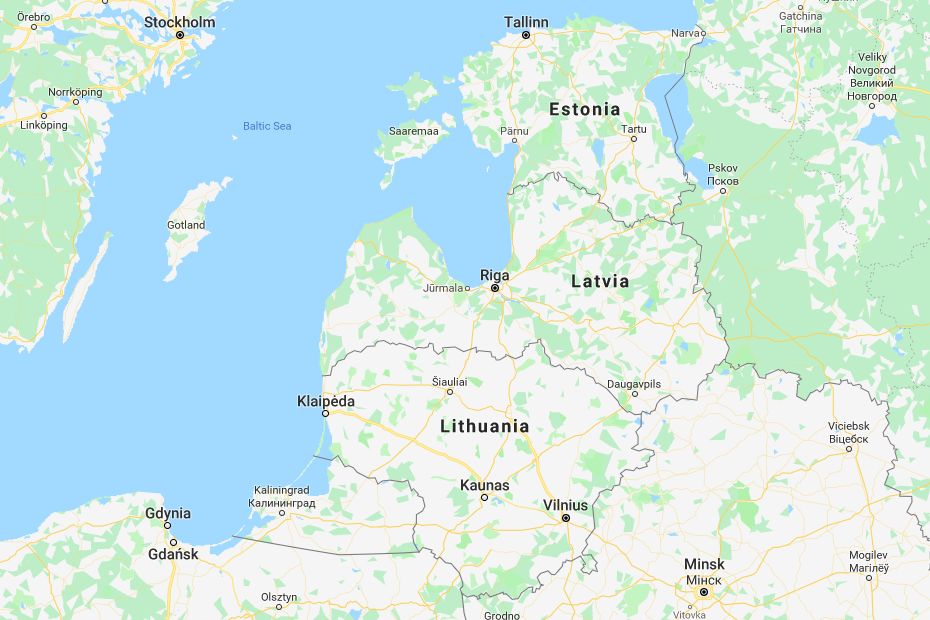
6 May 2020 – Health Board: Hold yourself back with travelling
Even though the Baltic states are opening their borders to each other, the Estonian Health Board says people should still hold themselves back with travelling. The chief of emergency medicine at the Health Board, Martin Kadai, says people should keep disinfectants in the car as hand-washing options are scarce. “When starting to drive, you should disinfect the steering wheel because the coronavirus isn’t the only virus that can spread with poor hand washing,” her said. “When it comes to travelling, people should at the moment still hold themselves back. You need to think about the necessity as you will meet different and strange people. That increases the chances of contagion.”
6 May 2020 – University of Tartu research: currently there are probably 1,400 positive cases
According to a research, conducted by the University of Tartu, there is no wide spread of the novel coronavirus in Estonia. The researchers tested 2,007 random adults in the country, among whom they discovered three who tested positive for COVID-19. Based on these results, the university says there are currently probably around 1,400 adults with the coronavirus and thus the contagion is under control.
“The results of the research give assurances that currently, the contagion in Estonia is small and relieving restrictions is substantiated,” professor Ruth Kalda of the University of Tartu said. “We’re planning the next phases of our research so that we can evaluate the effects of relieving the restrictions during a longer period. It’s important to ascertain the second wave of the contagion as early as possible.”
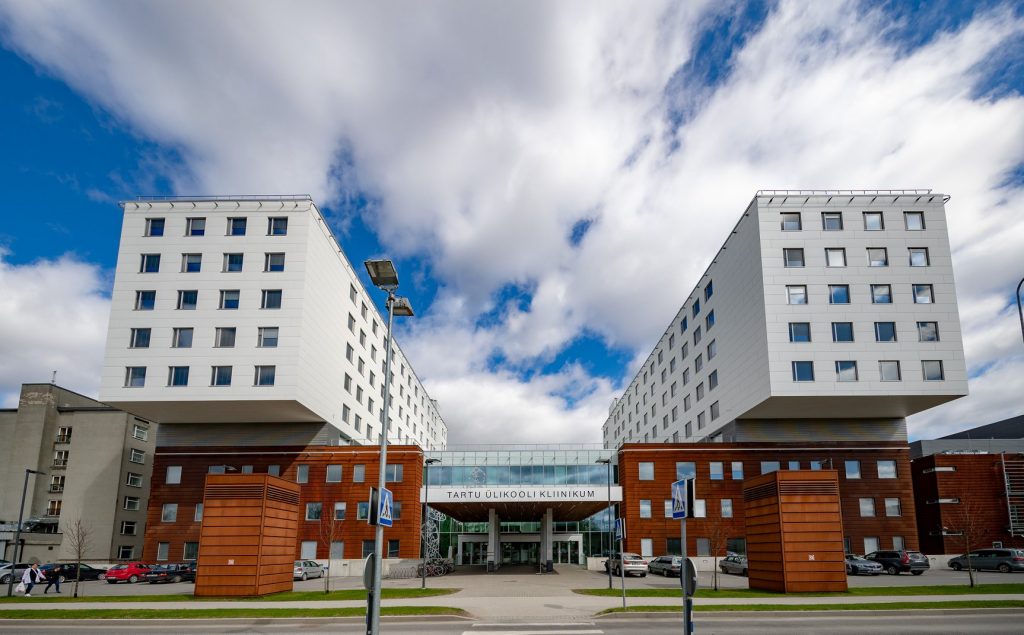
6 May 2020 – A Tallinn shopping centre to use nanolayers and cold fog to disinfect
A central Tallinn shopping centre, Viru Keskus, is preparing to open its door now that the government has announced the malls will be opened on 11 May. According to Delfi, the shopping centre is going to cover the surfaces of its elevators and restrooms with high-tech catalytic nanolayer that destroys possible virus fragments on the surfaces. All surfaces are going to be disinfected regularly and the centre is also destroying the virus, using cold fog. Incoming air will be disinfected through the ventilation with special high-tech UV appliances, and the floors of the mall will be covered with new protective layer that will prevent dirt to absorb into the floor.

5 May 2020 – Popov: Estonia is ready for the next wave
The Estonian government’s chief of emergency medicine, Dr Arkadi Popov, said in a TV programme that the country was ready for the next wave of the novel coronavirus, should it occur and should the virus not disappear over the summer. “When there are no positive tests for 14-15 days, we can think about the readiness of the emergency medicine units,” Popov said.
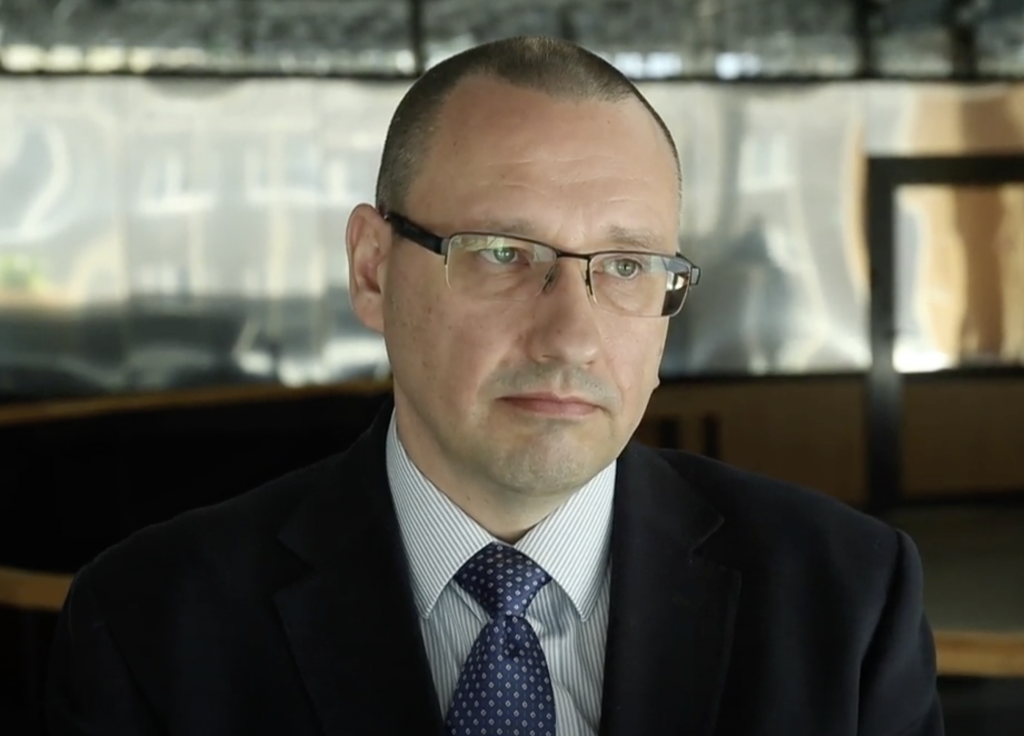
5 May 2020 – The government relieves restrictions
The Estonian prime minister, Jüri Ratas, today announced on Facebook that the government will allow driver’s education and exams to continue from 5 May, religious services to continue from 10 May and, from 11 May, to open up museums and exhibitions. Schools and youth centres will open up from 15 May, and starting 18 May, public meetings will be allowed. The 2+2 rule will remain in effect.
5 May 2020 – Shipping companies to restart ticket sales for trips to Finland
As the Finnish government has decided to open up its borders to the Schengen area foreign workers, both Tallink and Viking Line are restarting ticket sales for trips to Finland. Tallink is restarting its ticket sales today and is bringing its shuttle ship, the Star, back to serve the Tallinn-Helsinki route from 15 May. The company’s other shuttle, the Megastar, will continue according to the schedule. Viking Line is also preparing to return to business from 14 May. For the time being, leisure trips to Finland will still not be allowed.

5 May 2020 – Estonian startups are laying people off
Due to the coronavirus crisis, some of the Estonian startups have started to lay off people. Today, the Estonian-founded cloud-based sales software company, Pipedrive, announced it will lay off 14 people from its offices in Tallinn and Tartu; globally, the company is letting go twice as many. In addition to Tallinn and Tartu, Pipedrive has offices in New York City, New York; Lisbon, Portugal; and London, United Kingdom.
The Estonian online identity verification startup, Veriff, once one of the fastest growing startups in Estonia, yesterday announced it is laying off 63 people. It’s CEO, Kaarel Kotkas, who founded the company in 2015, was recently chosen the Estonian businessman of the year. Another Estonian company, the robot delivery startup, Starship, laid off around a hundred people close to the start of the crisis.

5 May 2020 – Estonia to open up shopping malls from 11 May
The Estonian government today approved the suggestion by the economy minister, Taavi Aas, to open up shopping malls from 11 May. “Over 50,000 people work in retail and shutting down the shopping malls clearly affected them,” Aas said. “Easing the restrictions will help guarantee an income to the workers in shopping malls and the areas that serve them, like wholesale, service and transport. Hopefully we can reduce the spread of the redundancy wave.” The shopping mall customers still have to adhere to the 2+2 rule – only parties of two and keep two metres (6.5 feet) away from other parties.
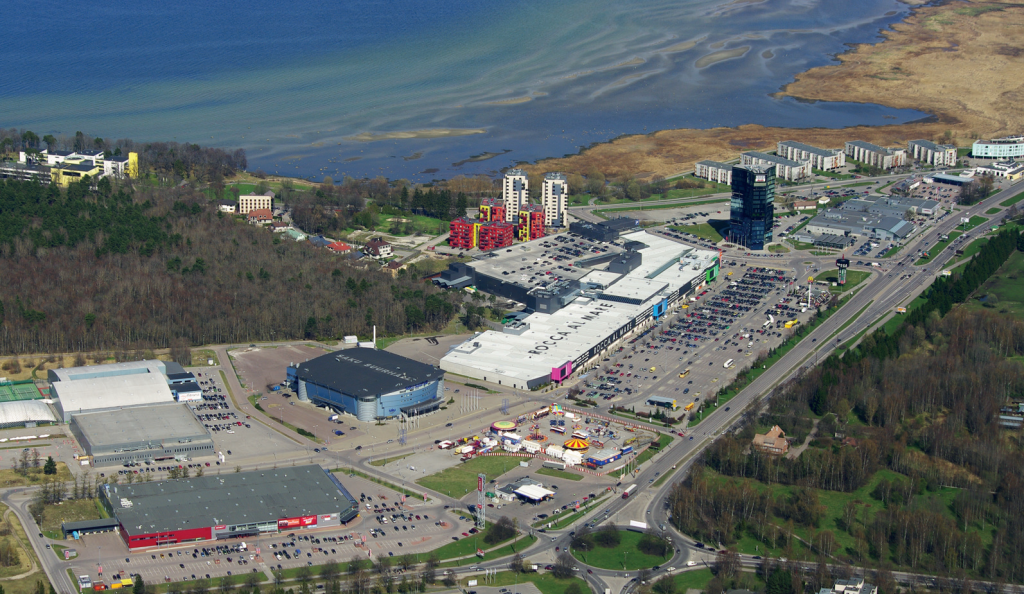
5 May 2020 – Scientists: A new coronavirus strain is more contagious than the original
According to the scientists at Los Alamos National Laboratory, a new strain of the novel coronavirus has become dominant worldwide and appears to be more contagious than the original version that spread in the early days of the pandemic. The new strain appeared in February in Europe, then migrated to the East Coast of the US and has been the dominant strain across the world since the middle of March. The strain is spreading faster than the original and it may make people vulnerable to a second infection after already being ill with the virus.
5 May 2020 – The University of Tartu is to research the plasma of recovered patients
The University of Tartu is planning a research to study the plasma of the recovered coronavirus patients to find out whether it can be used to save other patients in a critical condition. “The idea is, in the plasma of those who have recovered from COVID-19, there are antibodies that can help when transferred to a patient, Ain Kaare, the chief the department of haematology and bone marrow transplants at the University of Tartu clinic, told Postimees. According to him, many countries are conducting such research. “In some countries it was possible to start sooner, now we’re ready.” The research will be done in cooperation of the University of Tartu, the University of Tartu clinic, and the blood bank of the North Estonia Medical Centre.
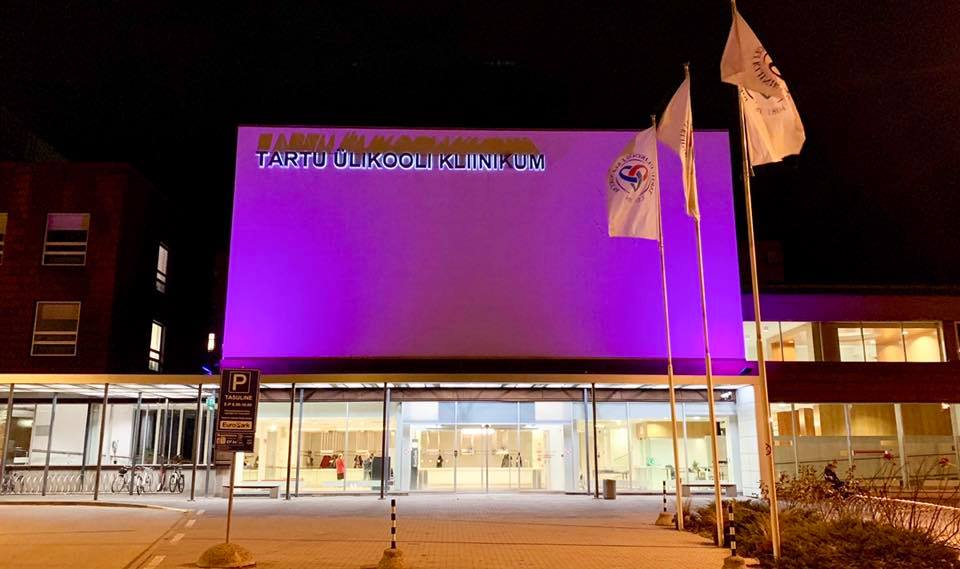
5 May 2020 – Employers’ Confederation boss: there will be new taxes, no fast pay raises
Arto Aas, the leader of the Estonian Employers’ Confederation, said in an interview with Delfi that there’s a probability for new taxes and that this year and the next, there will be no fast pay raises for people. “The state has to take the money back from somewhere,” he said. “I’m afraid this means additional taxes.” He said he hoped that we won’t see any of that this year and the next. “But in a five or a ten-year prospect. The Centre Party has had many tax-raising proposals. They wanted to start a debate this spring, which means they want new taxes or to raise them. I think that after the crisis, they’ll be putting taxes on the table again.”
Aas also predicted that the current unemployment rate of 7.2% will grow to over ten per cent. “We’ll see a lot of unemployment. Primarily the people who don’t have vocational training and skills, who have gaps in education and foreign languages. But specialists will be needed even in the near future, that’s why it’s essential to allow foreign workers,” he told the news portal.
“We’ve very actively stood for the foreign workers’ right to come to Estonia. … We’re very worried that during the emergency situation, the government is engaged in party political agenda that doesn’t have anything to do with solving the crisis, quite the contrary – it makes it worse. This can be seen in agriculture, industry, construction. We need foreign workers for the Estonian economy to grow,” he noted about the recent law the parliament adopted that forces foreign workers to leave the country, should they become unemployed, even if their visas are still valid.
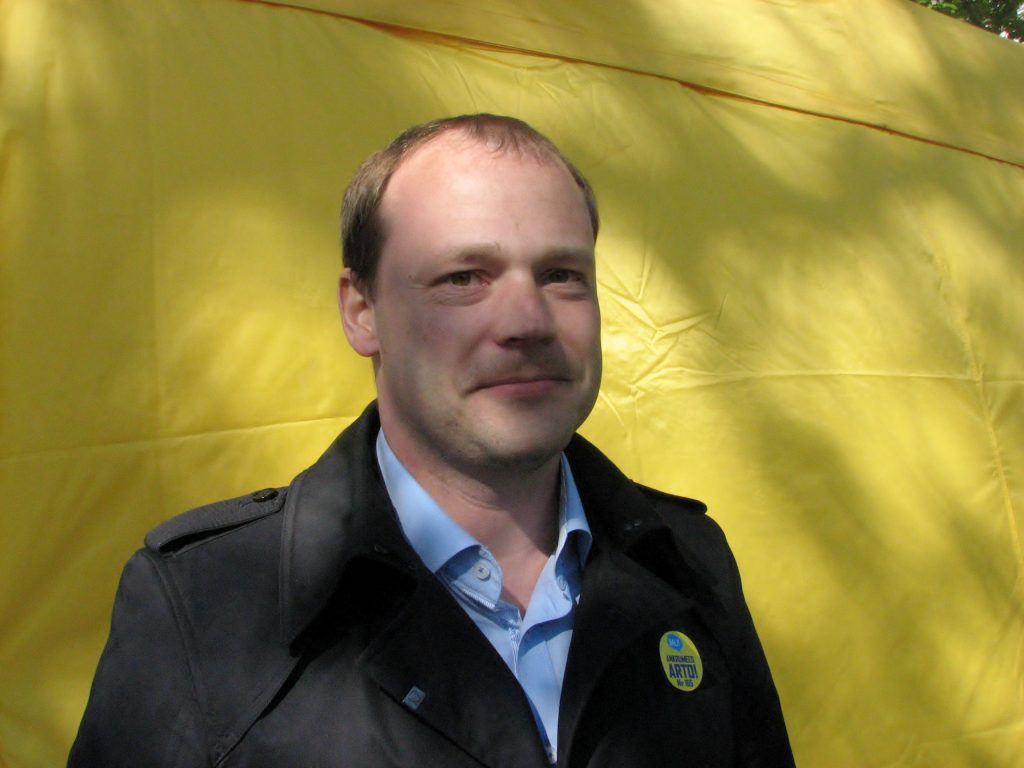
5 May 2020 – Israeli scientists report a “significant breakthrough” in isolating a key coronavirus antibody
The scientists at the Israel Institute for Biological Research have reported a “significant breakthrough” toward a possible treatment for the novel coronavirus – they isolated a “monoclonal neutralising antibody” that can “neutralise” the virus inside the carriers’ bodies, according to the country’s defence minister, Naftali Bennet. The director of the institute, Shmuel Shapira, added that the antibody formula will be patented, after which they’ll seek an international manufacturer to mass-produce it. Antibodies are widely seen as a key to developing a possible cure for the virus.
5 May 2020 – Over half of the world’s CEOs say the crisis poses a significant risk to their business
According to a research by the Young Presidents’ Organization, a global leadership community of chief executives with approximately 28,000 members in more than 130 countries, 51% of the 3,534 CEOs who responded to its survey say the coronavirus crisis poses a large or severe risk to their business; 11% of them are saying their business is at risk of not surviving. Another 56% of chief executives now say their business outlook has become significantly more negative. Very few chief executives – nine per cent – reported their business outlook improved compared with last month.
“In every region, over three-quarters of chief executives say their COVID-19 business outlook has become more negative compared to the beginning of last month,” the YPO said. “Business leaders in South Asia are significantly more likely than those in North/Southeast Asia (54%), the U.S. (53%) and Australia/New Zealand (49%) to say their business outlook has become significantly more negative since the beginning of March.” The organisation surveyed 3,534 CEOs aged 23-91 from 109 different countries.

4 May 2020 – Finland to open borders for foreign workers on 14 May
The Finnish government has decided to open its borders for foreign workers from other Schengen area states from 14 May. This includes Estonians who work in Finland. Travelling for leisure reasons will not be allowed for the time being. “Mostly what’s needed is that people could return home to Estonia from Finland and then come back. Everyone should still be voluntarily quarantined for two weeks,” the Finnish interior minister, Maria Ohisalo, said in a press conference.
The country’s prime minister, Sanna Marin, added that people still have more responsibility to avoid close contacts and to take care of their hygiene. “I don’t think we can return to where we were in the beginning of the year. We’re moving towards a new normal where restrictions are in effect. I would put the question to whether we’re moving towards a new normal. And the answer is, yes, we are.”

4 May 2020 – Islanders can again move between their home and the mainland
Starting from today, the residents of Saaremaa, Muhumaa, Hiiumaa, Vormsi, Kihnu, Ruhnu and Manija islands will be able to move freely between their islands and the Estonian mainland. The restrictions of movement were lifted for everyone whose registered residence or a registered additional residence is on the islands; together with them can, also their family members – spouses, partners, siblings, children, parents and grandparents – can move freely between the islands and the mainland. Starting 18 May, everyone can move freely between the islands and the mainland.

4 May 2020 – High school finals will this year be voluntary
The Estonian government has approved the proposal by the education minister, Mailis Reps, according to which the elementary school finals will be cancelled this year and the high school finals will be voluntary. Reps said that in the current situation, the students should have a choice whether to participate in the finals or not; whether to do it now or later. “I still call upon all graduates to participate in the finals as it may be necessary for your futures and chances to continue your education,” Reps said.

4 May 2020 – Scientists: Three probable scenarios for the future of the COVID-19 pandemic
The scientists at the University of Minnesota Center for Infectious Disease Research and Policy – CIDRAP for short – published a report on how the novel coronavirus pandemic may develop in the future. “…there are several different scenarios for the future of the COVID-19 pandemic, and some of these are consistent with what occurred during past influenza pandemics,” the report says, offering three potential scenarios:
Scenario 1: The first wave of COVID-19 in spring 2020 is followed by a series of repetitive smaller waves that occur through the summer and then consistently over a one to two-year period, gradually diminishing sometime in 2021. The occurrence of these waves may vary geographically and may depend on what mitigation measures are in place and how they are eased. Depending on the height of the wave peaks, this scenario could require periodic reinstitution and subsequent relaxation of mitigation measures over the next one to two years.
Scenario 2: The first wave of COVID-19 in spring 2020 is followed by a larger wave in the fall or winter of 2020 and one or more smaller subsequent waves in 2021. This pattern will require the reinstitution of mitigation measures in the fall in an attempt to drive down spread of infection and prevent health-care systems from being overwhelmed. This pattern is similar to what was seen with the 1918-19 pandemic. During that pandemic, a small wave began in March 1918 and subsided during the summer months. A much larger peak then occurred in the fall of 1918. A third peak occurred during the winter and spring of 1919; that wave subsided in the summer of 1919, signalling the end of the pandemic. The 1957-58 pandemic followed a similar pattern, with a smaller spring wave followed by a much larger fall wave. Successive smaller waves continued to occur for several years. The 2009-10 pandemic also followed a pattern of a spring wave followed by a larger fall wave.
Scenario 3: The first wave of COVID-19 in spring 2020 is followed by a “slow burn” of ongoing transmission and case occurrence, but without a clear wave pattern. Again, this pattern may vary somewhat geographically and may be influenced by the degree of mitigation measures in place in various areas. While this third pattern was not seen with past influenza pandemics, it remains a possibility for COVID-19. This third scenario likely would not require the reinstitution of mitigation measures, although cases and deaths will continue to occur.
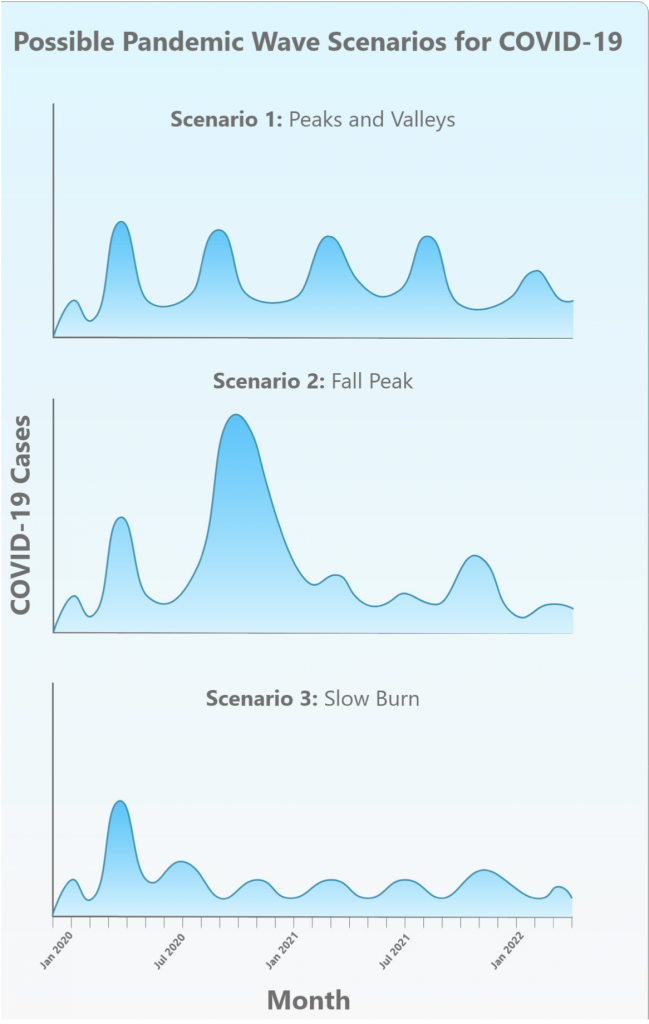
4 May 2020 – Latvia quietly celebrates 30 years since restoring its independence
Latvia is today celebrating 30 years since the country restored its independence after the Soviet occupation. Usually, the day is marked by ceremonies, speeches and gatherings, but as the coronavirus emergency measures are still in place, the celebration this year has been quieter and more private, the Latvian public broadcasting reports. The Latvian president, Egils Levits, took part in a flower-laying ceremony at the Freedom Monument in central Riga; other officials were also quick to mark the occasion online, with prime minister Krišjānis Kariņs offering congratulations to all who “have Latvia in their hearts”. The country’s foreign minister, Edgars Rinkēvičs, said the last 30 years had been a “remarkable journey”.
The Republic of Latvia was proclaimed on 18 November 1918, but at the beginning of the Second World War, the country, akin to its neighbours, Estonia and Lithuania, was occupied first by the Soviet Union, then briefly by Nazi Germany, and then again by the Soviets. The Soviet occupation lasted 46 years until 4 May 1990 when the Latvian parliament voted to restore the country’s independence.
4 May 2020 – Estonian EC rep: open borders are a question of trust
Keit Kasemets, the head of the European Commission’s representation in Estonia, is contemplating on Facebook that there is no good reason for the European Union member states to keep their borders closed to their neighbours. “When it comes to state borders, then today the situation in the European Union is that four countries (Ireland, the Netherlands, Luxembourg and Sweden) have kept their borders open. Most countries allow work migration, that’s also a recommendation of the European Commission. In some places, an additional health screening is applied. In practice, 12 state borders are closed, including Estonia’s.
“In our region (the Baltic state and Finland, Poland and Denmark), the epidemiologic situation is quite similar and approving quickly:
- The number of the infected has grown in the past three days in Estonia by 3% (+23), in Finland by 6% (+89), in Lithuania 1% (+10), in Latvia 5% (+9), in Denmark 5% (+150).
- The number of hospitalised people in Estonia is 56, in Finland 34, in Lithuania 41 and in Latvia 22 per one million. In Denmark, this number is 44 per million.
- In Estonia, 0.39 people per 100,000 have died, in Finland, 0.38, in Lithuania, 0.16 and in Latvia 0.068.
“Therefore, there is no good reason to keep the borders with one’s EU neighbours closed. It’s a question of trust.”
4 May 2020 – The Unemployment Fund to pay out millions
The Estonian Unemployment Insurance Fund is to pay out millions in compensation to people who are out of work due to the coronavirus crisis; the Estonian shipping company, Tallink, is one of the largest whose employees will get some relief. Altogether, the fund has decided to pay 38,000 employees of 6,243 companies in the sum of over €33 million. Tallink’s 3,000 employees will get over €3.5 million; AS Norma’s 849 workers are due €883,000; the newspaper Postimees’ 545 employees are due €656,000; and 521 workers of the rideshare company, Bolt, will get €655,000.

4 May 2020 – A recovered coronavirus patient in Saaremaa gets back on his bike to inspire hope – and donations for Kuressaare Hospital
One of the first people to become seriously ill after contracting the novel coronavirus in Estonia has not just recovered but taken part in a charity cycle ride around Saaremaa to help inspire thousands of euros in donations for the hospital that saved his life. Cycling coach Riho Räim from Saaremaa was in intensive care with COVID-19, but medical workers at Kuressaare Hospital managed to stabilise his condition so that he could be airlifted off the island to Tallinn for specialist treatment.
After beating the illness, Räim made a hero’s return to Saaremaa where he joined his son, Mihkel Räim, and friend, Steven Kalf, for a fundraising ride around the island.
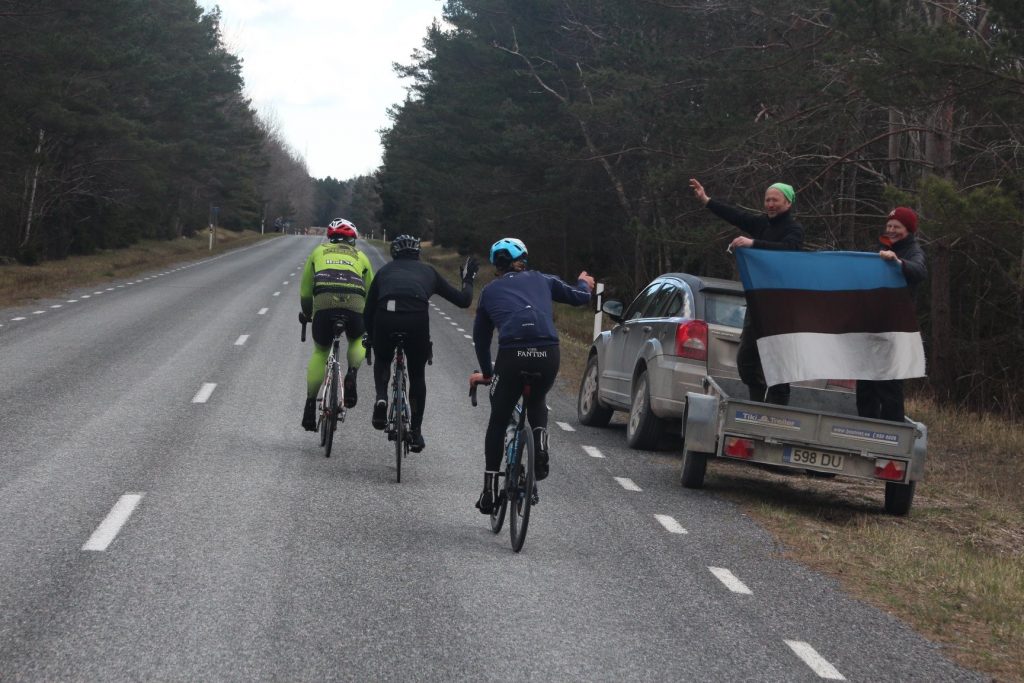
4 May 2020 – Almost half of the Estonian startups could be affected by the coronavirus crisis
A survey conducted by Startup Estonia and the Estonian Startup Leaders Club in April shows the pandemic has reached many startups and 48% of respondents estimated their revenue will drop by a half.

4 May 2020 – People are having trouble with paying their mortgages
The crisis has now brought first difficulties for people having to pay mortgages. The Estonian banks have so far given payment furlough to four per cent of mortgages, but the amount of people who cannot afford to make their payments may, according to the banks, grow. The banks do say that they’re willing to give furloughs to most customers who can’t afford their payments because of the crisis; however, the furlough only apples to the main payment and not the interest. And the people who are given a furlough will have to pay more per month in the future.
“It depends very much on in which period the mortgage is, in the terms of its final deadline. If one has paid for 25 years and maybe has five years to go, the interest payment could be €50-€100. If one’s in the beginning of their mortgage, the interest payment may be a very large proportion of the entire monthly payment,” the director of personal banking at SEB, Sille Hallang, told the public broadcasting’s news programme.

4 May 2020 – Finland didn’t make a decision on opening its borders
The Finnish government had negotiations among its ministers the whole day yesterday, but by the late end of the day, they hadn’t come up with any decisions on easing the restrictions imposed to curb the spread of the novel coronavirus, including opening its borders to Estonians or at least Estonian shuttle migration. The negotiations will continue today at 10 AM EEDT. On 1 May, the Finnish newspaper, Helsingin Sanomat, reported that one of the hottest questions is the reopening of the Estonian-Finnish border as the coronavirus cases in Estonia have declined for a couple of weeks and the Estonians are hoping that the borders will open for cross-border workers as soon as possible.
3 May 2020 – Statician: the probability of catching the virus outdoors or in a store is low
A professor of mathematical statistics at the University of Tartu, Krista Fischer says that the confirmed cases of the novel coronavirus have declined in Estonia and the probability of getting it when being outdoors or in a store is low. However, the virus hasn’t disappeared and it’s important to think about how to move forward. “We need to be reasonable and careful and keep our direct contacts small, we shouldn’t get too close to strangers, we shouldn’t have family reunions,” she told Postimees.
Fischer also disagreed with claims that herd immunity is inevitable. “Estonia has taken the road of effectively containing the epidemics and so far, it has succeeded. If we were to plan ahead for herd immunity, we’d ruin that.” According to her, we need a proper, high-quality and fast monitoring system that would have data about new infections and people with antibodies. It’s also useful to monitor contacts to find out where a potential contagion pocket can develop. We also need preparedness to react to local pockets so that the virus wouldn’t chaotically spread all over the country.
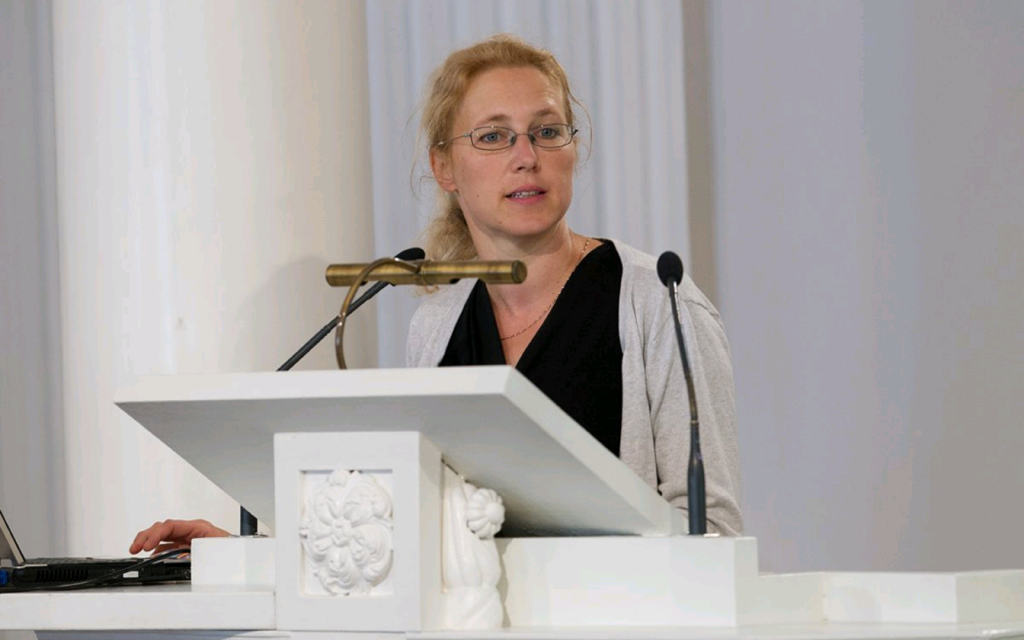
3 May 2020 – The mayor of London publishes a video of the metropolis’ empty streets
Sadiq Khan, the mayor of London, today tweeted a video of the empty streets of the UK capital. The usually bustling city, home to nine million people and millions of more who commute to the metropolis every day, looks like a deserted ghost town.
3 May 2020 – President Trump sends a personal, signed letter to Americans
The US president, Donald Trump, has sent a personal, signed letter to millions of Americans who got their stimulus support from the government – $1,200 for a single taxpayer and $2,400 for a couple – via bank transfer. When the US government decided to support Americans with this one-time payout, the president wanted the stimulus checks to bear his signature in the memo line of the physical checks. But the people who have always got their tax refund via bank transfer, also received the stimulus support the same way and never got the physical check with Trump’s signature. This letter, evidently, is to rectify the situation – lest we forget, it’s an election year and Trump is running for the second term, presumably against the former vice president, Joe Biden.

2 May 2020 – Estonia’s coronavirus death rate is above the global average
As of today, 53 people have died of the coronavirus in Estonia. By that number, the country is 33rd in the world, as for a number of deaths per million population. Estonia has lost 40 people per million, while the global average is 31. The worst hit countries, per million population, are San Marino (1,208), Belgium (670), Andorra (557), Spain (537) and Italy (475).

2 May 2020 – Air Baltic to give passengers masks and disinfectants
The Latvian flag carrier, Air Baltic, the airline many Estonians also use, has announced that when it restarts flying, it will give all passengers face masks and disinfectants. The airline said it wanted to responsibly guarantee its passengers’ safety. Air Baltic is also working on rules how to more often disinfect the cabin and additional safety measures for the crews. The airline had previously said that if the Latvian government doesn’t extend the imposed emergency situation, it plans to start flying from 13 May, first from Riga and in June from Tallinn.
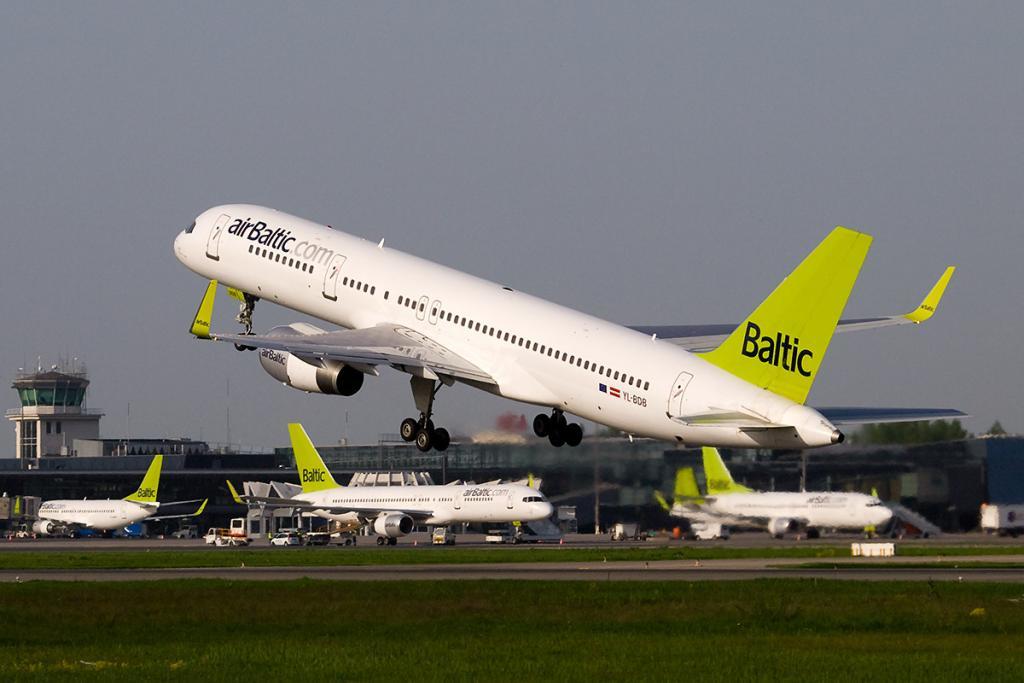
2 May 2020 – Estonian Lutheran churches to ring the bells in protest
Urmas Viilma, the head of the Estonian Evangelical Lutheran Church, announced today that he had asked the Lutheran churches to ring the bells in protest against strict restrictions. Viilma wrote on his official Facebook page that for already fifty days, the churches have been forced to suspend their services, due to the restrictions placed on public gatherings during the coronavirus crisis. In a situation where strict rules have been formally relaxed in many areas of life, the question is when Christians “who have been left hungry” in terms of their Christian faith, could be allowed to attend services, Viilma said.
“I have decided to ask the churches to ring their bells on Monday, Wednesday and Friday at 12 PM and 3 PM at the beginning of the week,” he said. “With the demonstration of the church bells, we signal that the congregations all over Estonia are ready to invite people to attend services, and for that the church bells are ringing – to worship and singing praises to God, or in a sign of making our voices loudly heard to the decision-makers.”

2 May 2020 – Support Estonian World
Since you’re here, we have a small favour to ask. Despite the harsh daily challenges we face as the independently run media outlet, Estonian World has managed to offer engaging content on a weekly basis since 2012 – but to carry on the work we started, we need your help.
Unlike many media outlets, we haven’t put up a paywall or distract readers with banner ads – we want to keep Estonian World open and free to read. Please consider helping us in our efforts. We’d be grateful for every level of support – here’s how you can support us.

2 May 2020 – Important contacts, websites and media outlets
Settle in Estonia, a free educational programme provided by the Estonian state which is intended to help the foreigners who have arrived in Estonia to adapt and become accustomed to local life more easily, published these information posters that highlight the important phone numbers and websites, including the Estonian English-language media outlets, during the crisis.
2 May 2020 – Ambassador: It’s a shame the UNSC hasn’t taken a lead role in the crisis
Estonia yesterday assumed the month-long presidency of the United Nations Security Council, and in a press conference marking the occasion, the Estonian permanent representative to the UN, ambassador Sven Jürgenson, said it’s a shame the council hasn’t taken a lead role in the ongoing coronavirus crisis. The American journalist, Edith Lederer of the Associated Press, asked Jürgenson, how serious does he regard the situation that the UNSC “has basically abdicated any leadership on the critical issue of COVID-19 as a global pandemic”.
“Yes, I agree, I think it’s a shame that we have been not able to take leadership. There are certain reasons for that, but Estonia has been one of the most active and pushing very, very strongly more than a month already to be there and for the Security Council to stand where it should stand,” Jürgenson said.
1 May 2020 – Queen releases a special version of “We Are The Champions” to honour health-care workers
The legendary British rock band, Queen, collaborating with the American singer, Adam Lambert, has released a re-worked version of “We Are The Champions”. The original version, released in 1977, was sung by the band’s legendary singer, Freddie Mercury, and over the years became one of the most famous anthems created by one of the most famous rock collectives of all time.
Re-titled “You Are The Champions”, the new version was put together under lockdown with the band’s guitarist, Brian May, and drummer Roger Taylor playing in London, and touring singer Adam Lambert recording his vocals in Los Angeles. The song is released as a single and the proceeds will go to the World Health Organisation’s Covid-19 fund, which supports medics around the world.
May, whose daughter works as a GP in London, told the BBC he was “angry and sad” that health-care workers were “expected to go in and risk their lives” without proper protection. “People have died. Young people who had their whole lives ahead of them. I find it absolutely heartbreaking,” he said.
1 May 2020 – Survey: Majority of Estonians report income loss
The latest social research survey in Estonia, commissioned by the Estonian Government Office and conducted by Turu-uurningute AS, shows that 58% of the Estonian residents report the coronavirus situation has decreased their own or their family’s income. Among employed residents, 41% say their workload has not changed during the emergency situation, for 35% it has decreased and for 16% it has increased. Among respondents who noted that they are unemployed, 29% lost their jobs during the emergency situation.
The survey shows that 51% of residents are staying home and an additional 5% are in quarantine; 43% of residents are going out as much as before, and of them 39% avoid crowded places while 4% do not. Seventy per cent of the residents follow all guidelines, while women are more careful than men, at 79% vs 60%, respectively. Among those 65 and older, 78-83% follow all guidelines.
According to the survey, 80% of residents are prepared to wear masks in public places indoors. However, 26% say that buying masks is too costly and 26% doubt whether wearing masks is useful for containing the virus and protecting the wearer. People are most prepared to wear a mask to go to the doctor (67%), in shopping centres/stores (64%) and in public transport (62%).
The survey also shows that 74% of Estonian residents are prepared to consider using a mobile application that would help find out whether they have had contact with a person tested positive for COVID-19. The survey included 2,024 Estonian residents over the age of 15 who answered questions by phone or online.
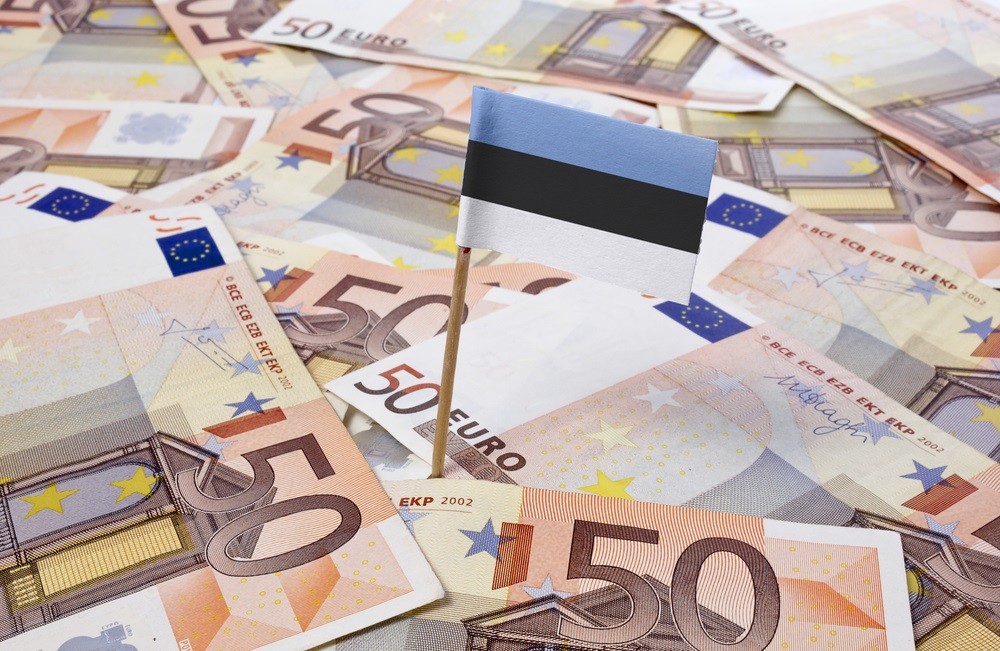
1 May 2020 – Past month’s smallest number of people hospitalised due to COVID-19
As of today, 72 people are hospitalised due to the novel coronavirus, which is the smallest number of COVID-19 patients in the past month. In the past 24 hours, three people were released from the hospitals, bringing the total of those released to 253. Of the 72 people that are still in the hospitals, seven are on assisted breathing.
1 May 2020 – Bank of Estonia economist: For the economy to recover, we need to contain the virus
Kaspar Oja, an economist at the Bank of Estonia, writes in an opinion article in Delfi (in Estonian, behind paywall) that when people discuss lifting the restrictions, then they often see a conflict between health care and the economy, and that brings them to the opinion that we have two extremities – in the first, there are less deaths and in the second the economy is booming. According to Oja, this is misguided because to restore the economy, we need to contain the virus.
He says we need to think about the rules that we need to apply to manage our lives in order to avoid complete bans, and at the same time keep the contagion under control. “When restoring the economy, it’s not only about lifting the restrictions, but also restoring the people’s sense of security,” he asserts. “If, after lifting the restrictions, lots of people get sick, then the economy won’t be better. There is no point in lifting the restrictions if they will be replaced by the fear of contagion.”
1 May 2020 – Finnish newspaper: the opening of the Estonian-Finnish border is the hottest question
Finnish newspaper Helsingin Sanomat is today reporting that one of the hottest questions now is the reopening of the Estonian-Finnish border as the coronavirus cases in Estonia have declined for a couple of weeks and the Estonians are hoping that the borders will open for cross-border workers as soon as possible. The countries’ foreign ministers discussed the issue on Wednesday and the newspaper says that the Finnish authorities will talk about opening of the borders this coming Sunday. “Technically it’s possible that Estonia would first open its border to the Finns and Finland would make its decision later,” Helsingin Sanomat says, admitting, however, that Estonia wouldn’t want to do that.
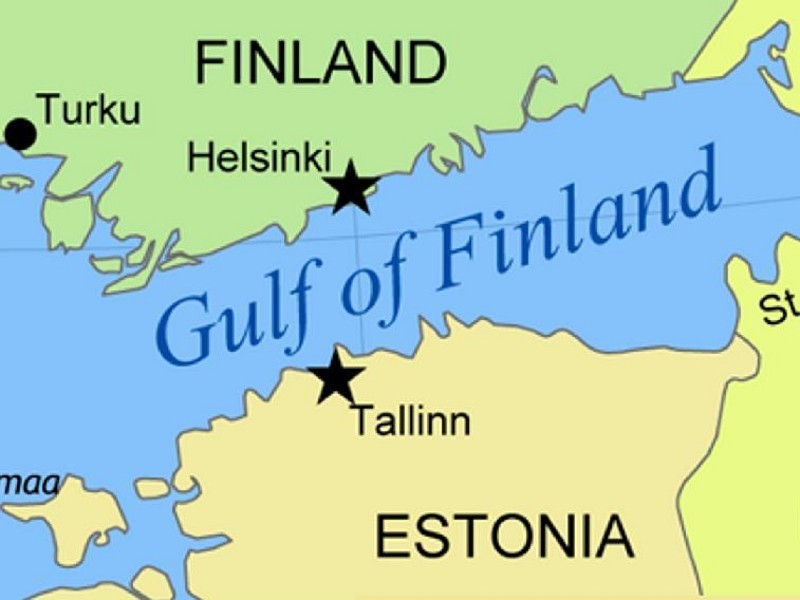
1 May 2020 – Businesswoman: we need a plan to live with the virus
The director of the Circle K Estonian stores and the chairwoman of the council of the Estonian Employers’ Confederation, Kai Realo, said on a public broadcasting TV programme that Estonia needed a plan to live with the coronavirus. “We know we have to live with the virus. This virus hasn’t disappeared, we have just pushed it down. If our goal is zero infected, then I think this quarantine will last forever. When we understand that, in reality, we have to deal with keeping risk groups safe, to avoid explosive contagion, then we need different measures. Every area of business must, in addition to an exit strategy, think about what the norm is to move forward,” she said.
“We have to keep living even if the virus reactivates in the fall. How to protect each other? How to take responsibility as human beings?” she asked. “When we’re talking about capitalism, then it’s an interaction between demand and supply. And today, we’re exiting the crisis with the supply we had before the crisis. We have things that have already been manufactured and what we’re used to manufacture and produce and the services we’re used to provide. But what will change is the demand and it has two directions. One’s that you can’t afford these things because you don’t have enough work. The other is that the people’s behaviour will change. This crisis has taught us to consume differently and see things differently,” Realo told the public broadcasting.
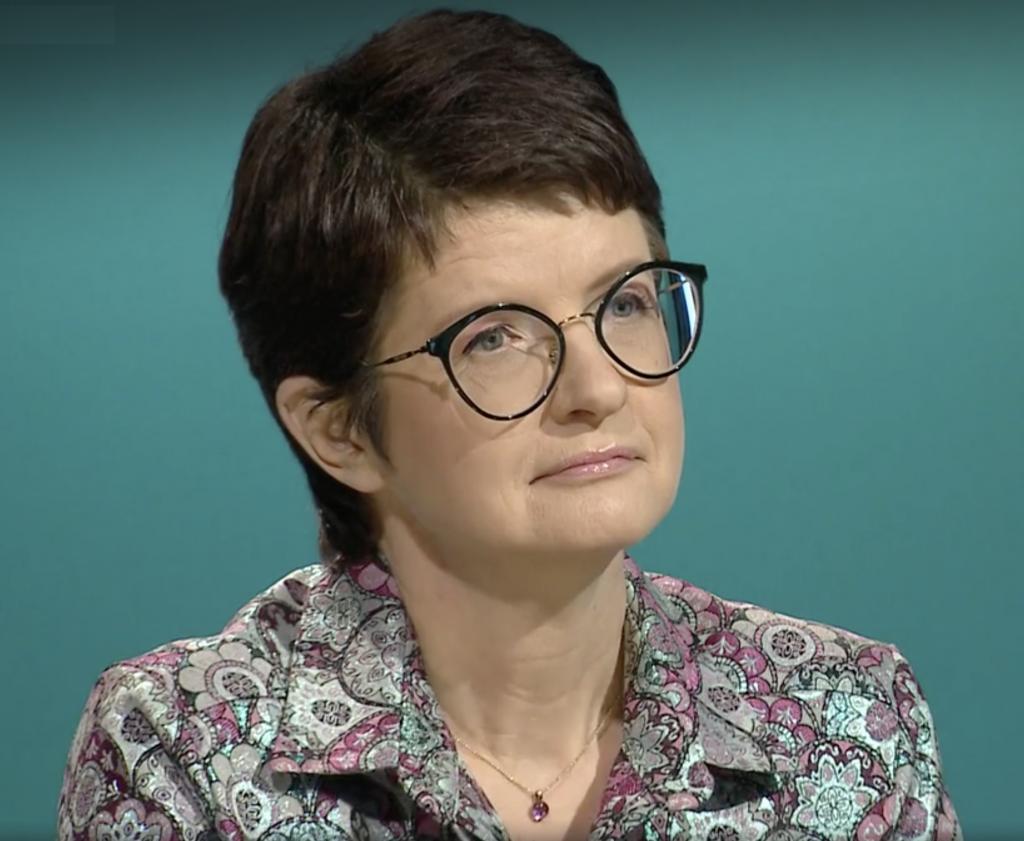
1 May 2020 – Fotografiska Tallinn will live tour Bryan Adams’s exhibition Exposed
Fotografiska Tallinn, a photo gallery at the Telliskivi Creative City, will live tour the world-famous singer, Bryan Adams’s exhibition, Exposed, on 3 May at 7 PM EEST (5 PM BST; 12 PM EDT) to give the potential audience the chance to virtually visit the singer’s portrait photos during the coronavirus crisis.

1 May 2020 – Over a million people have recovered from the virus
Globally, over one million people have recovered from the novel coronavirus. Over 3.3 million people around the world have been tested positive with the virus, with over one million of them in the United States. Almost 234,000 people have succumbed to the virus, globally; close to 64,000 in the US. According to scientists, data has indicated that most people who contract the coronavirus do recover; however, the virus can still spread rapidly due to asymptomatic carriers not knowing they have contracted it, as well as symptoms not appearing for up to 14 days after initial infection. While one person may recover, that person can also infect plenty more who may not.
1 May 2020 – What is the coronavirus doing to our planet?
The coronavirus will not make the climate crisis go away – if anything, it can make it worse, some scientists say; Research in Estonia investigates.
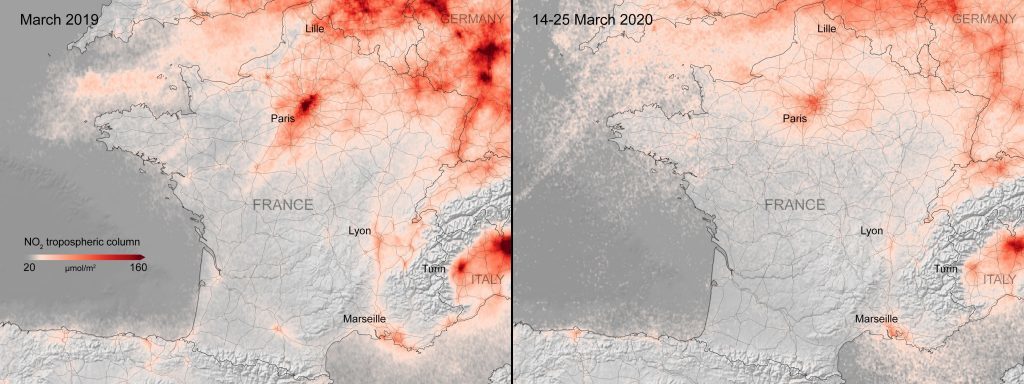
1 May 2020 – US intelligence: the virus was not manmade or genetically modified
The United States intelligence community has concluded the novel coronavirus “was not manmade or genetically modified”, but investigations into the origins of the outbreak are ongoing. “The entire Intelligence Community has been consistently providing critical support to U.S. policymakers and those responding to the COVID-19 virus, which originated in China. The Intelligence Community also concurs with the wide scientific consensus that the COVID-19 virus was not manmade or genetically modified,” the Office of the Director of National Intelligence said. The intelligence community added it “will continue to rigorously examine emerging information and intelligence to determine whether the outbreak began through contact with infected animals or if it was the result of an accident at a laboratory in Wuhan”.

